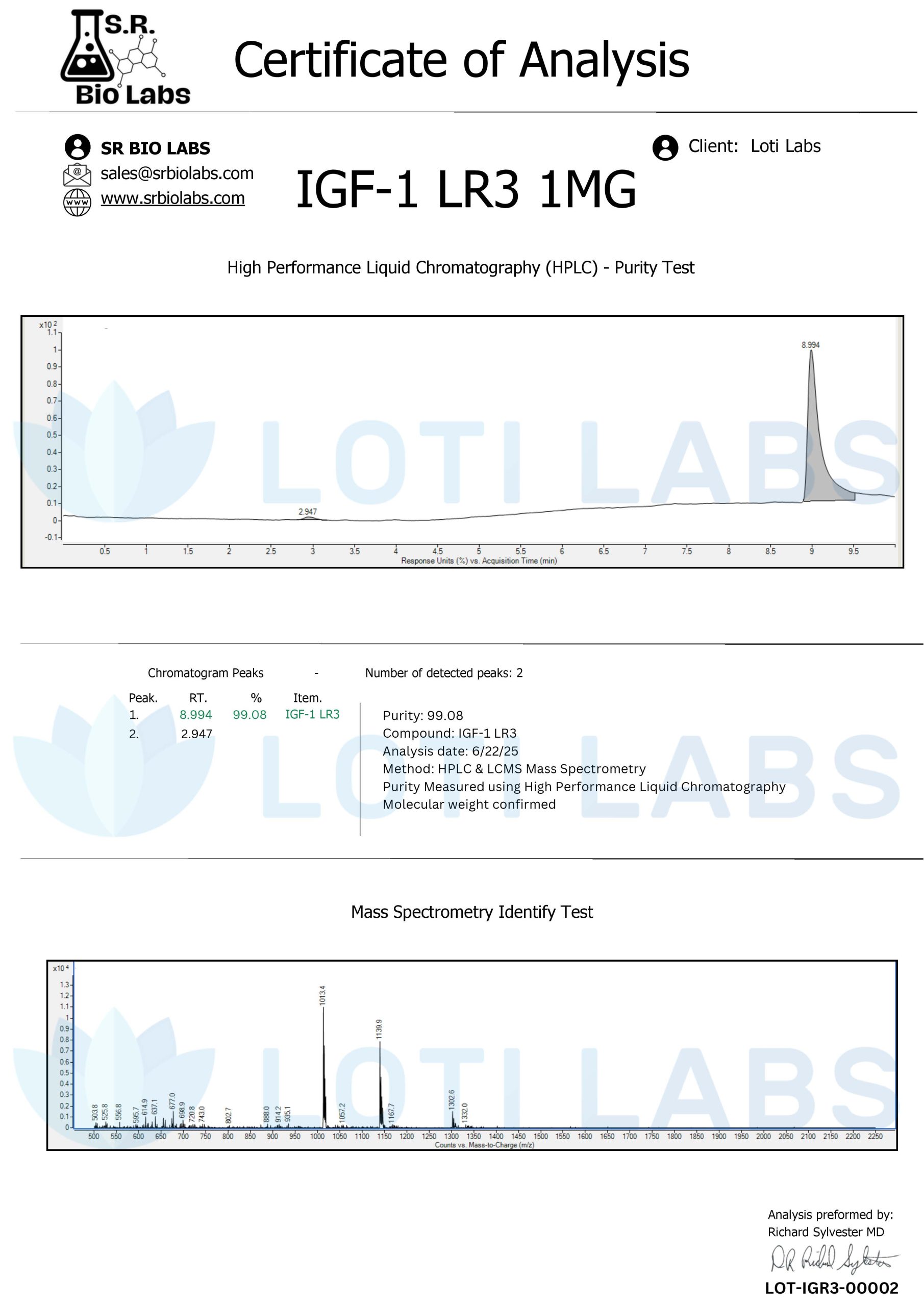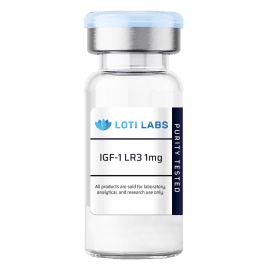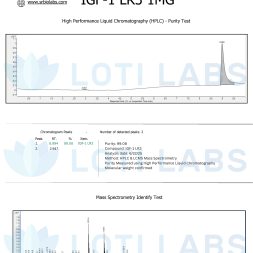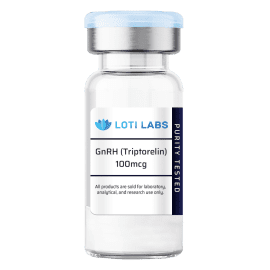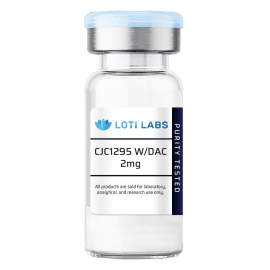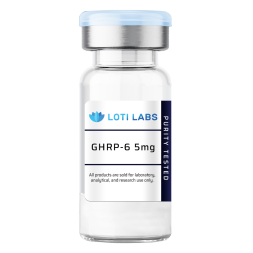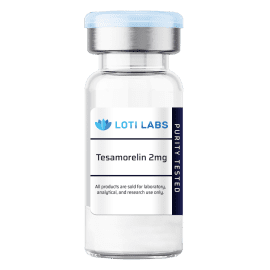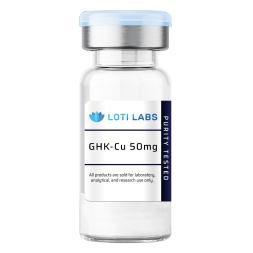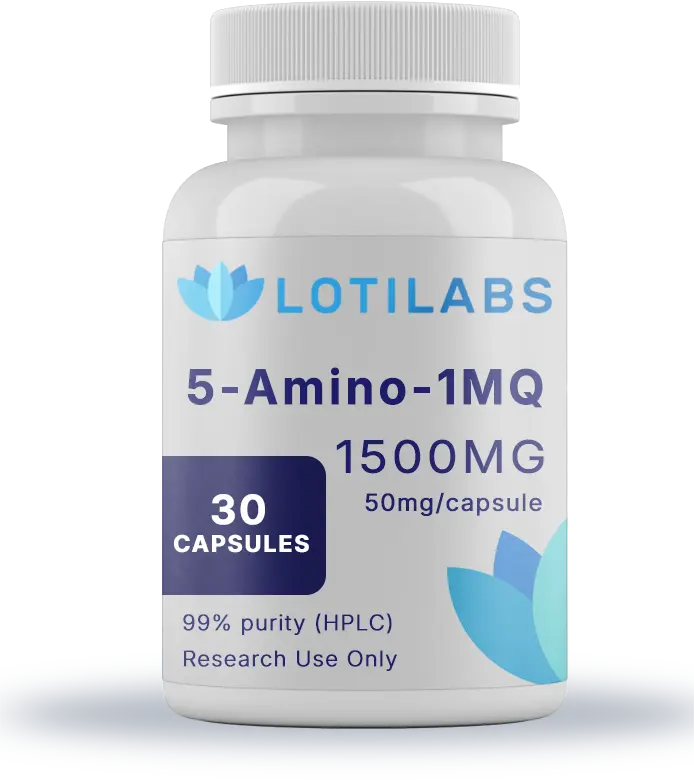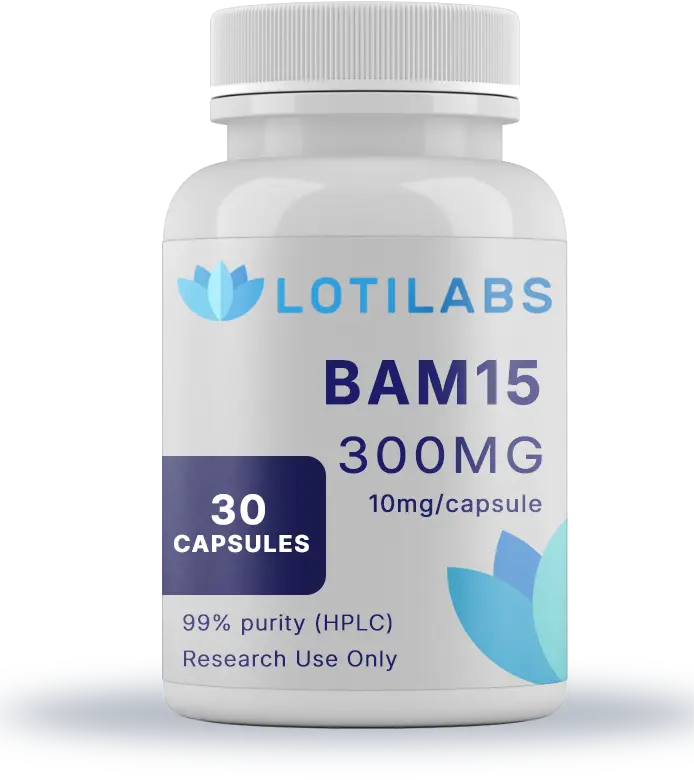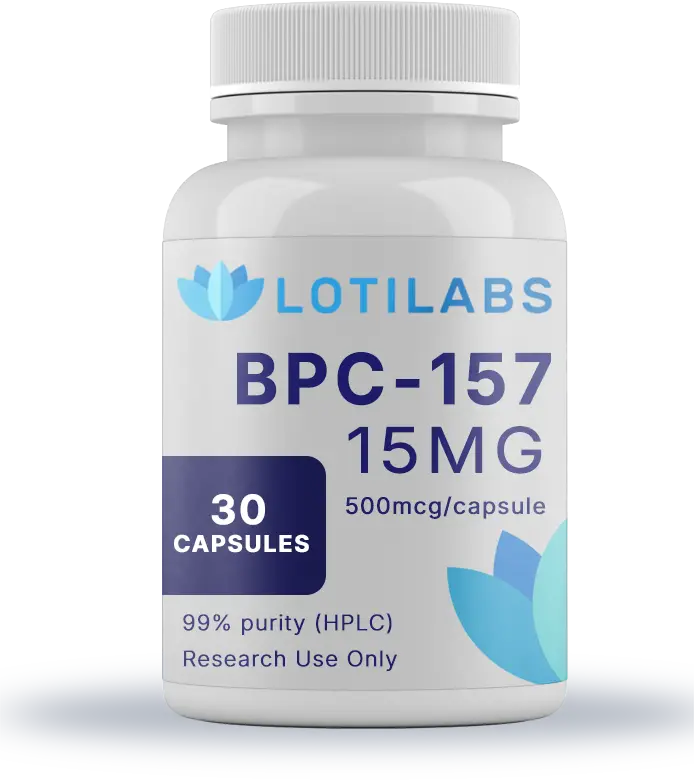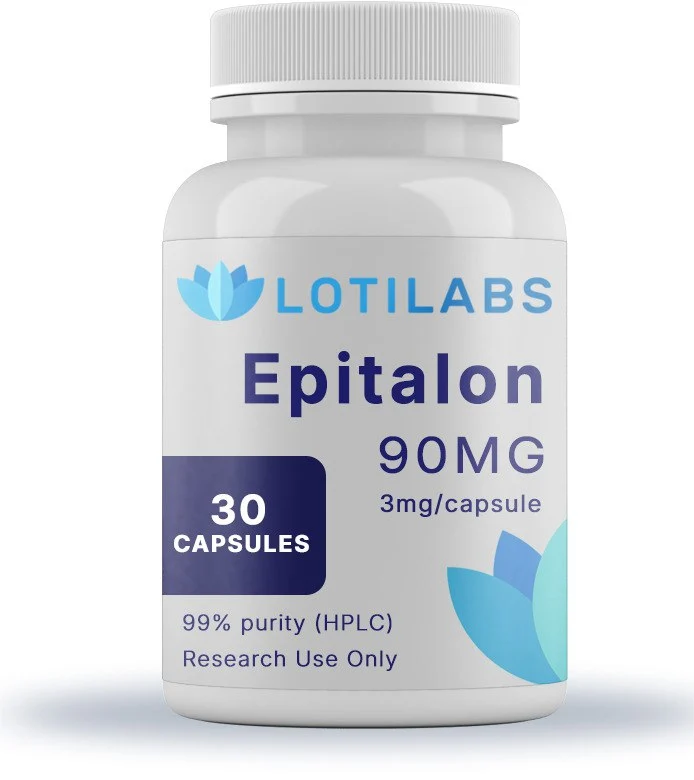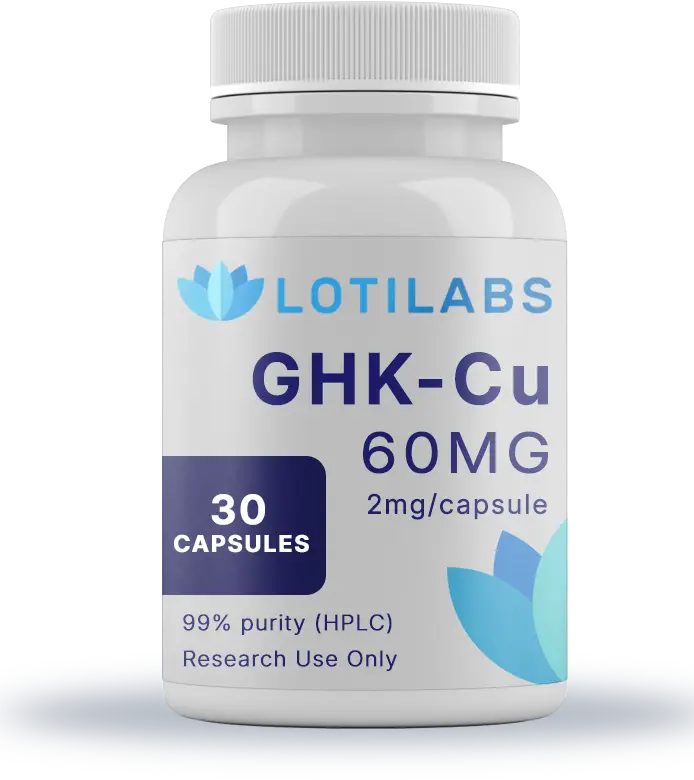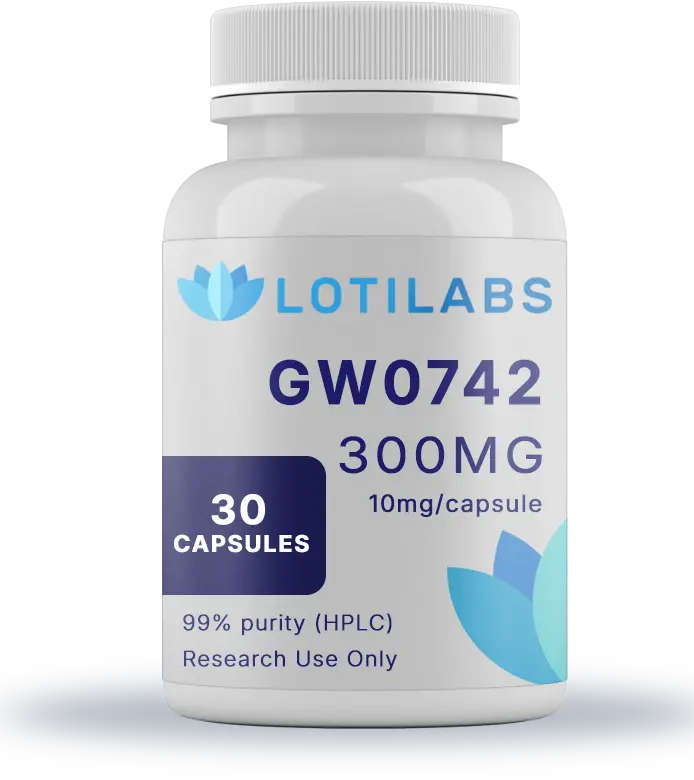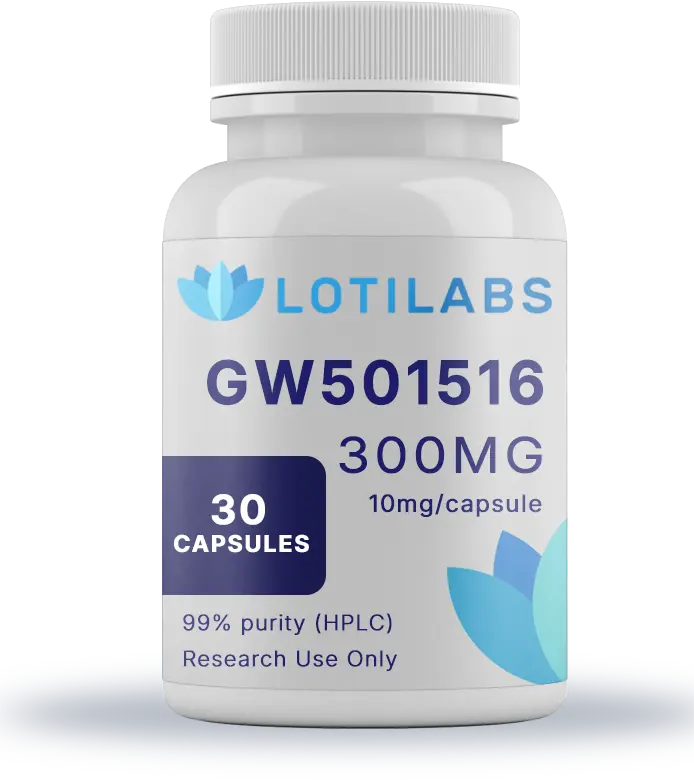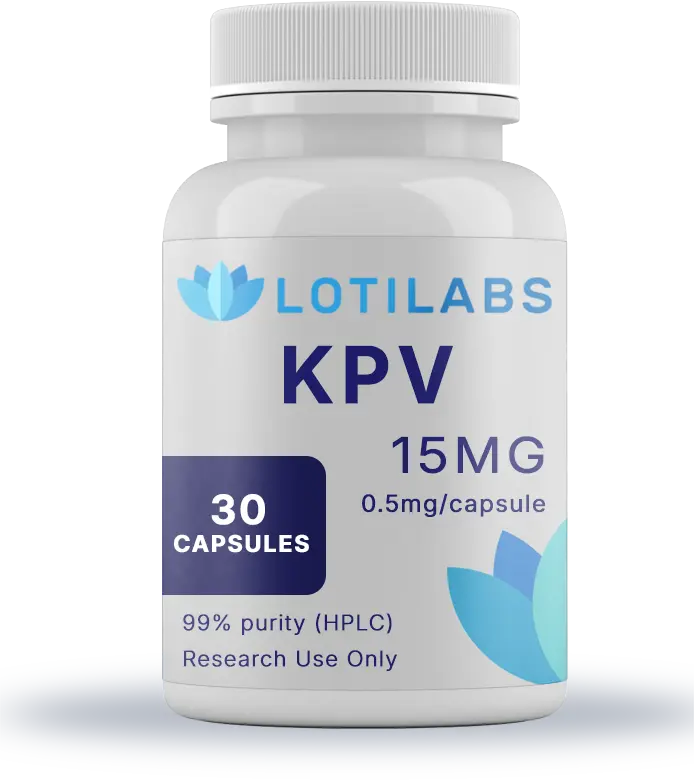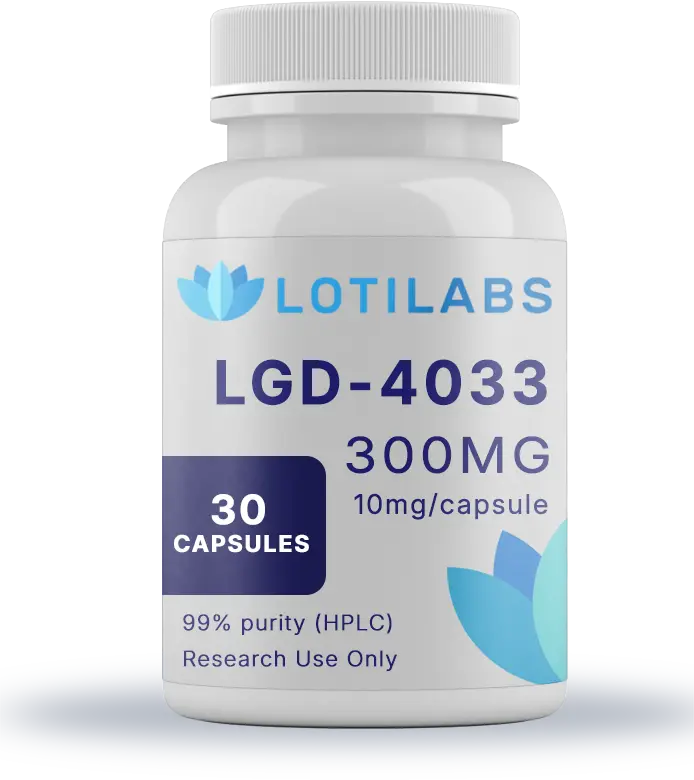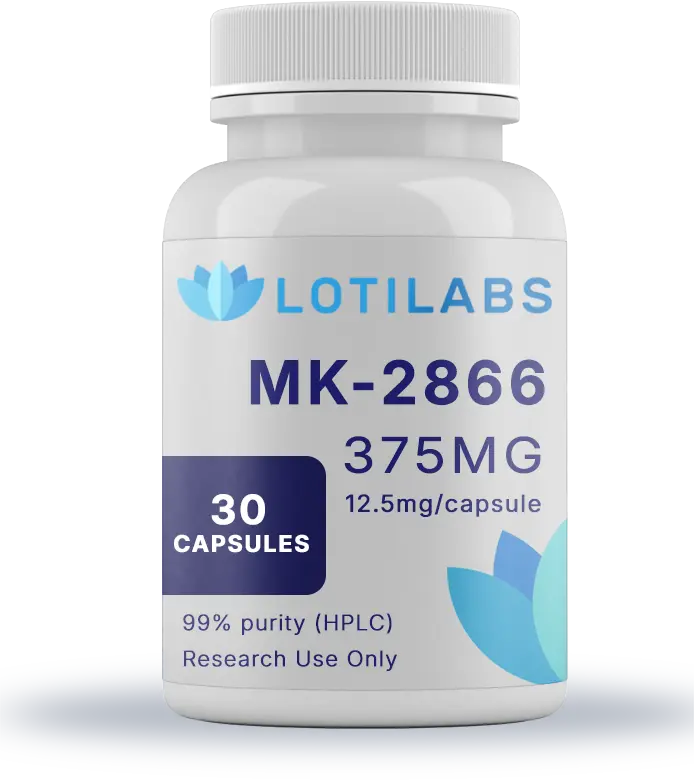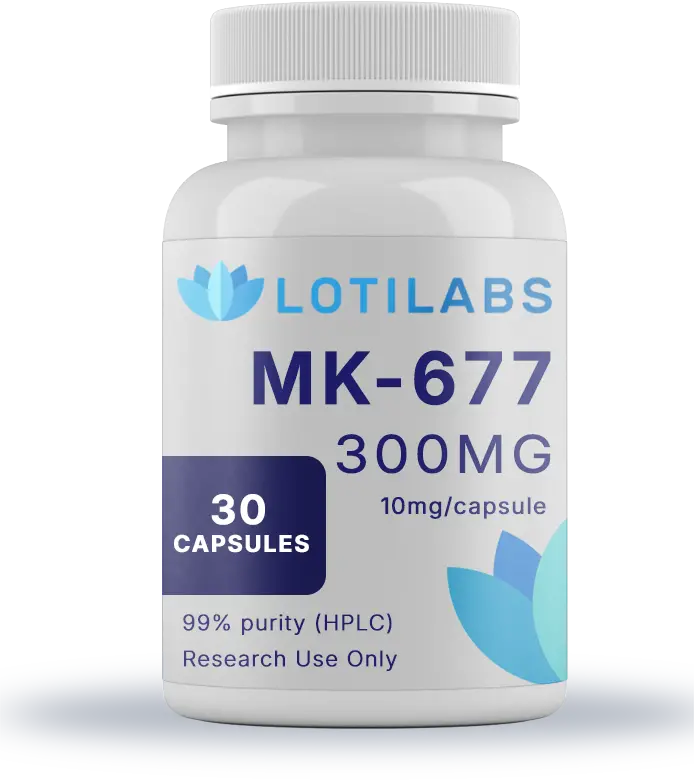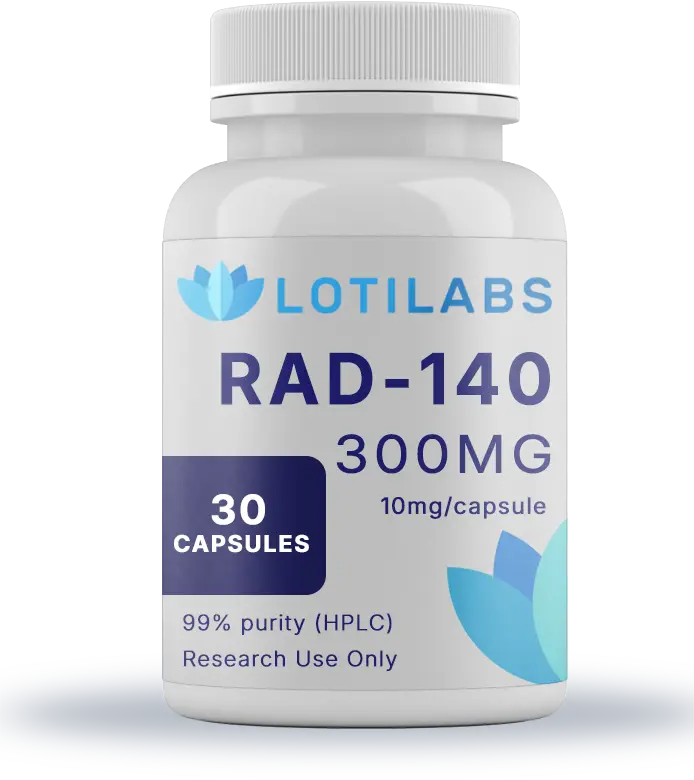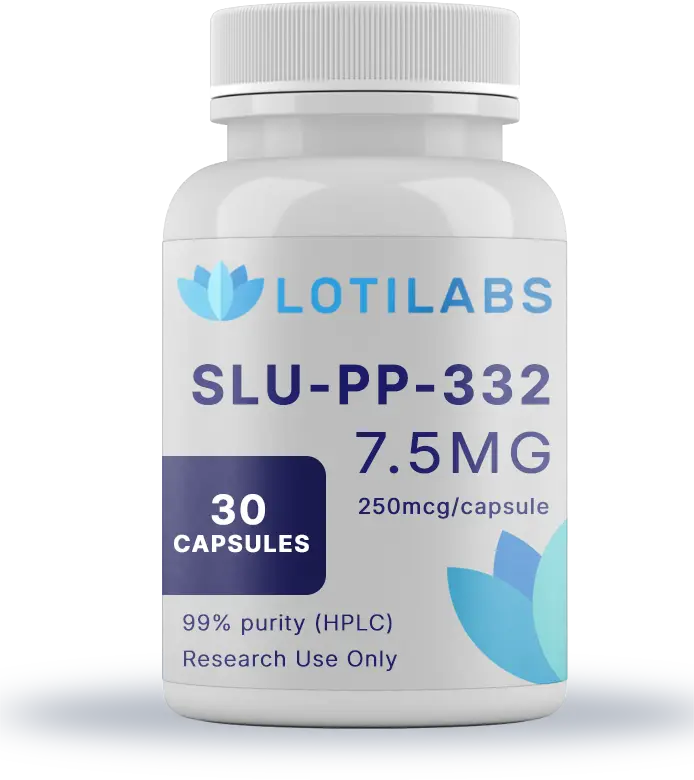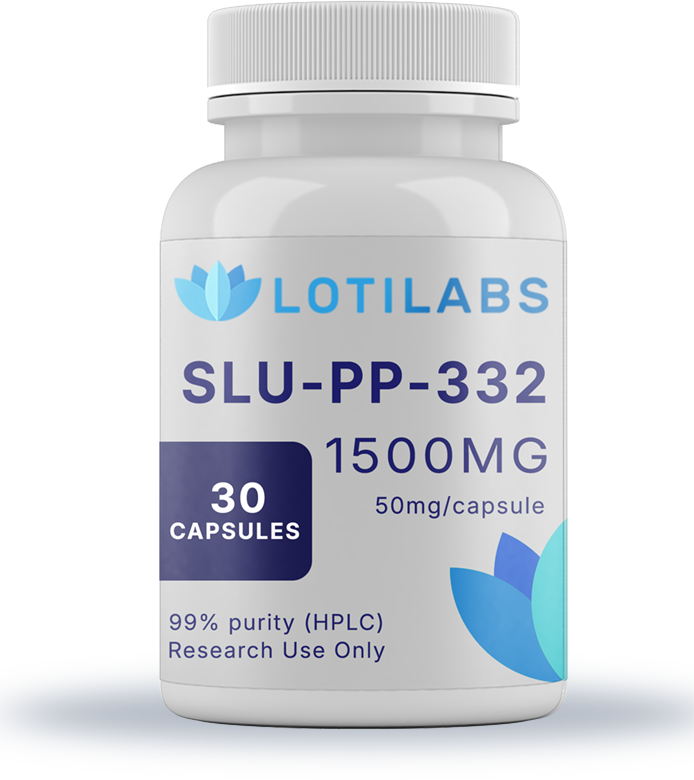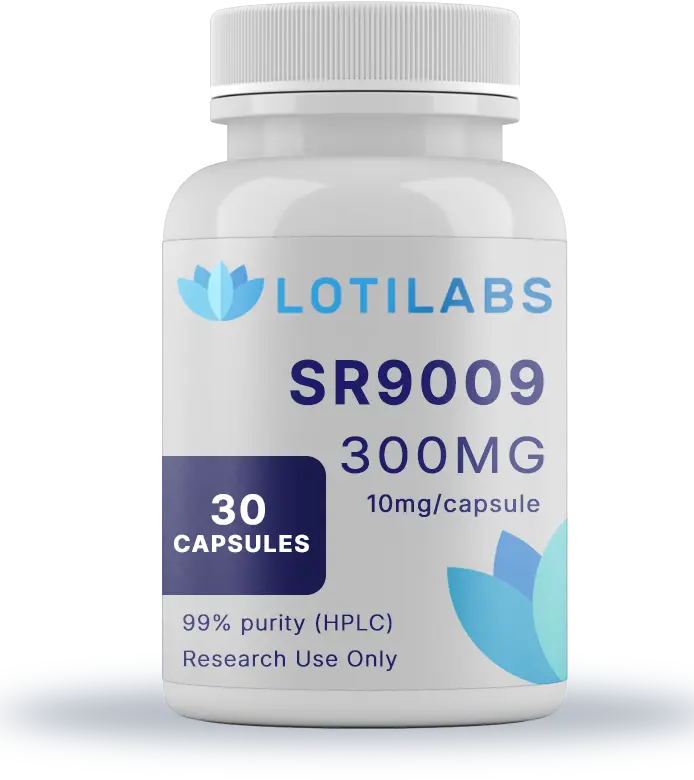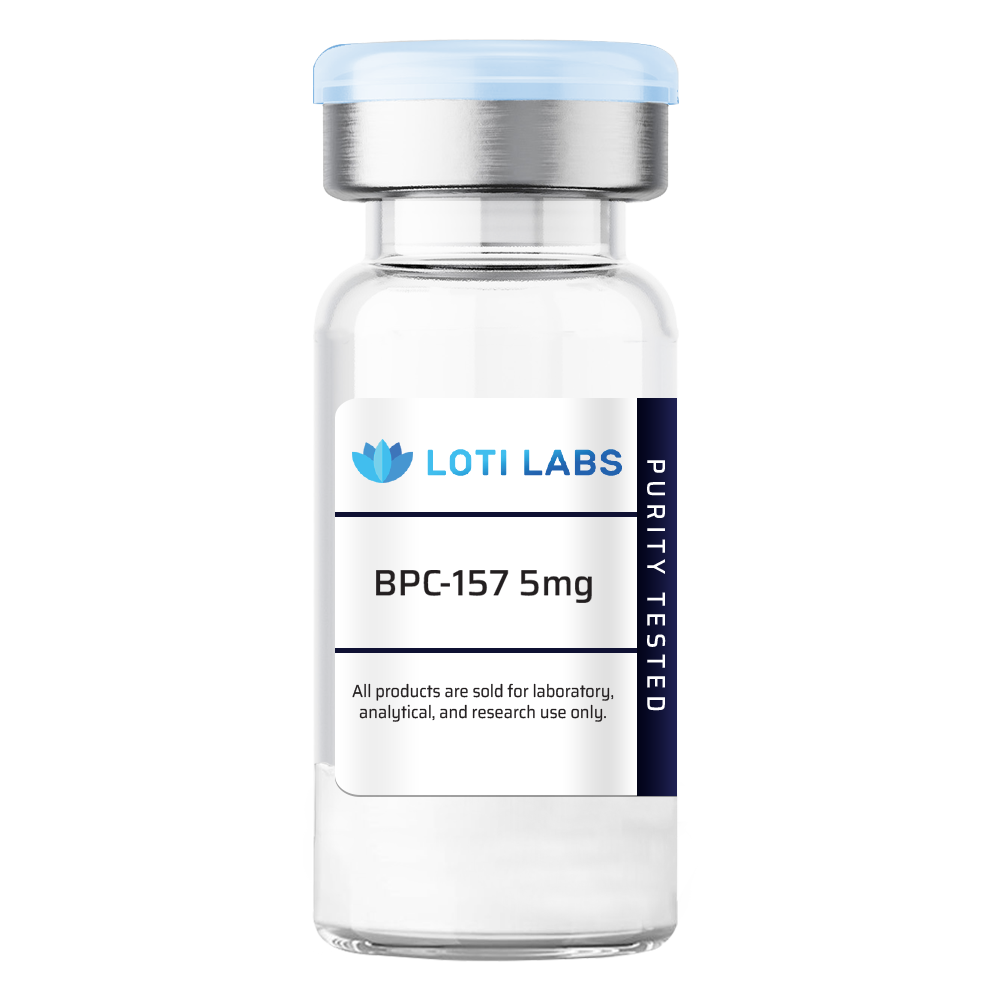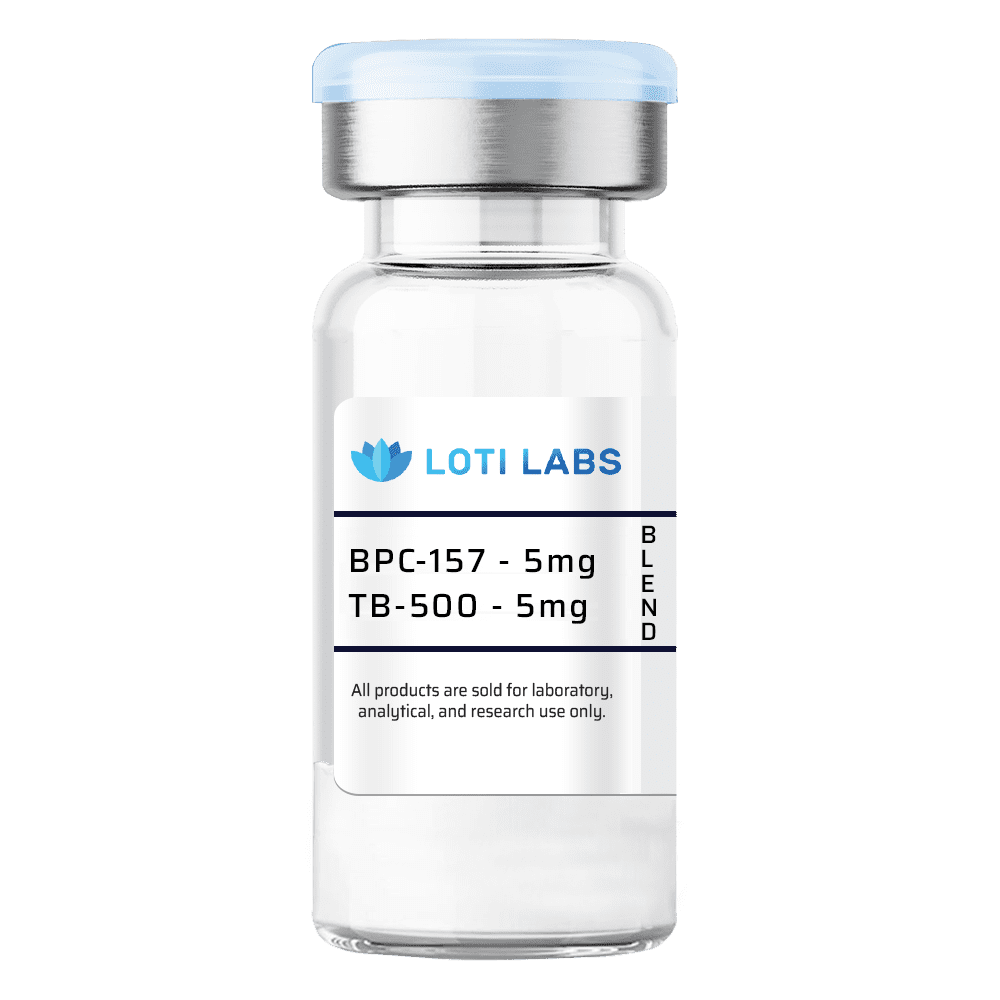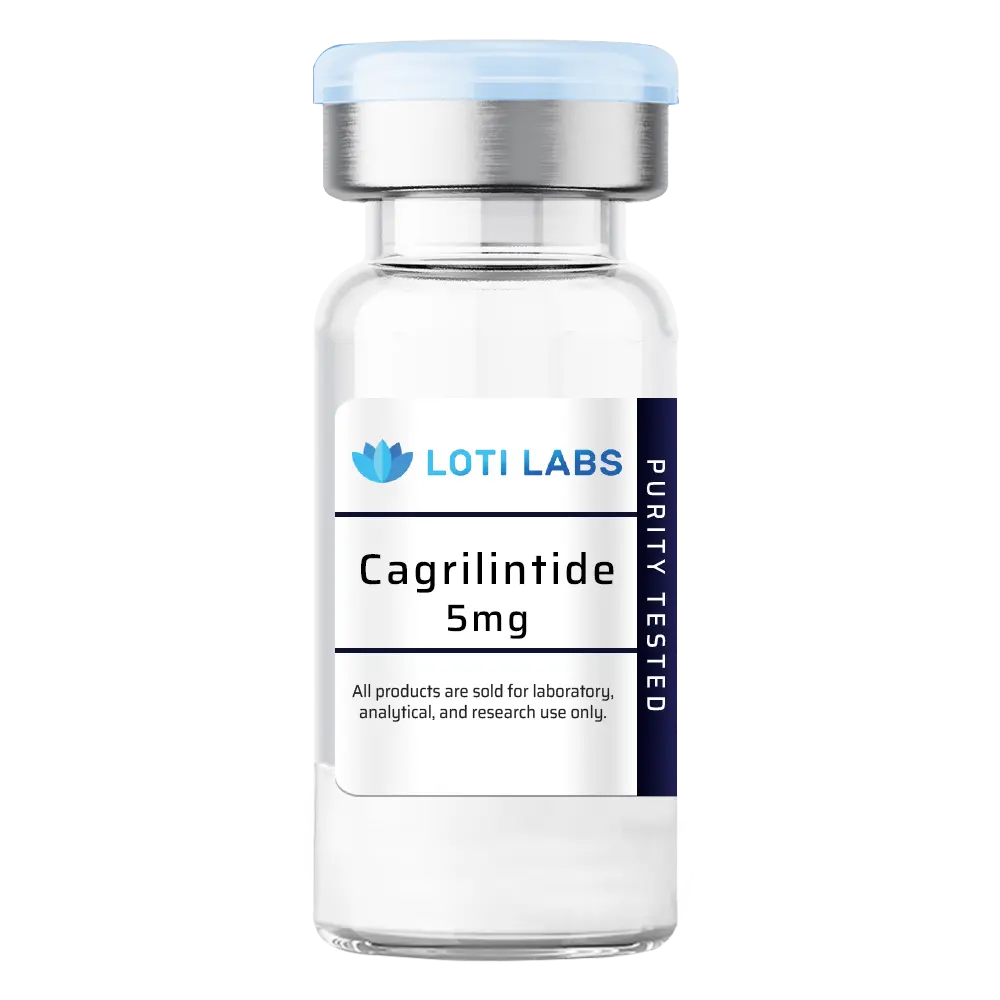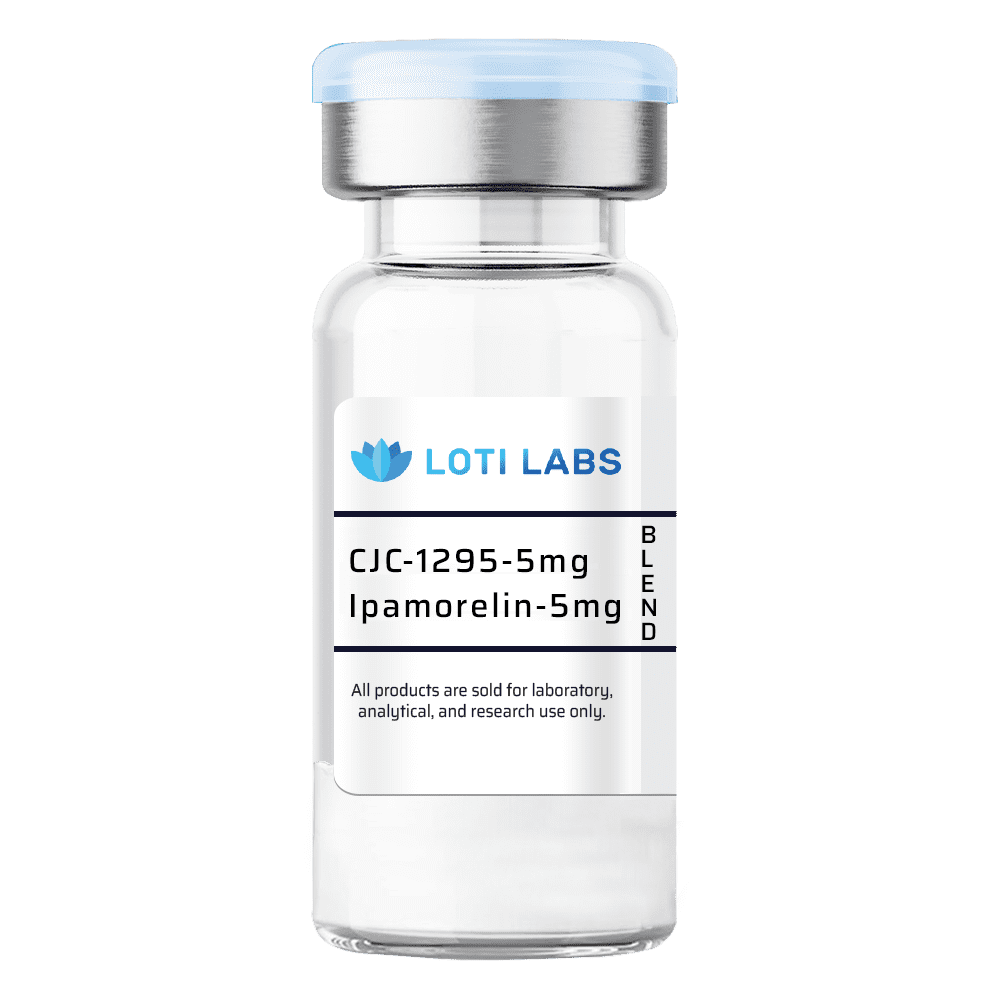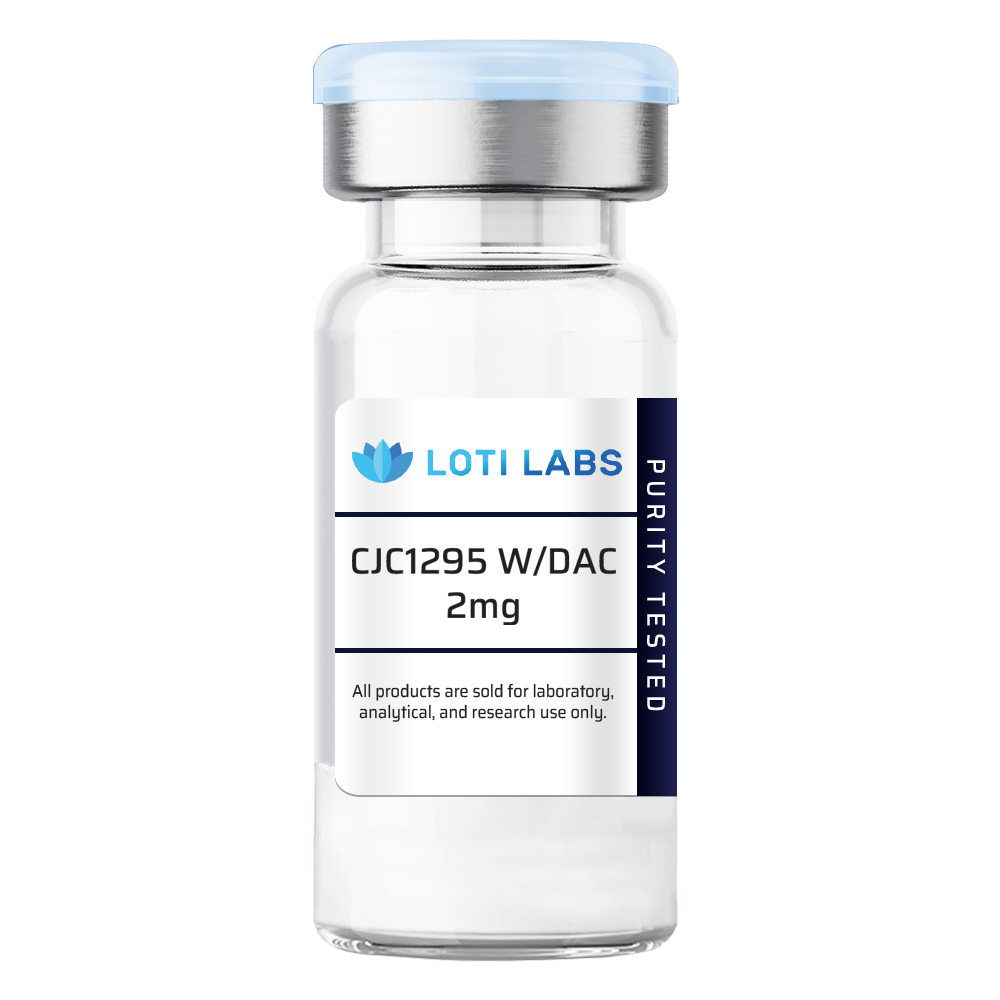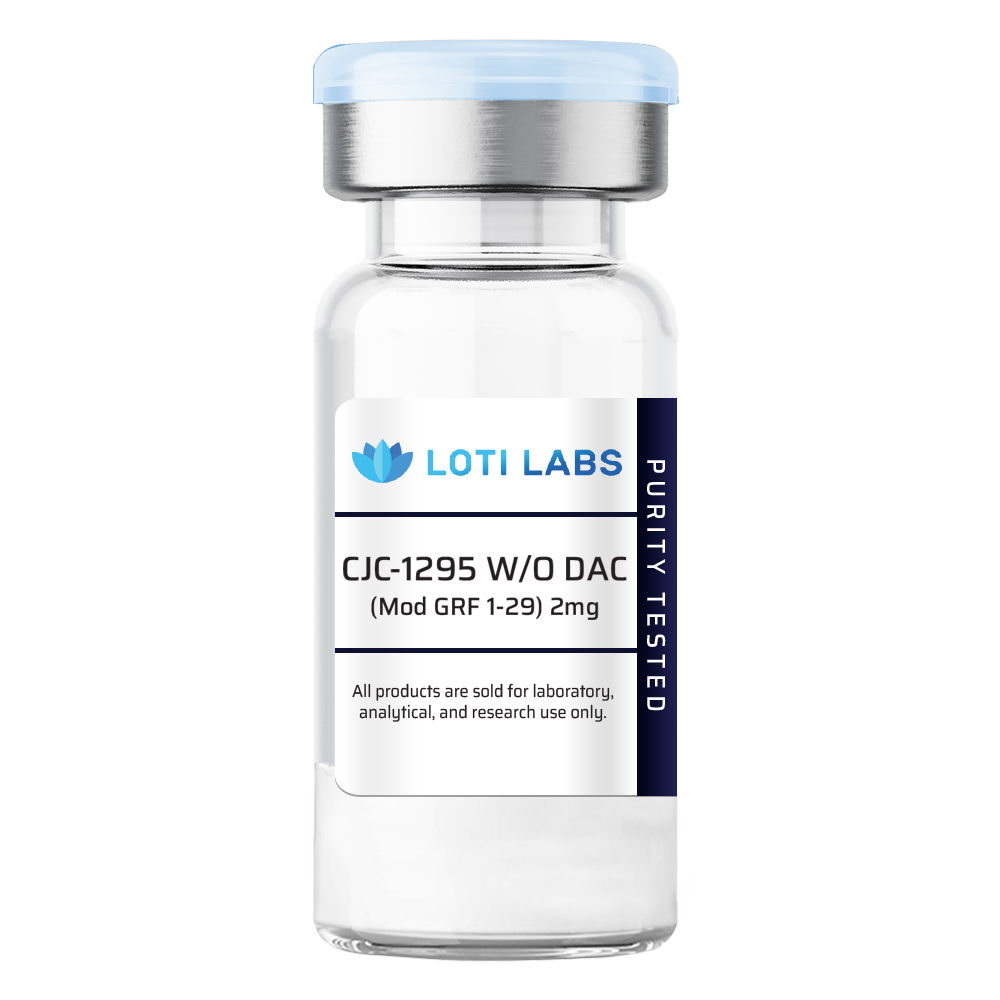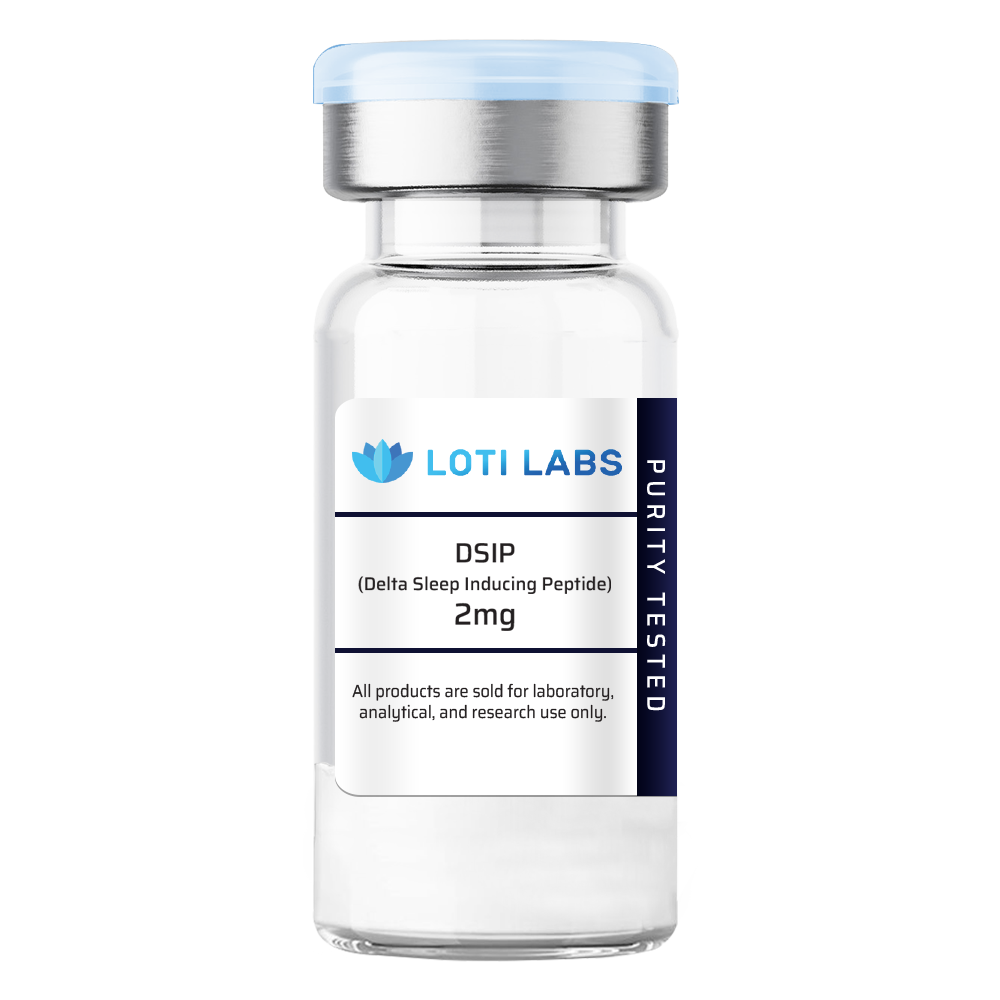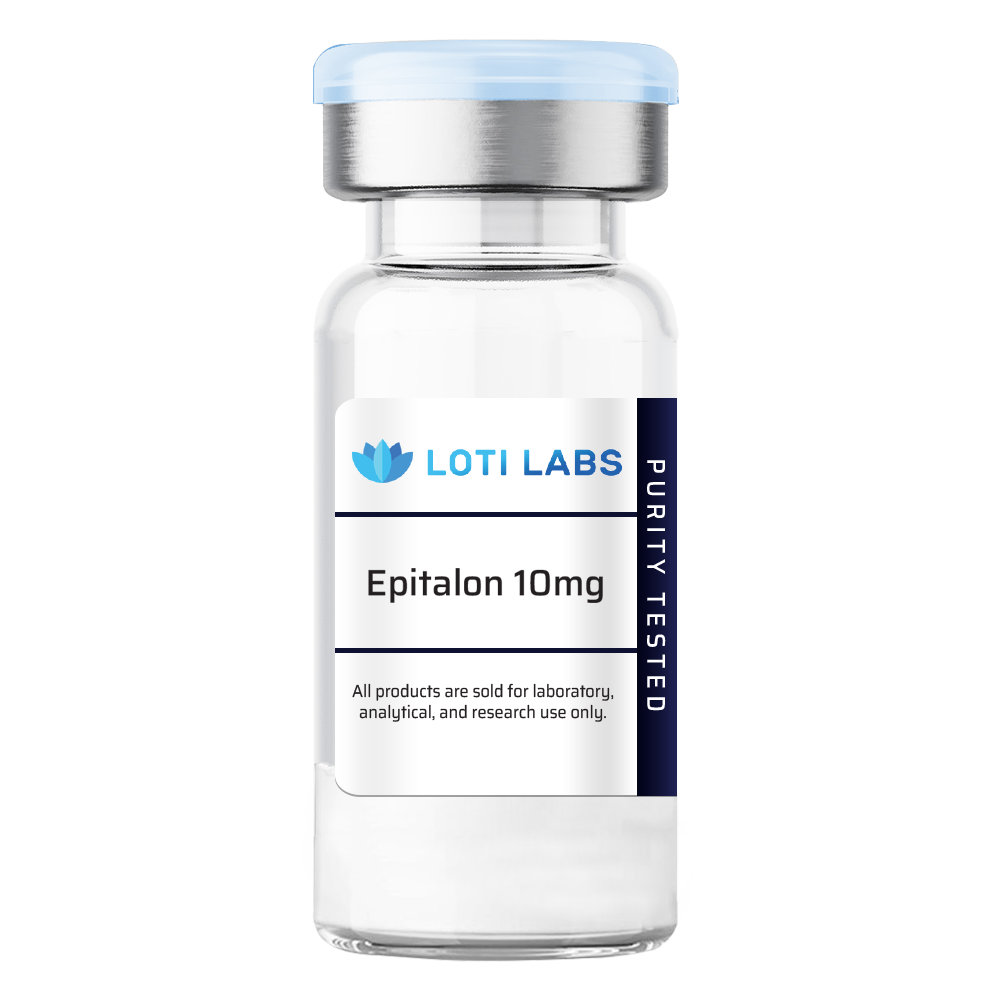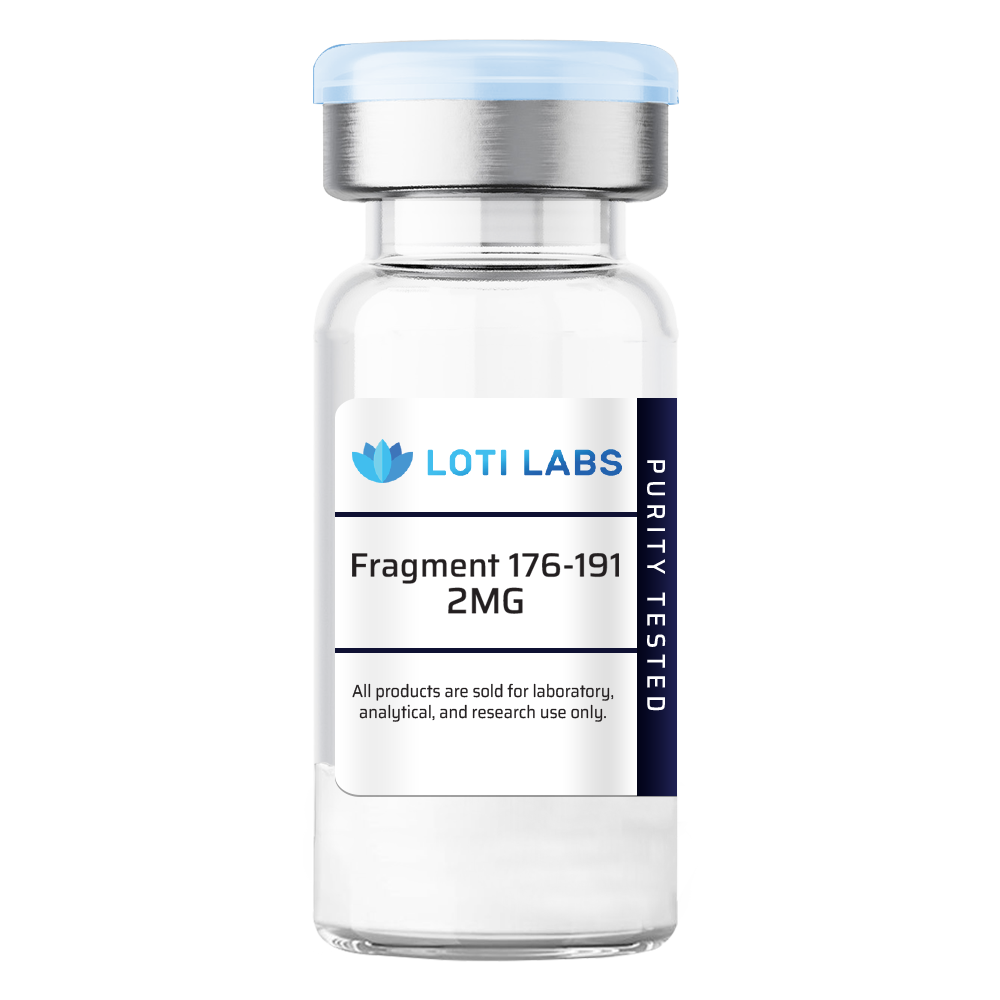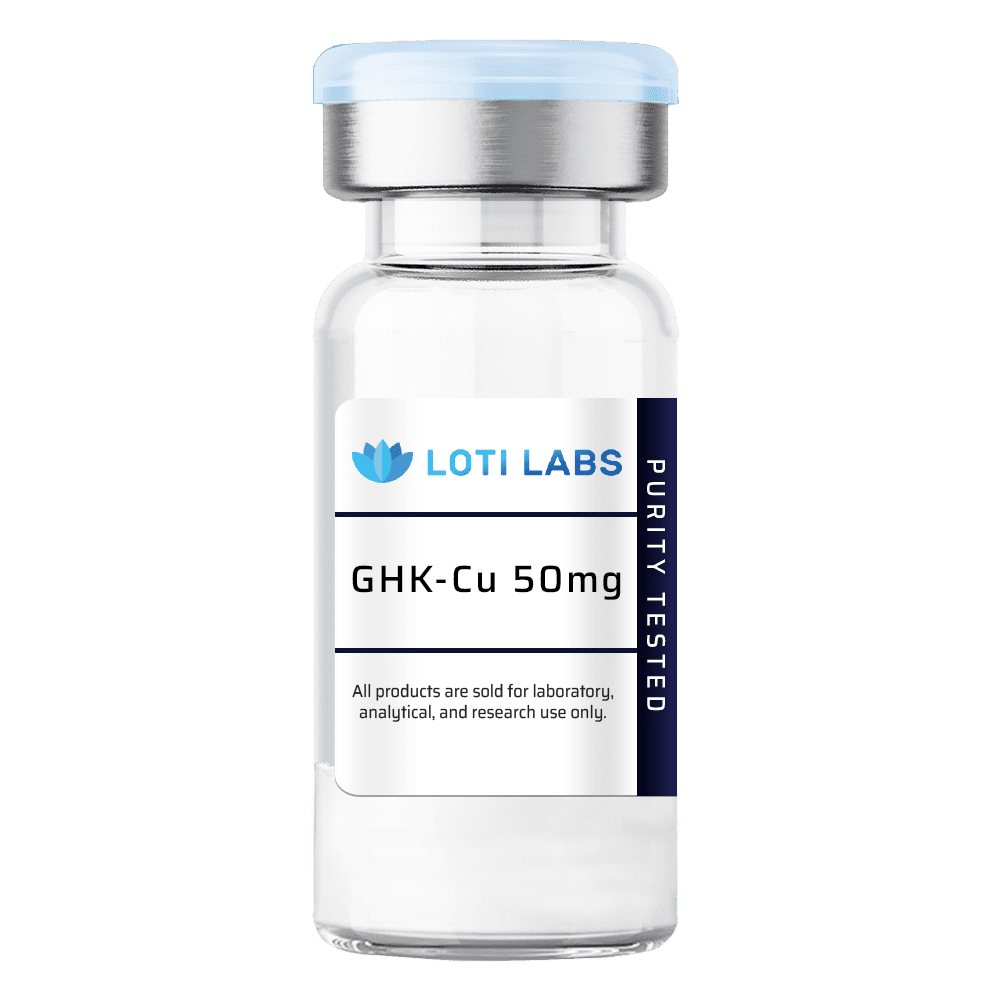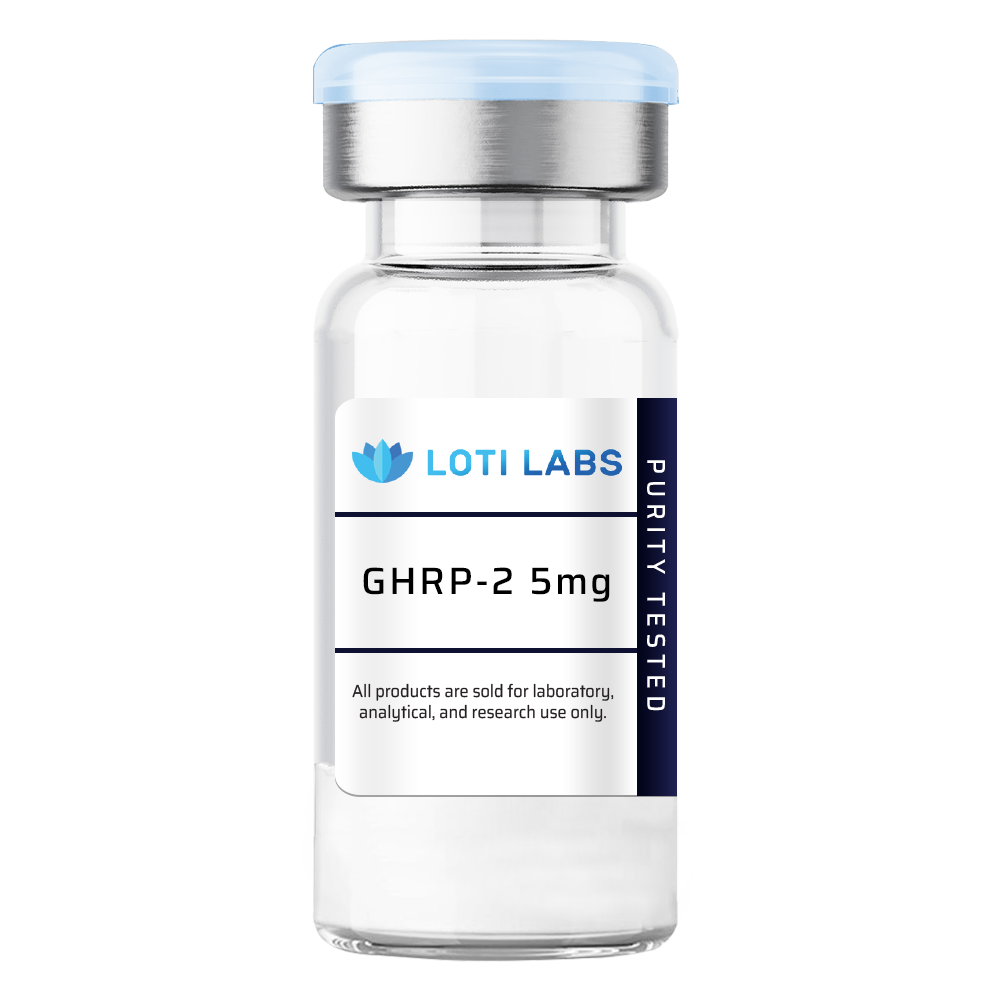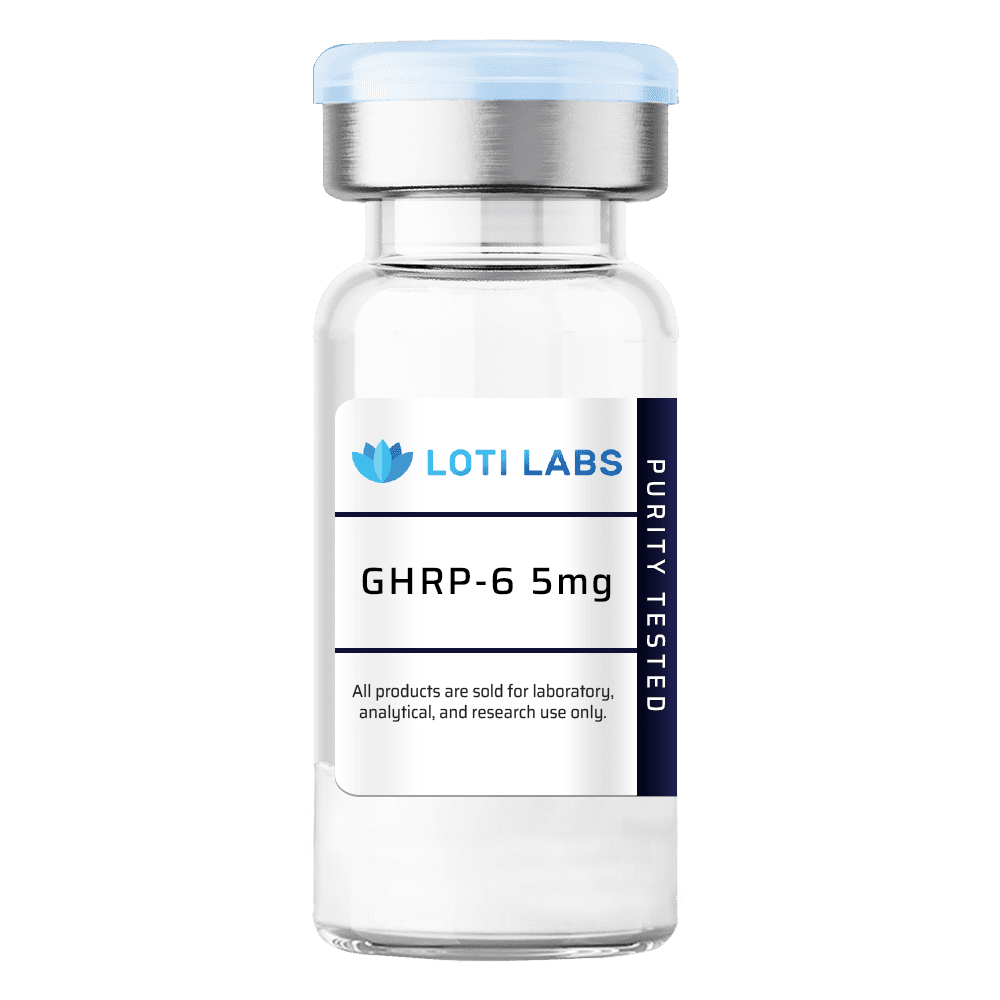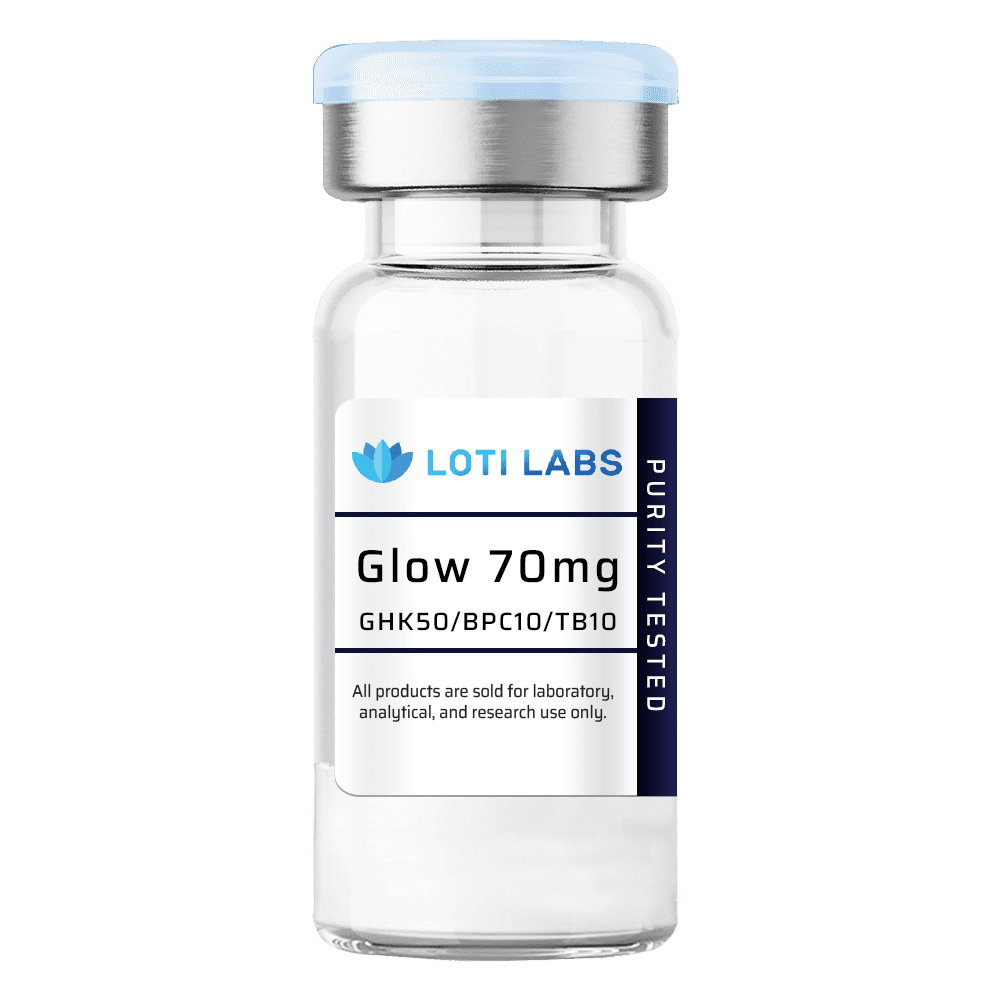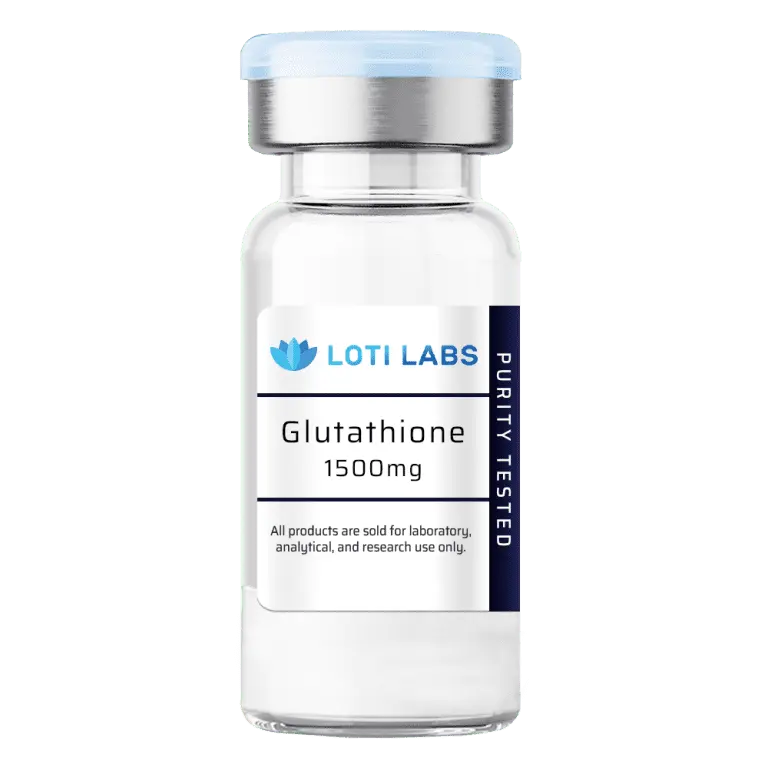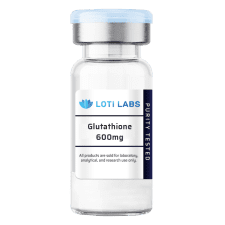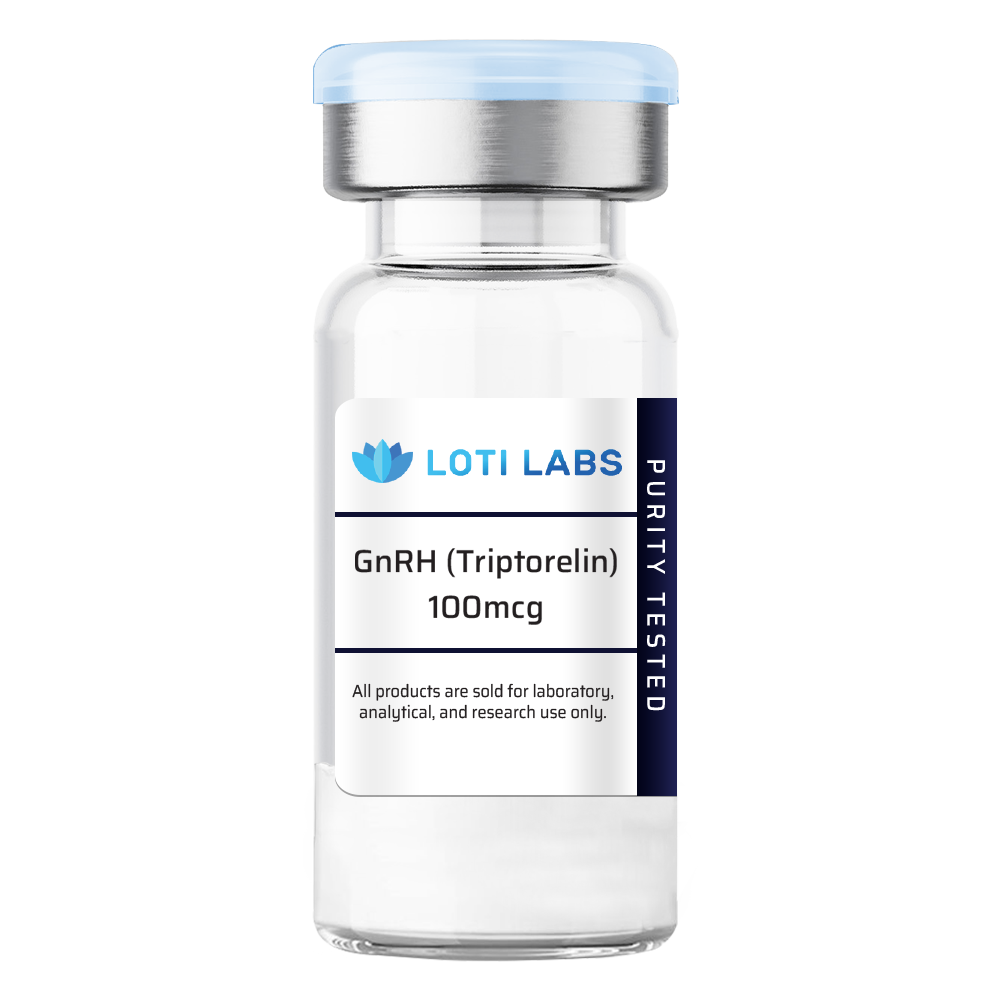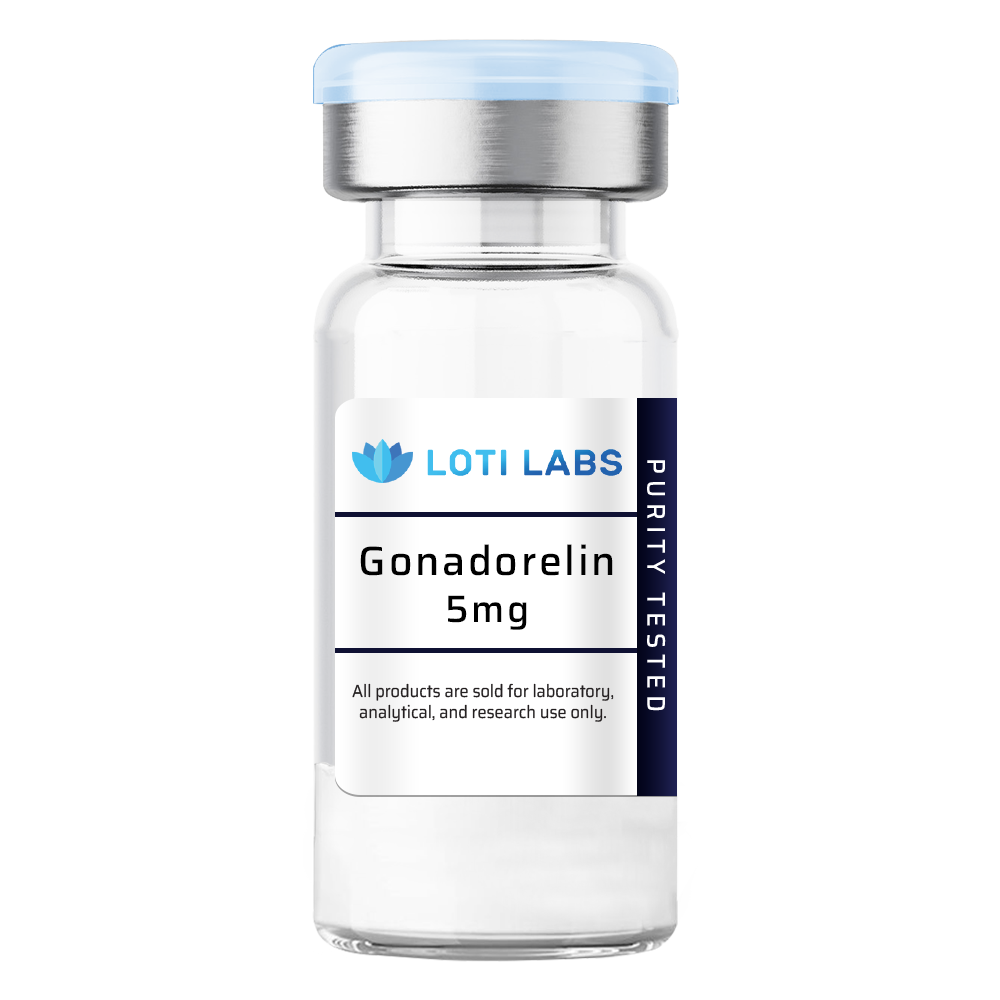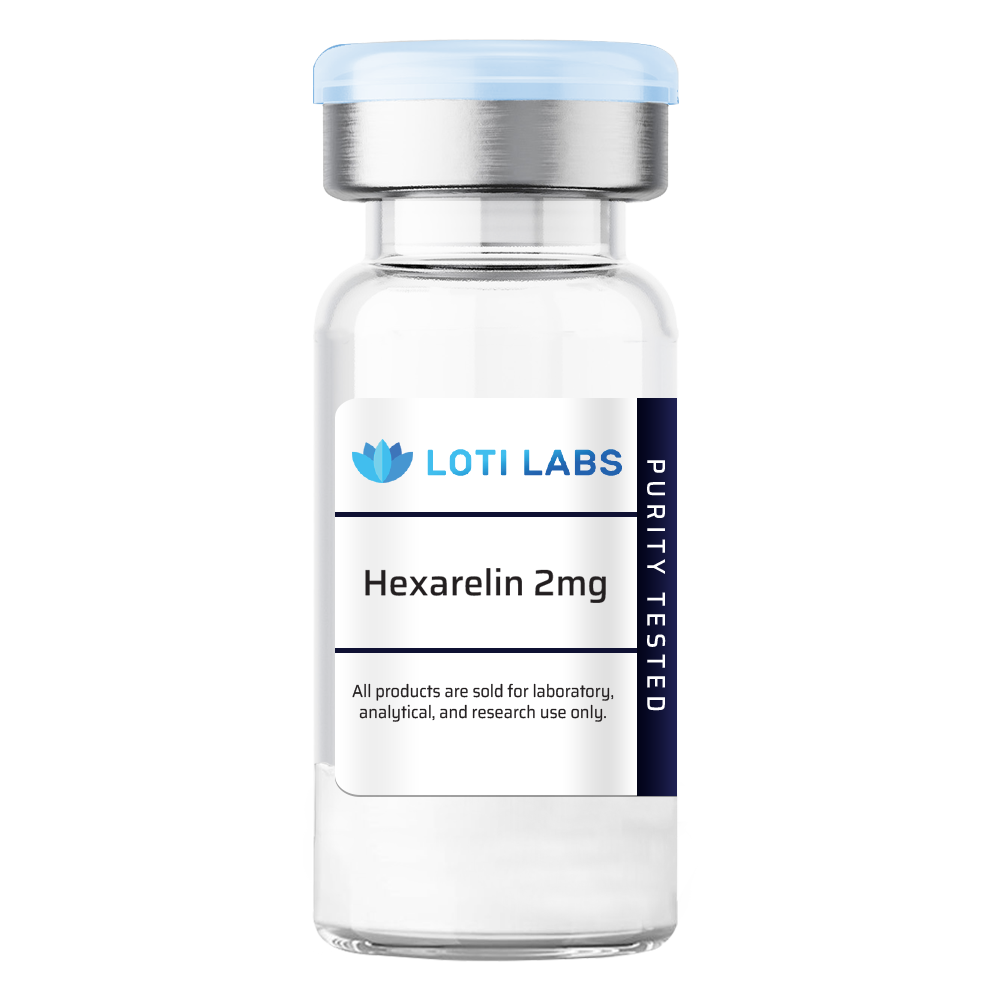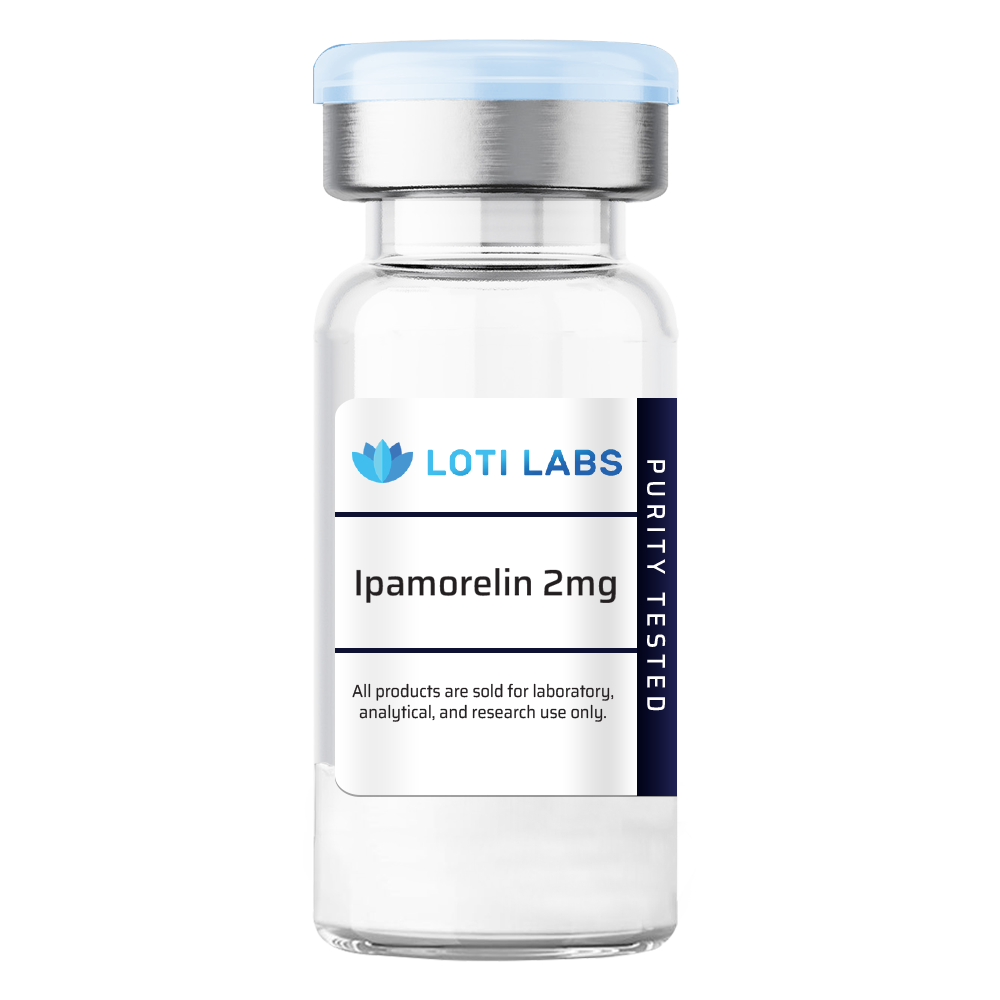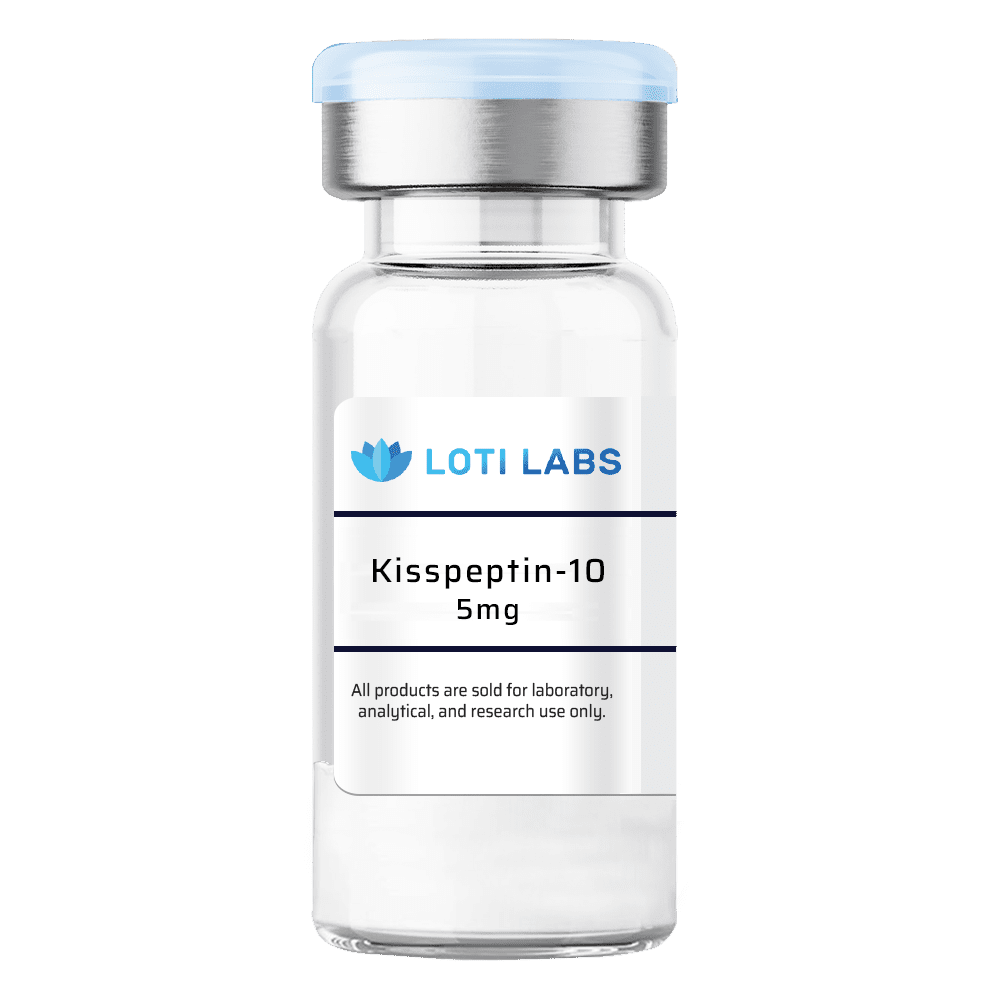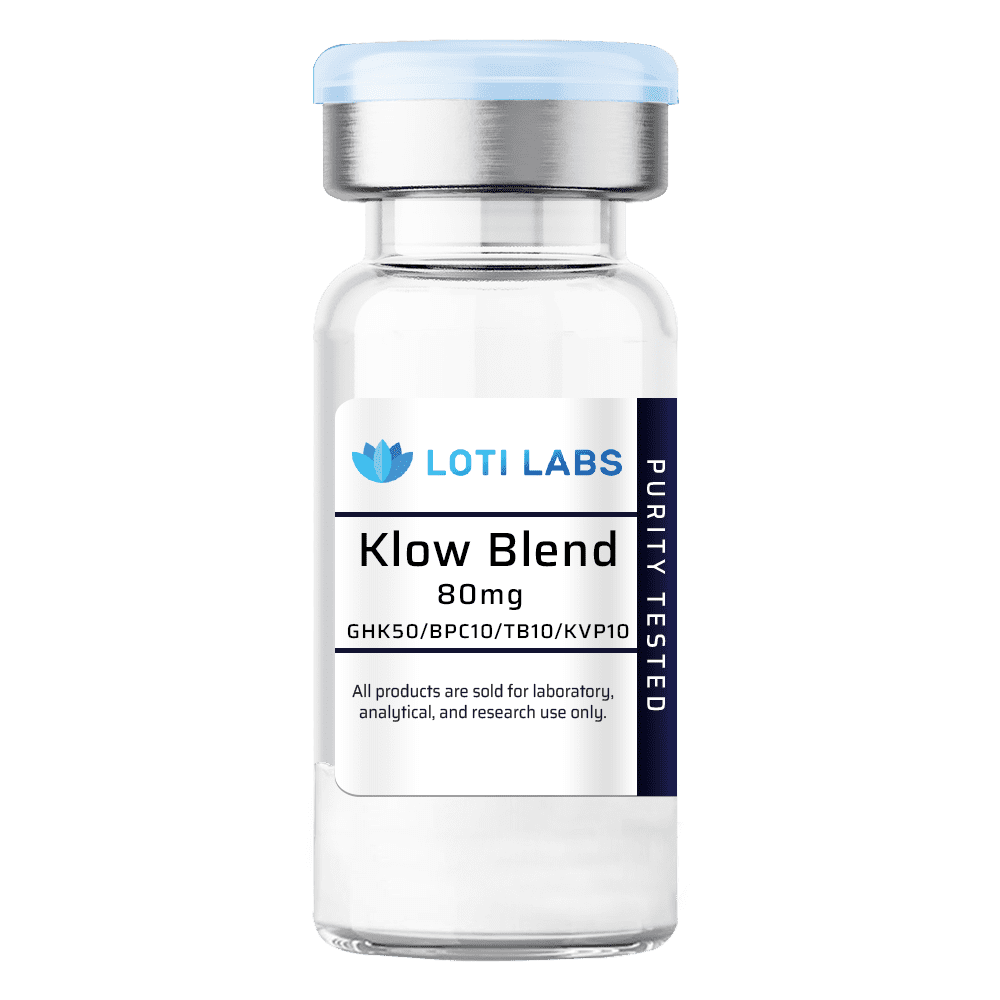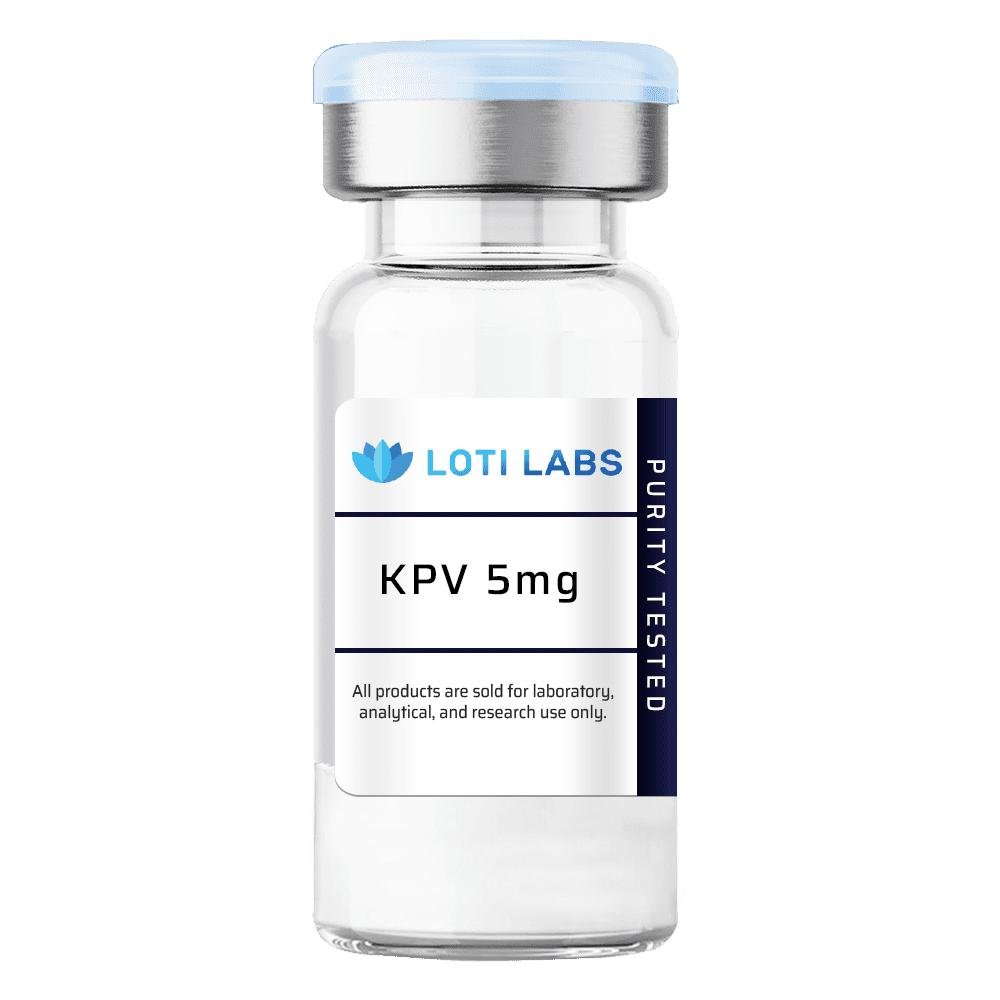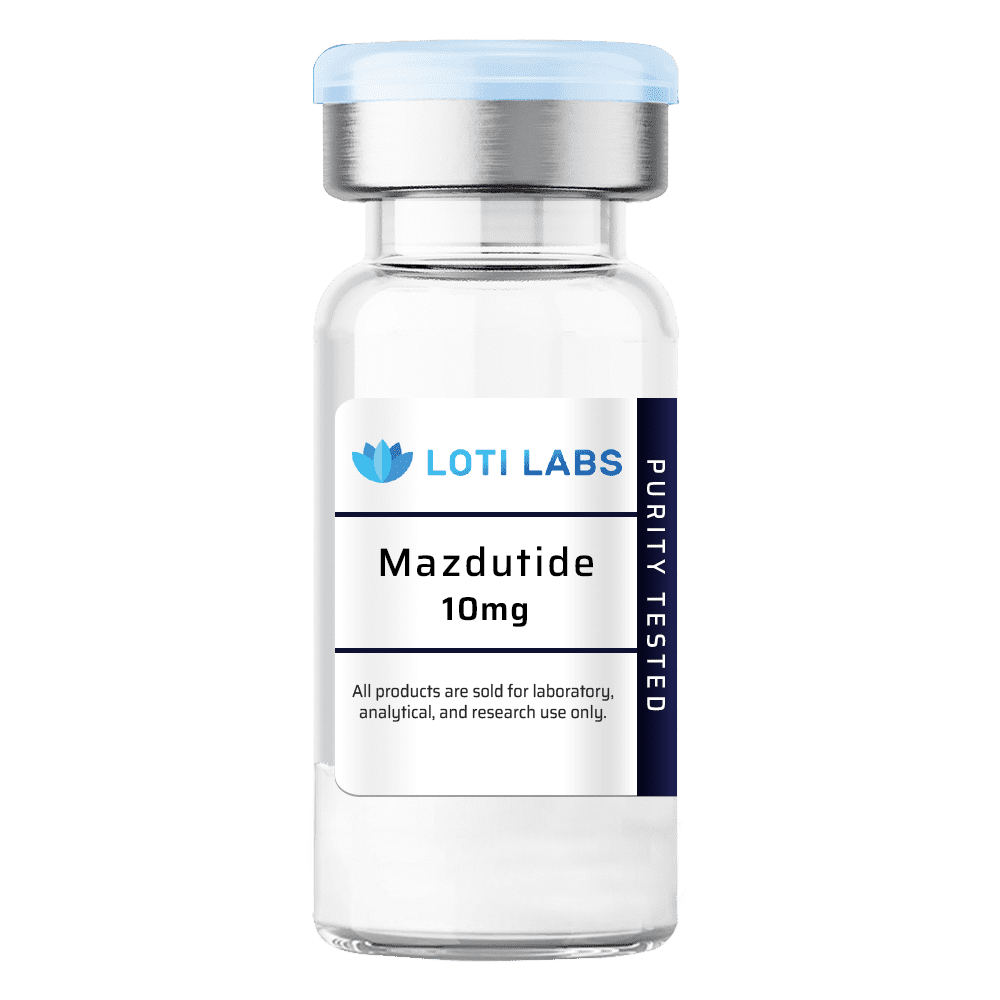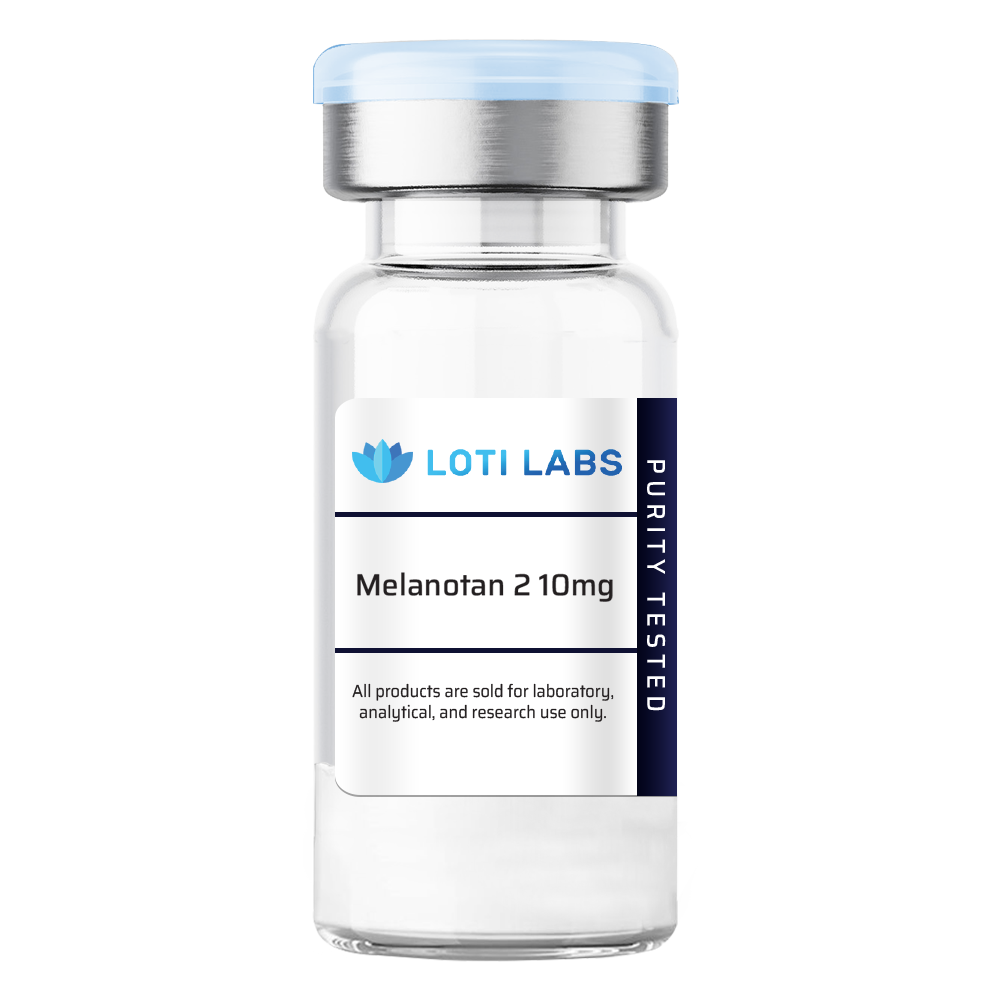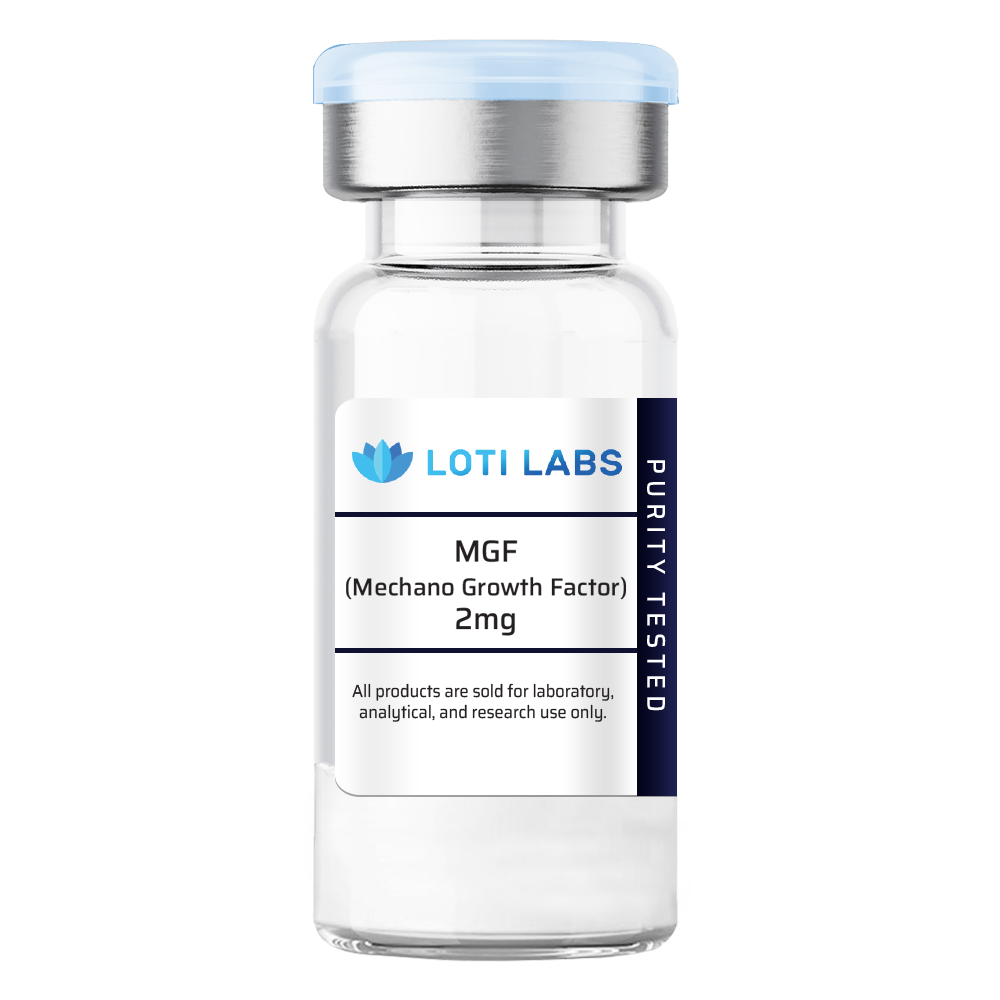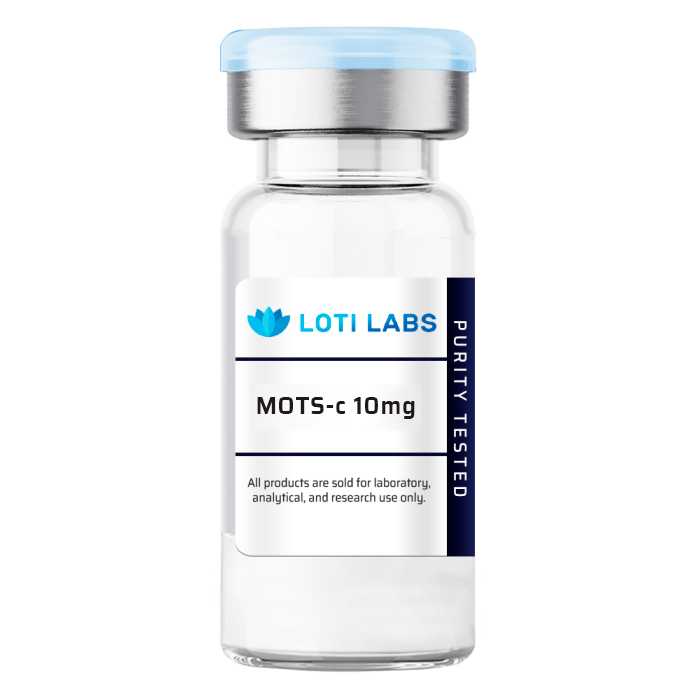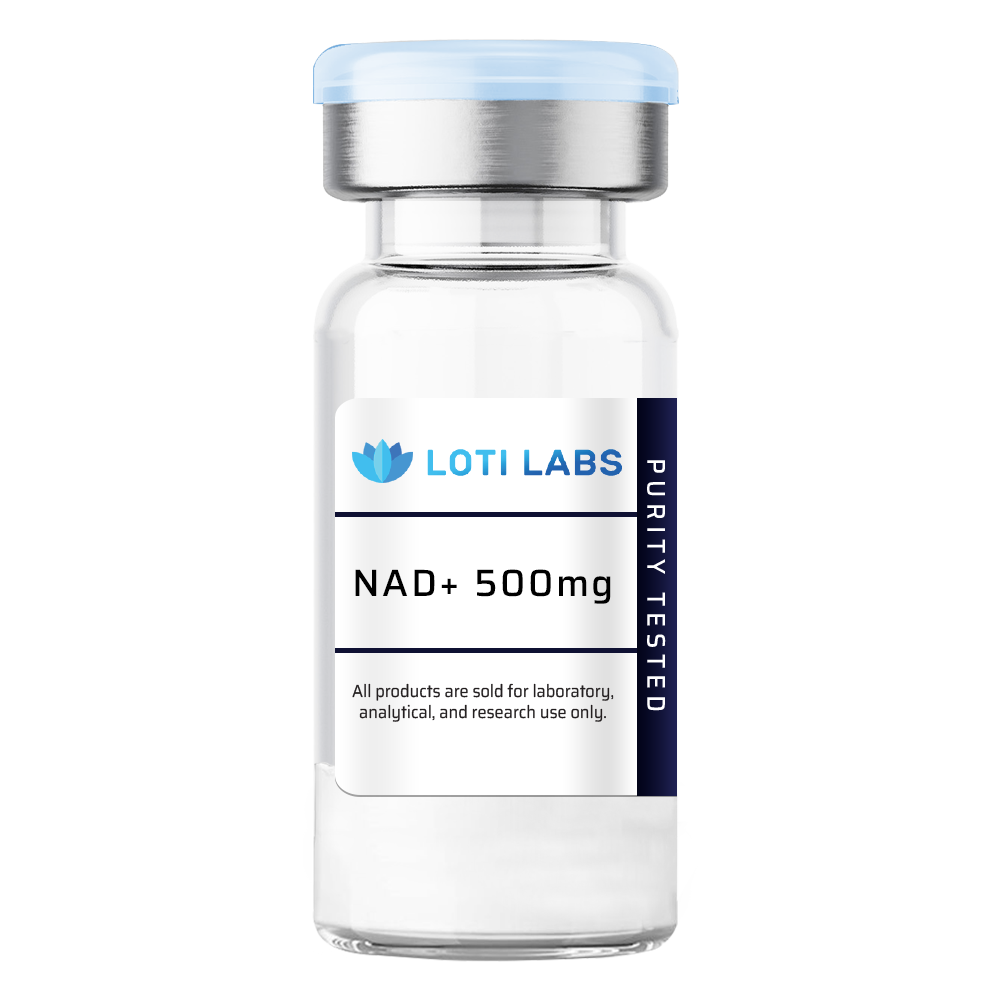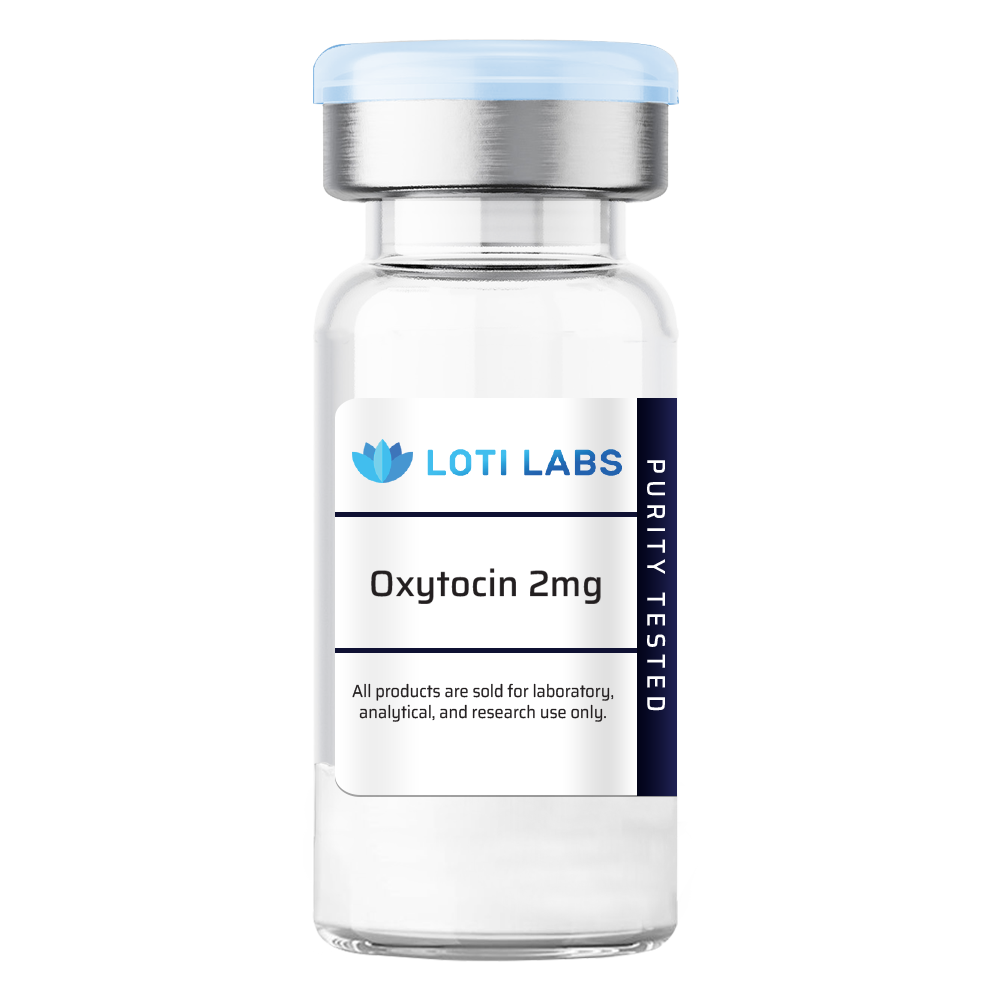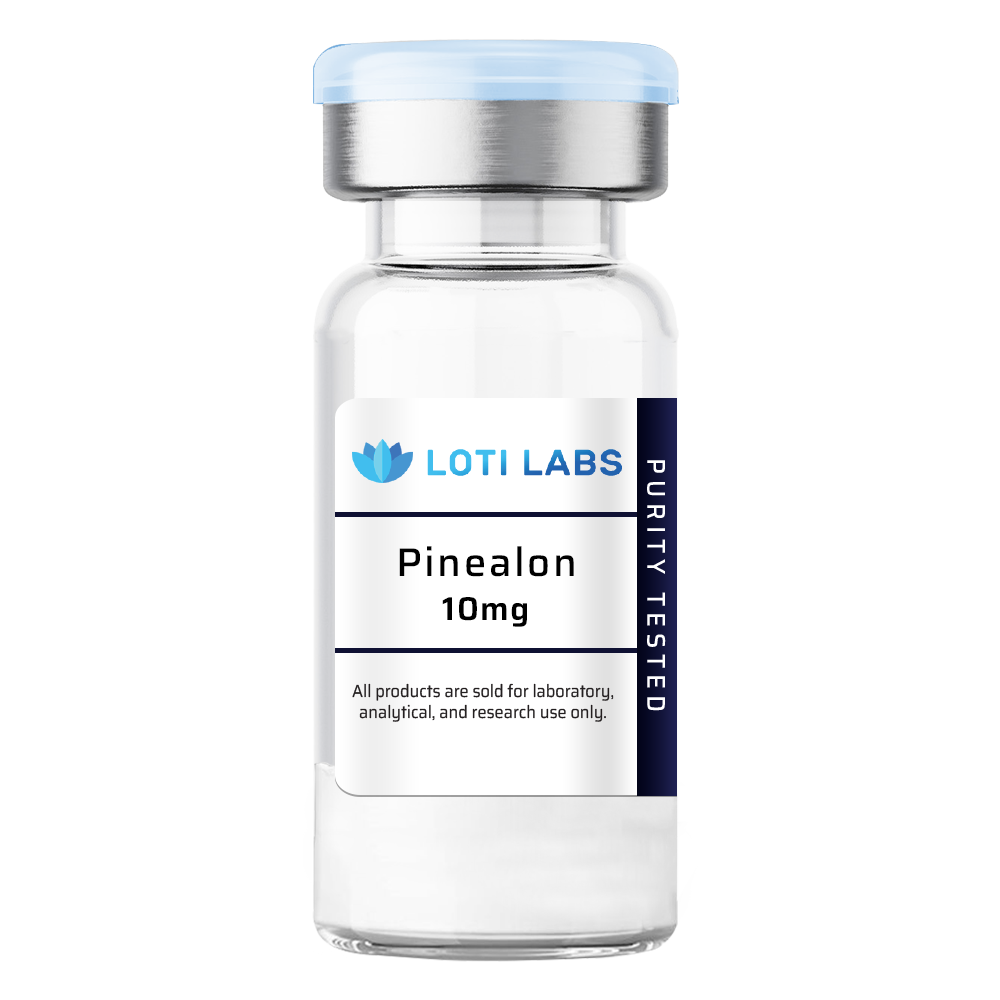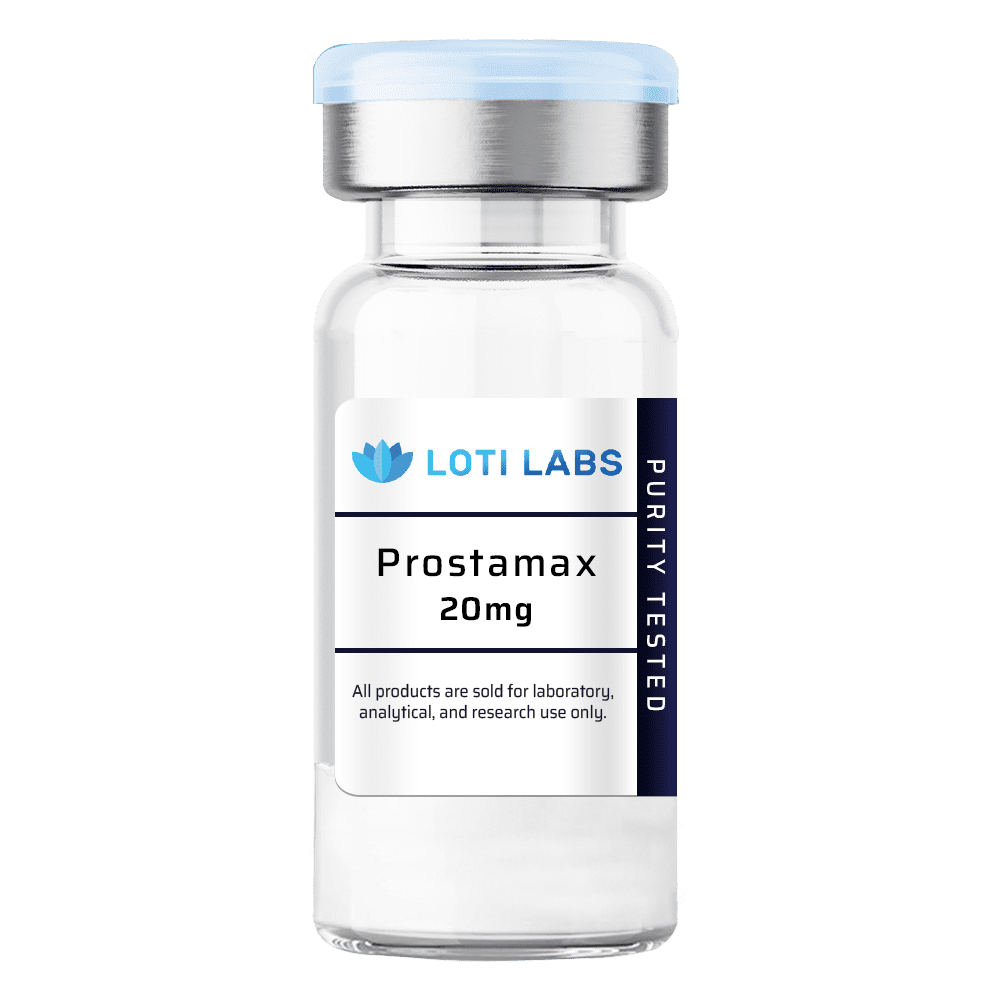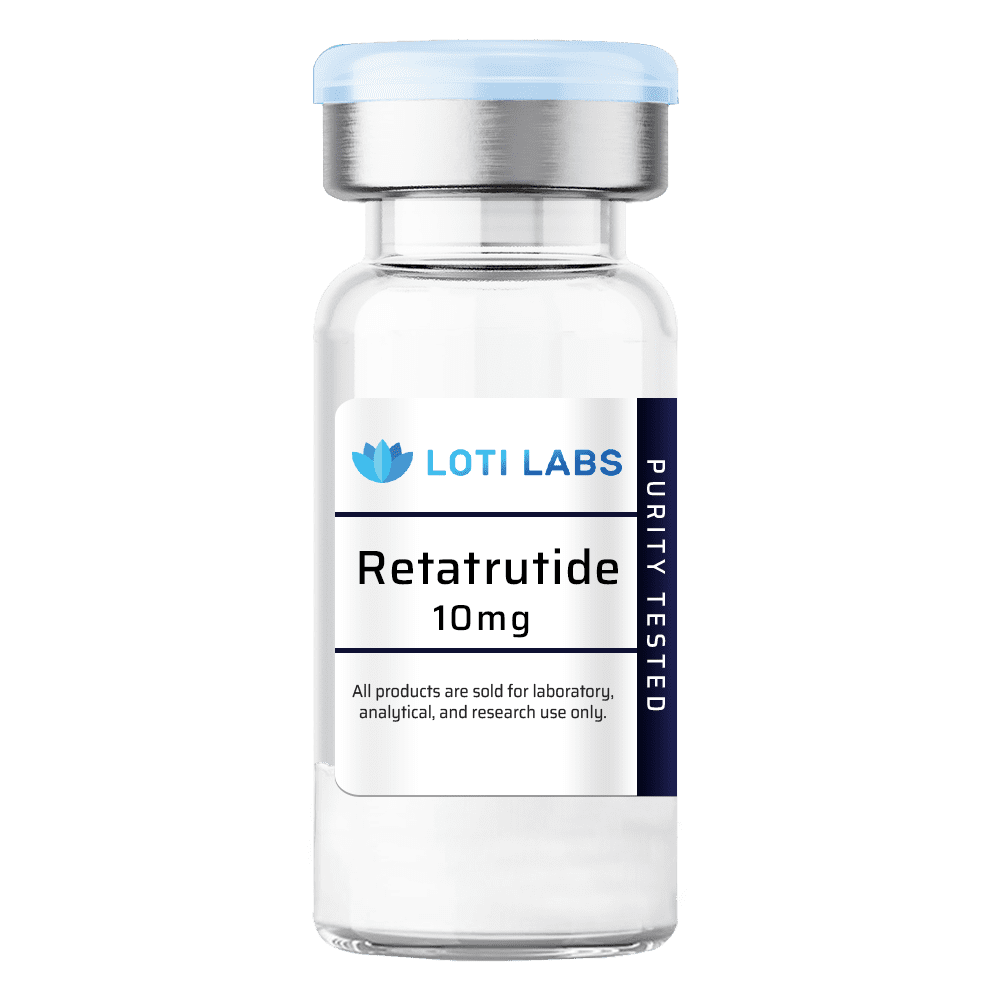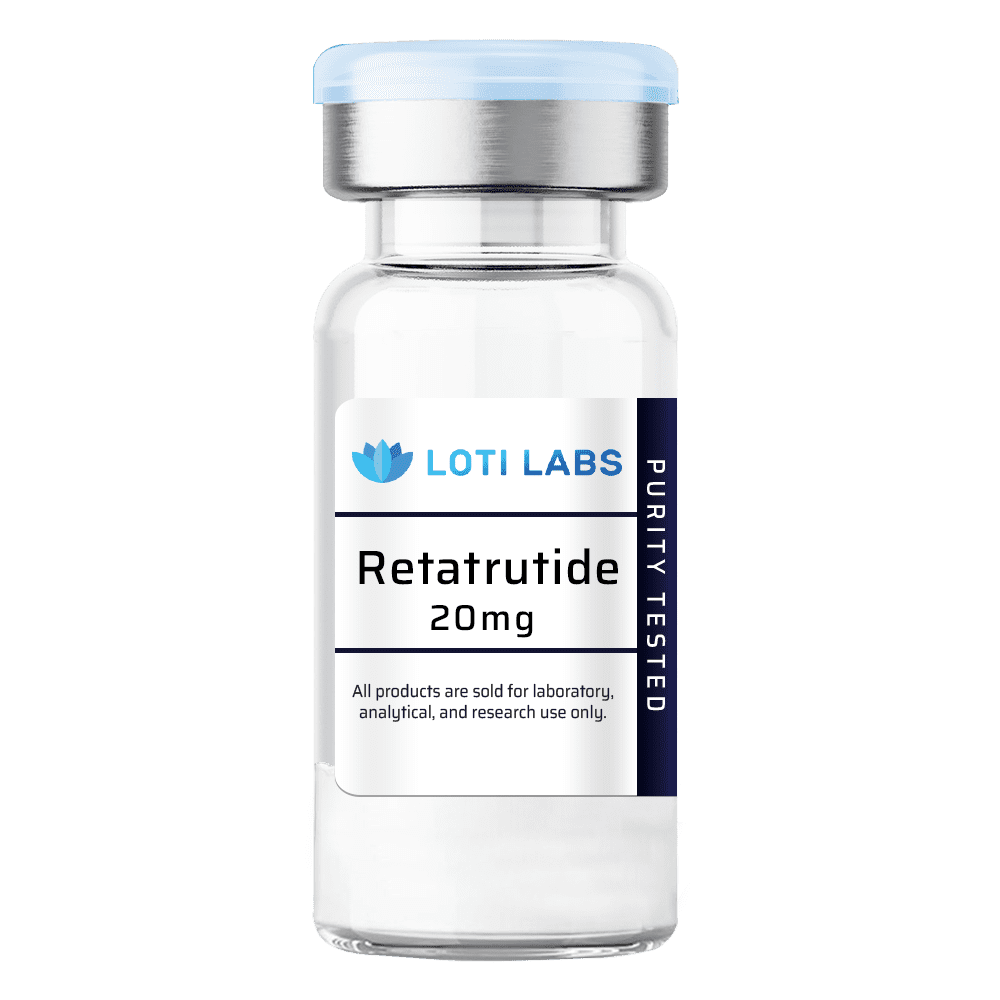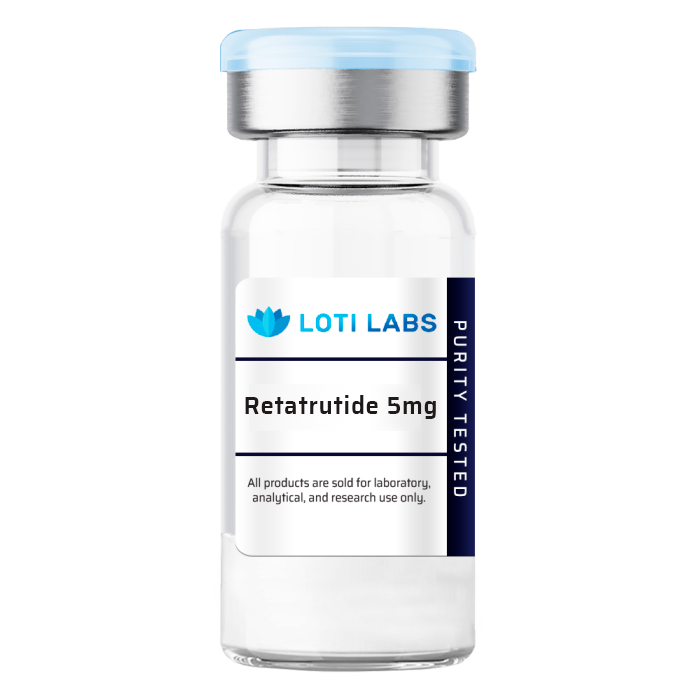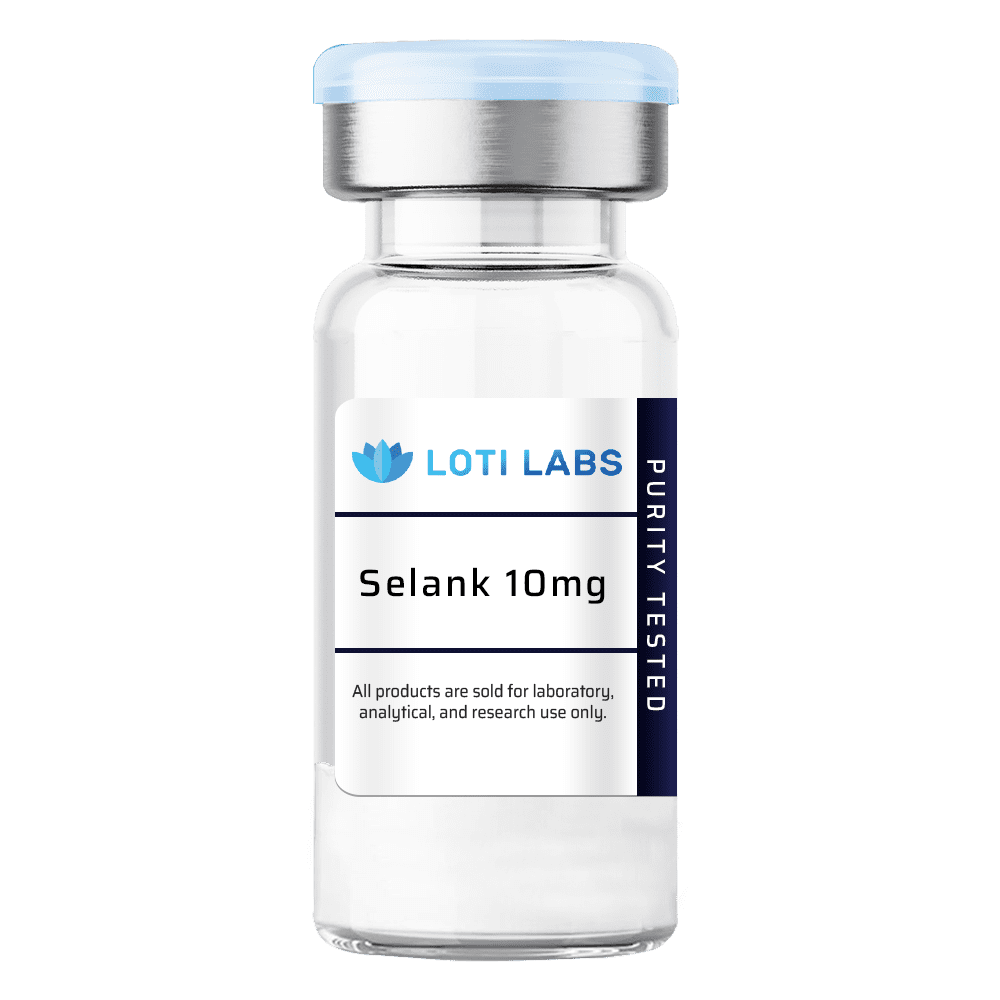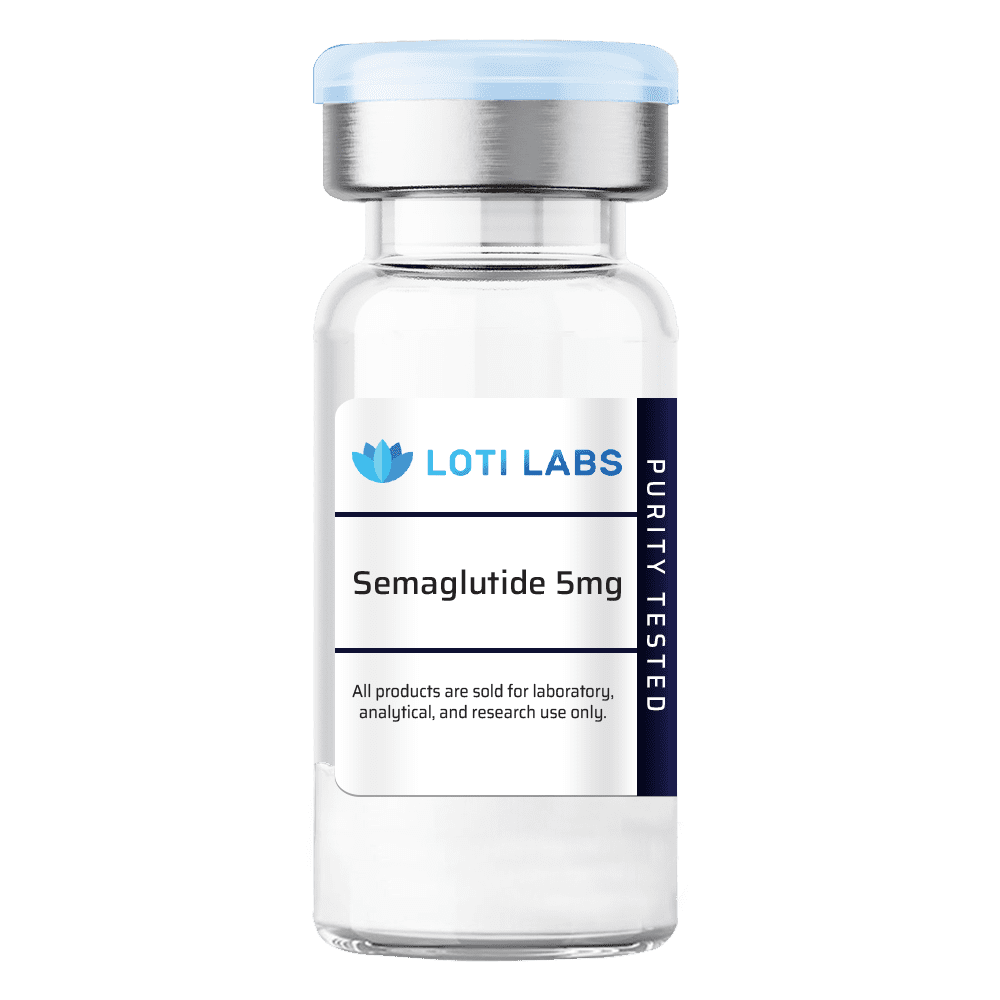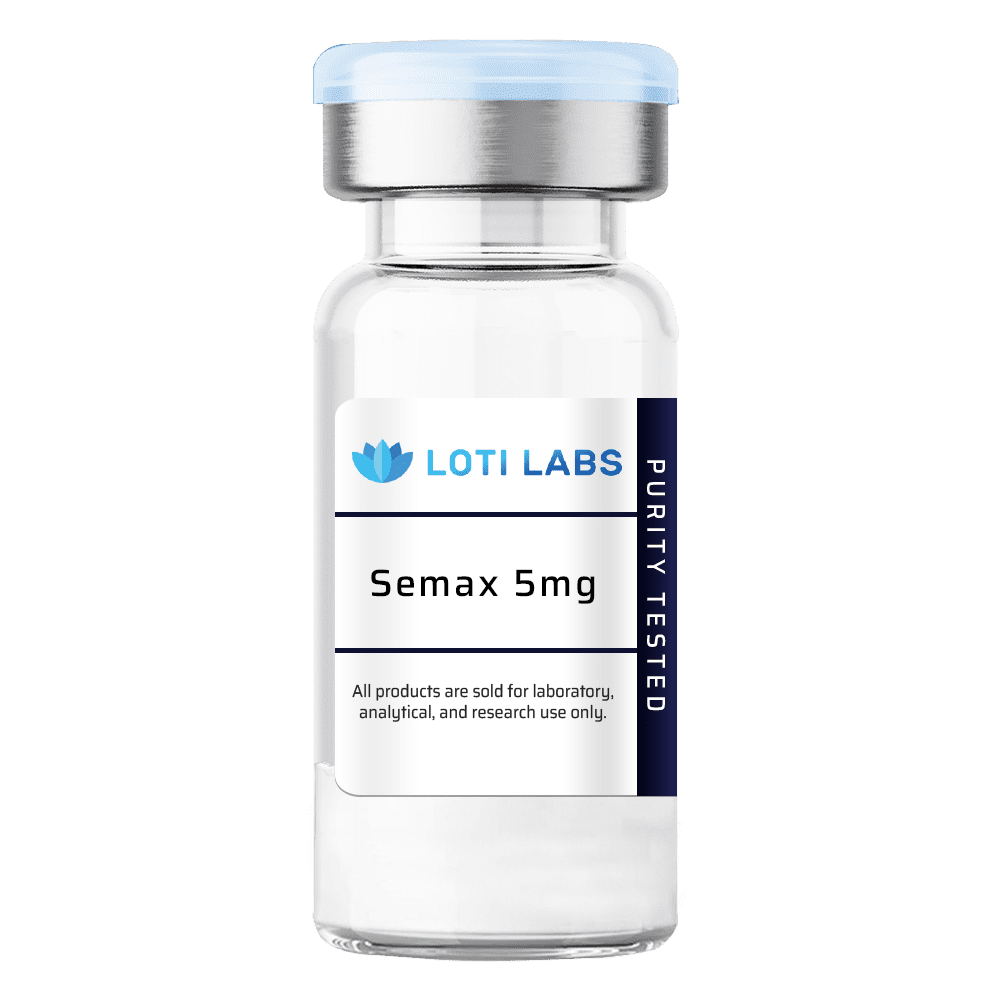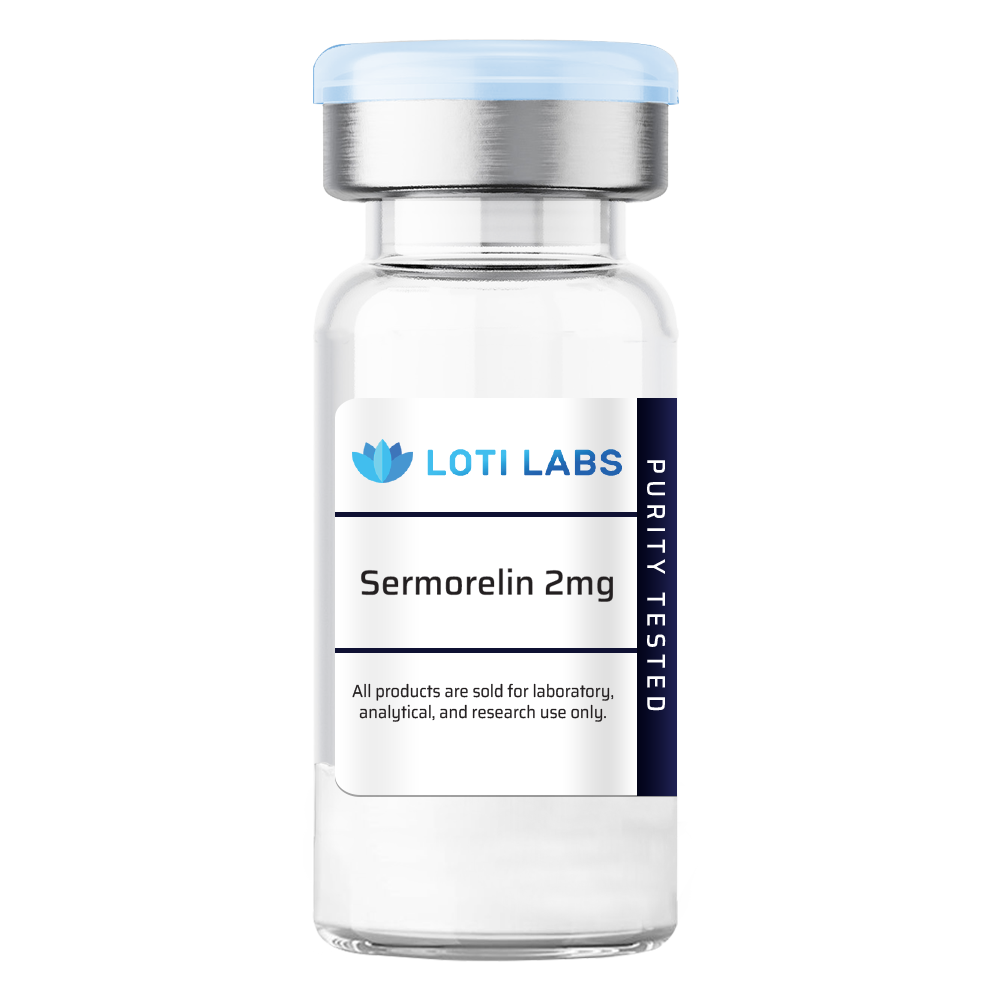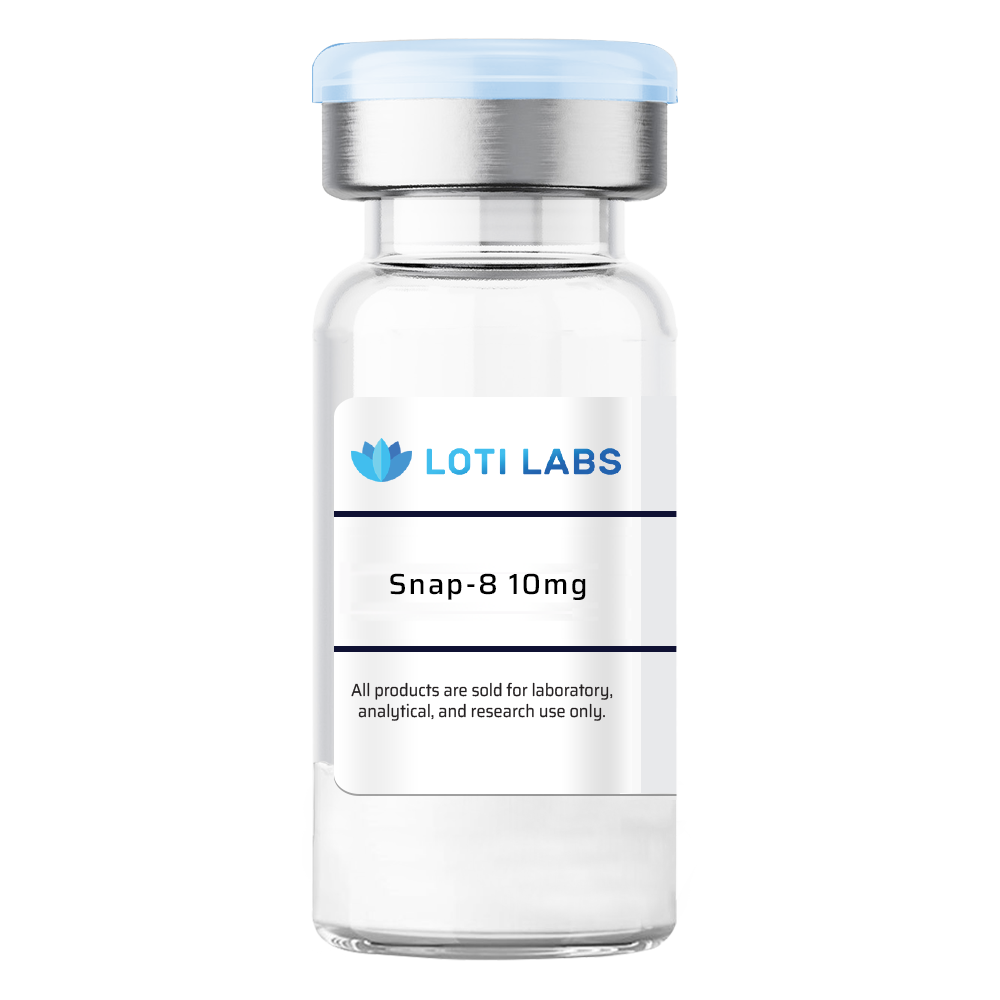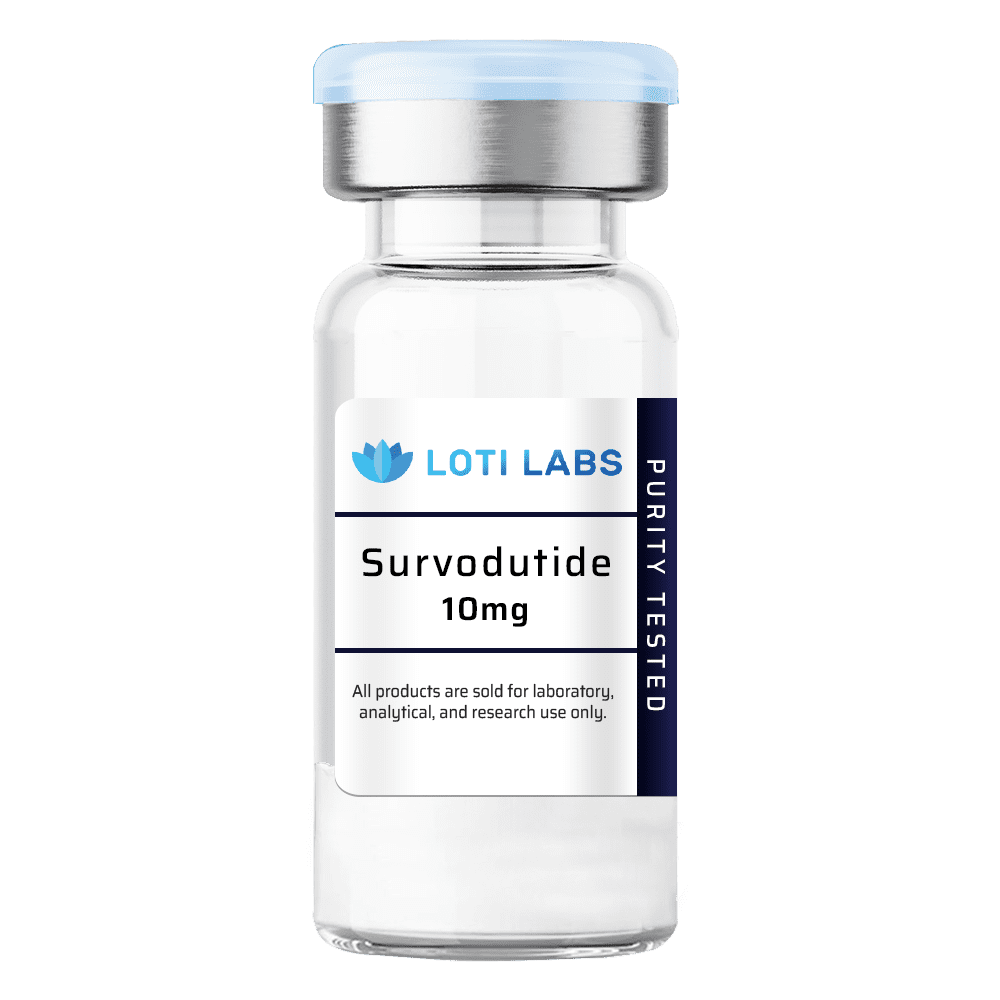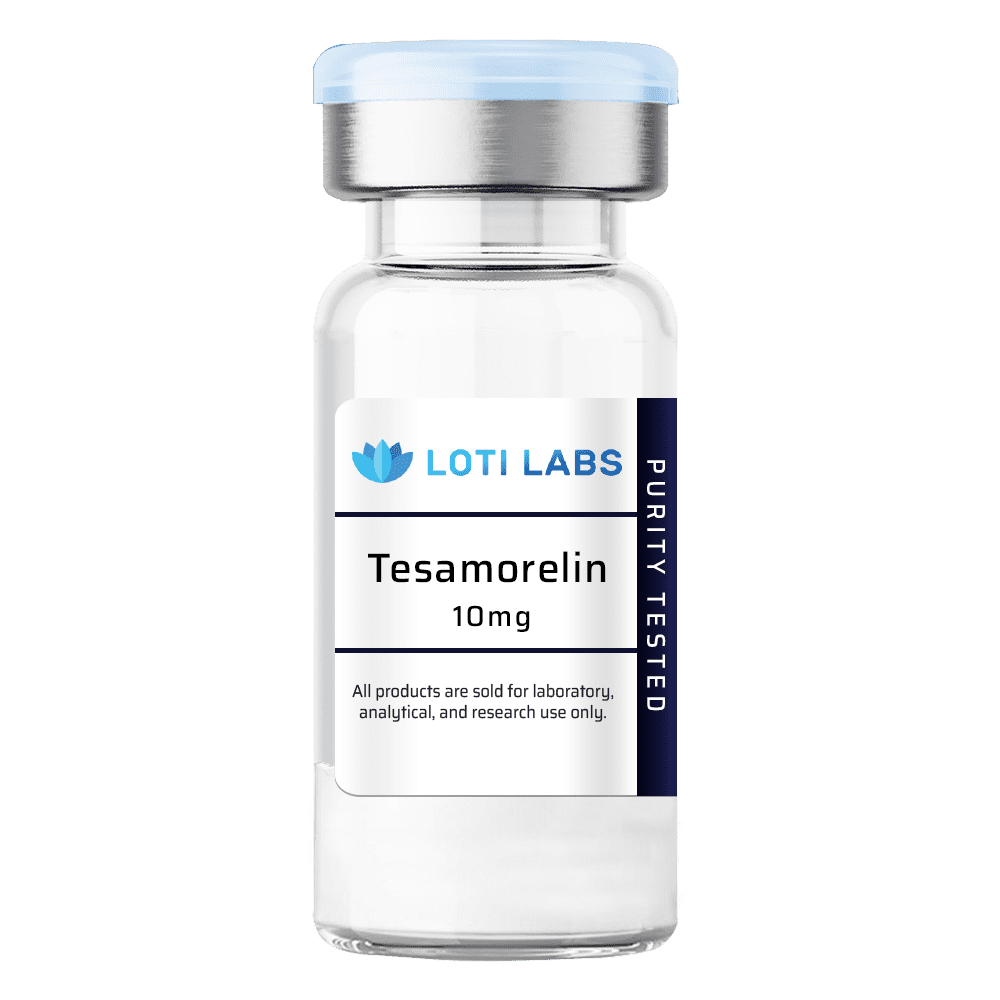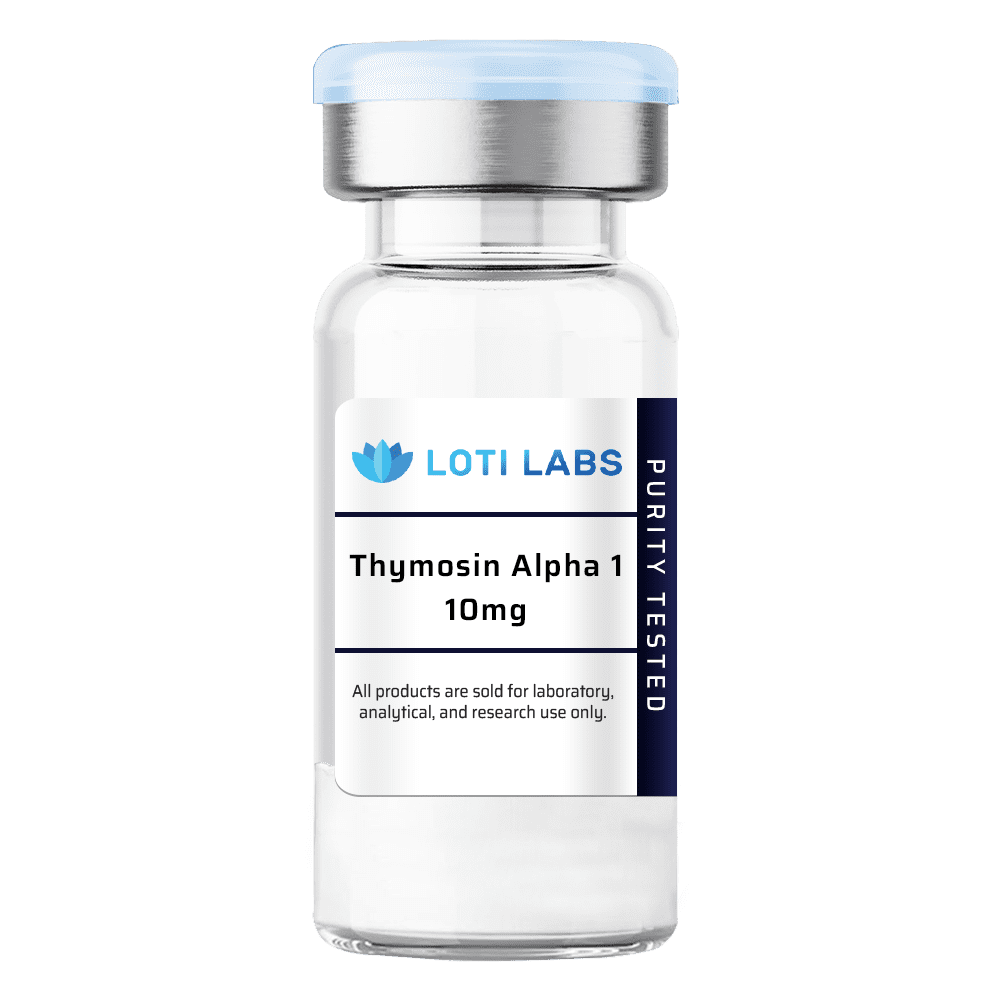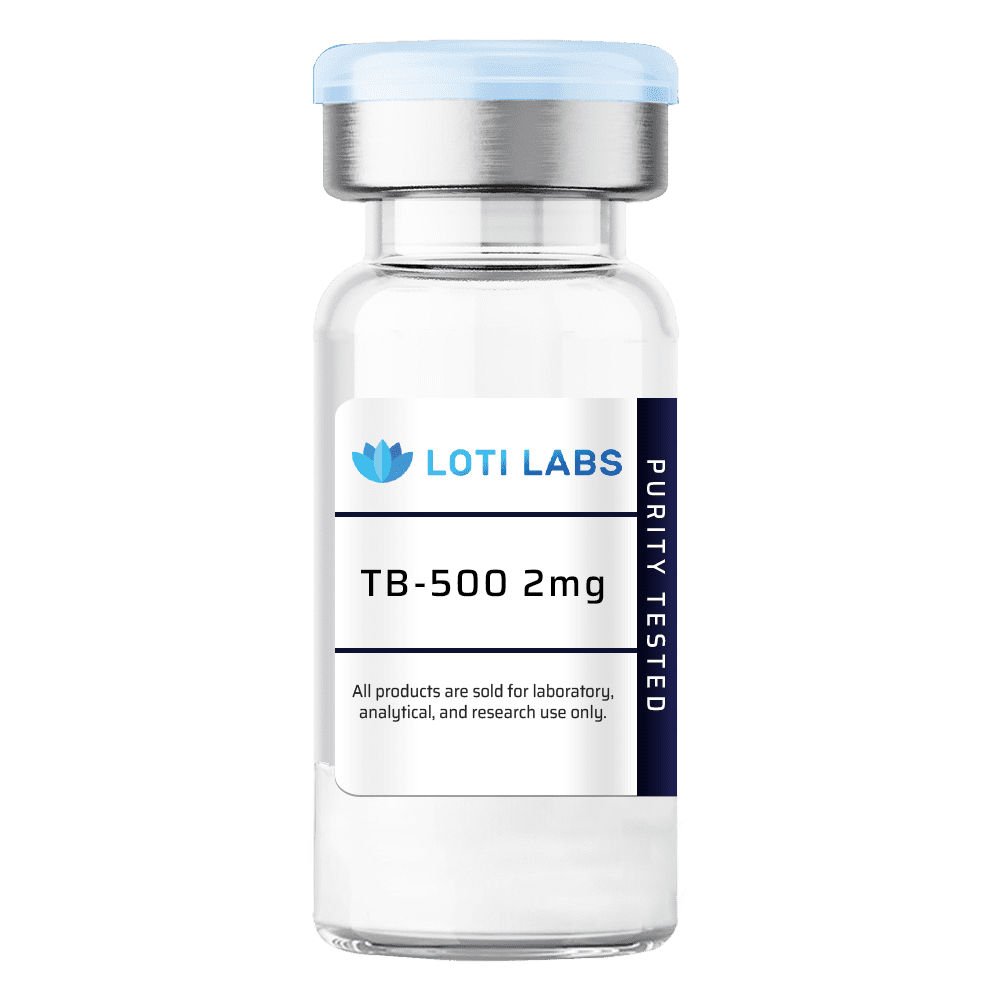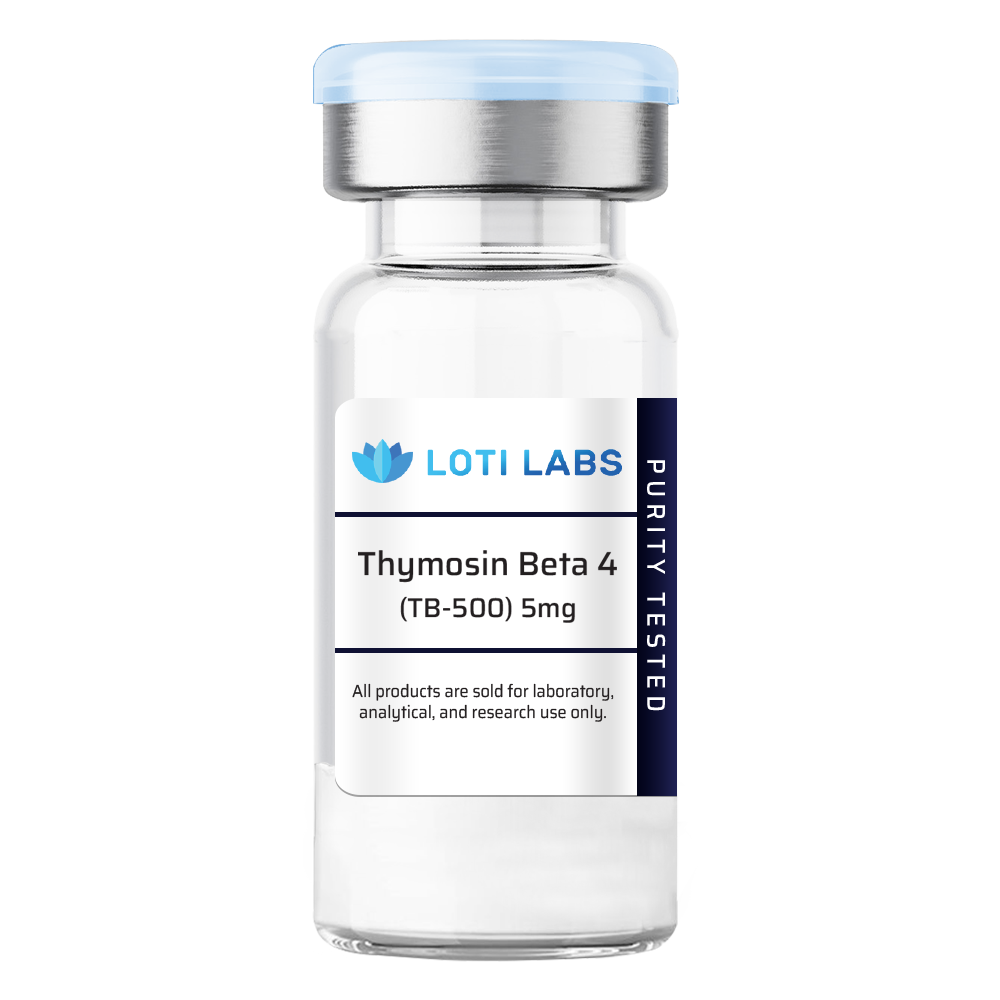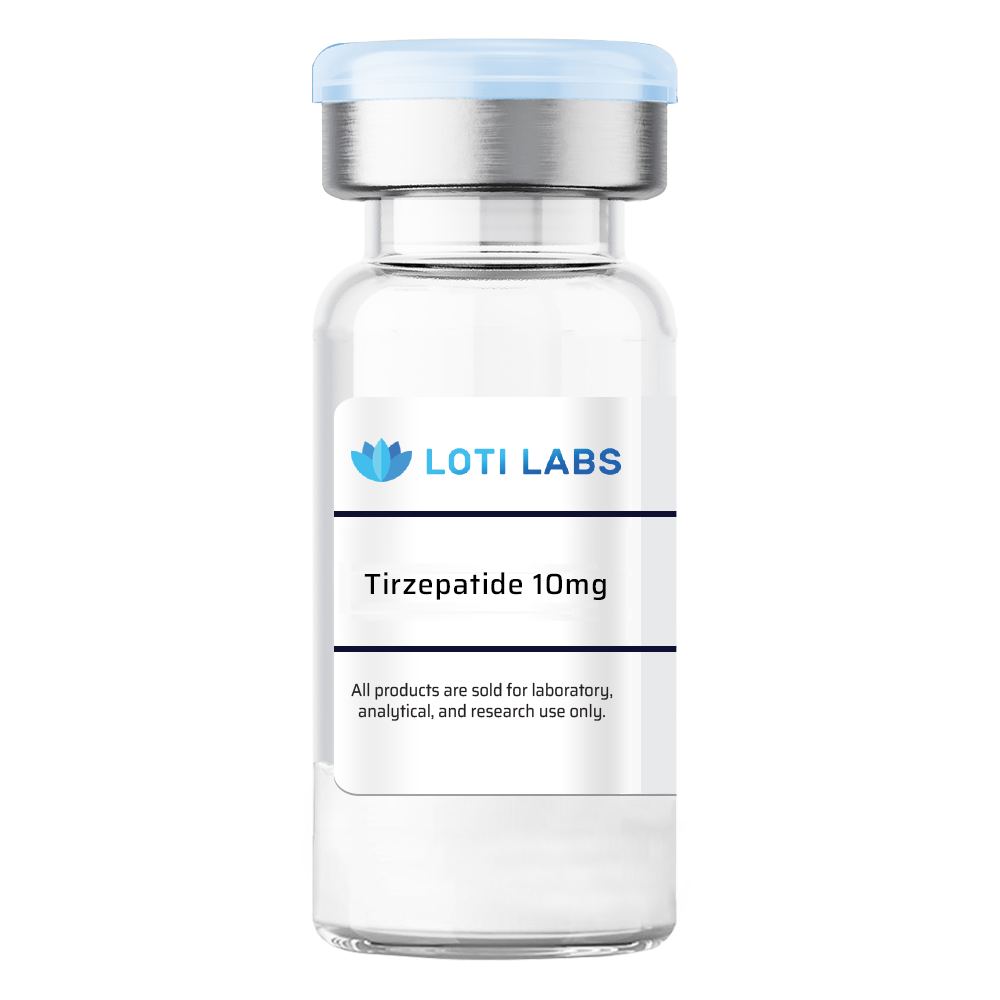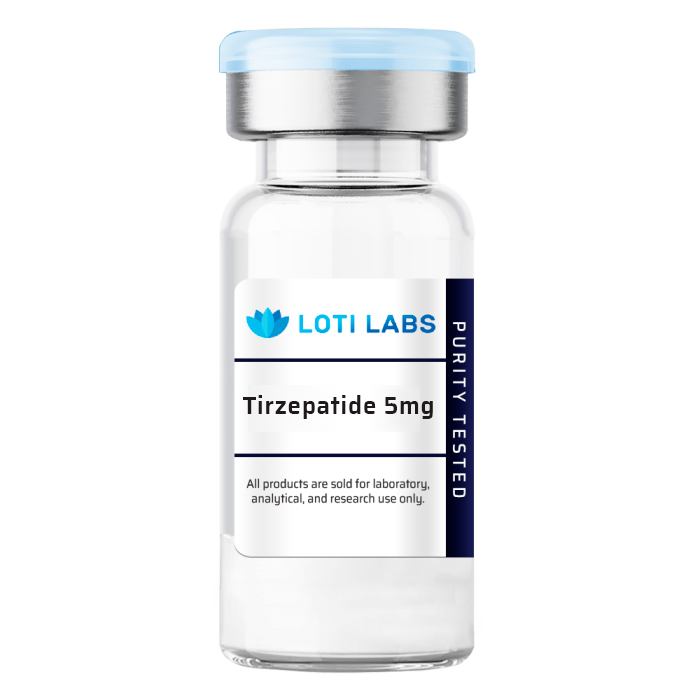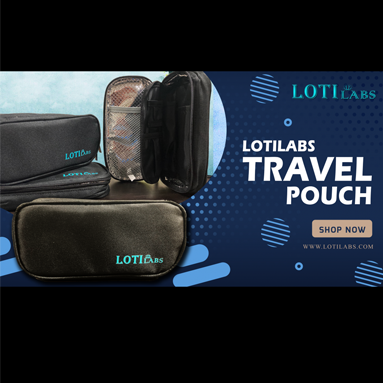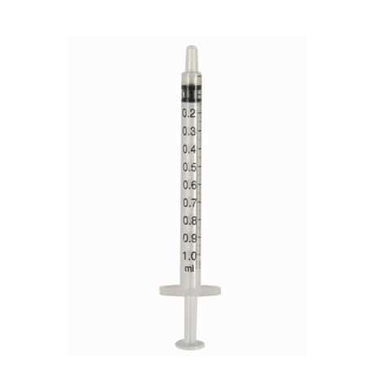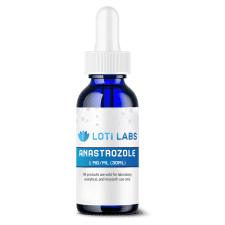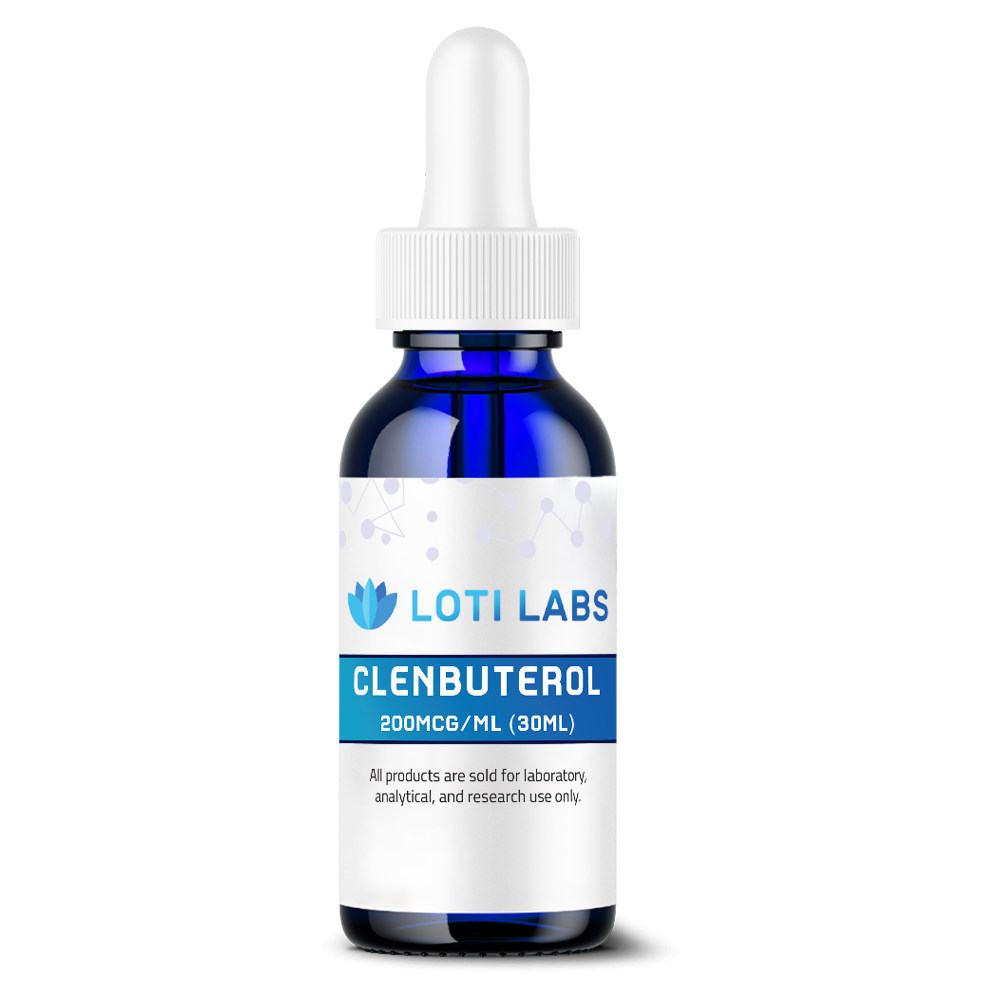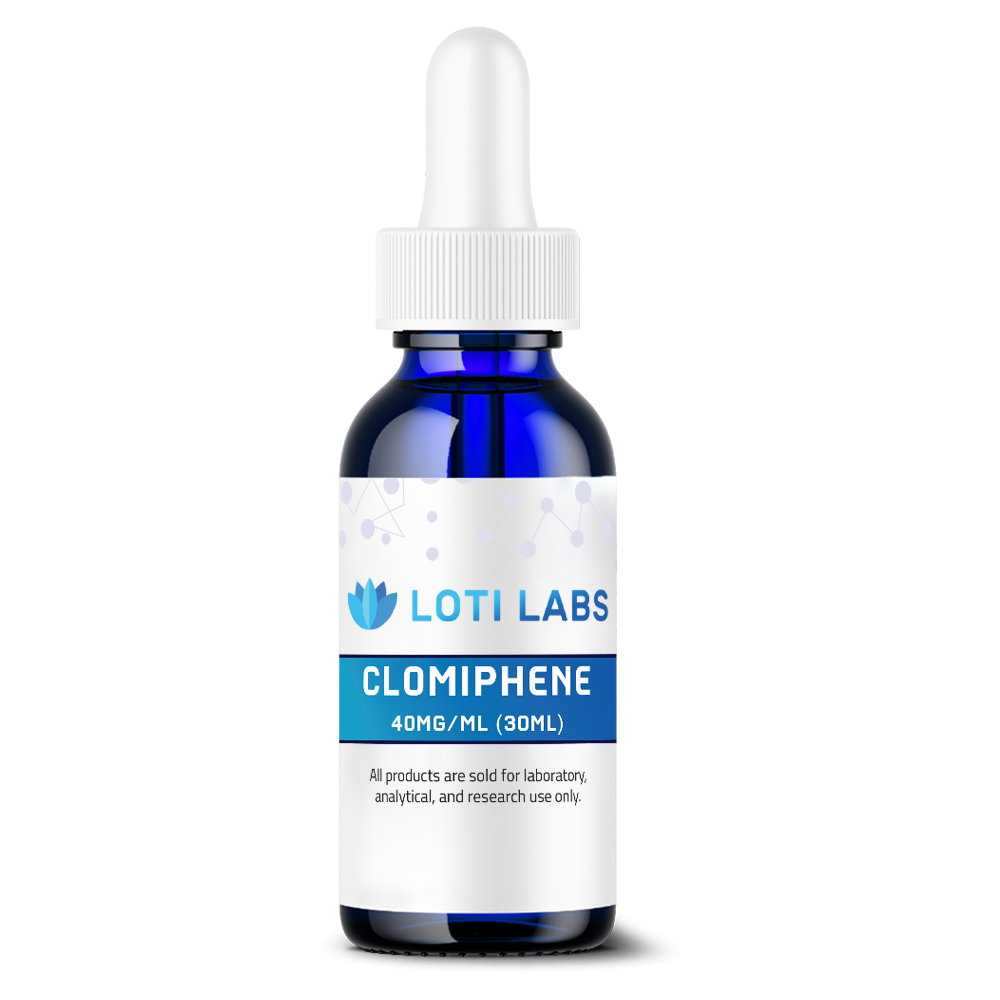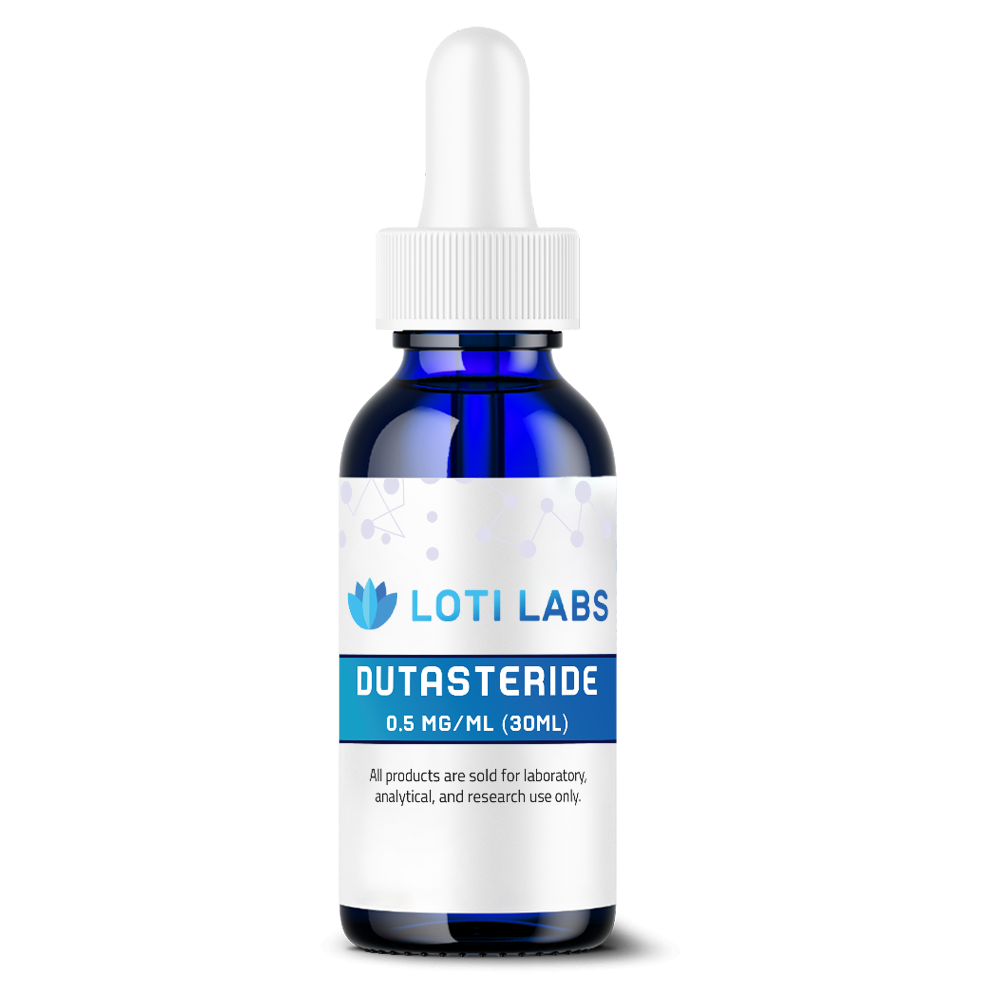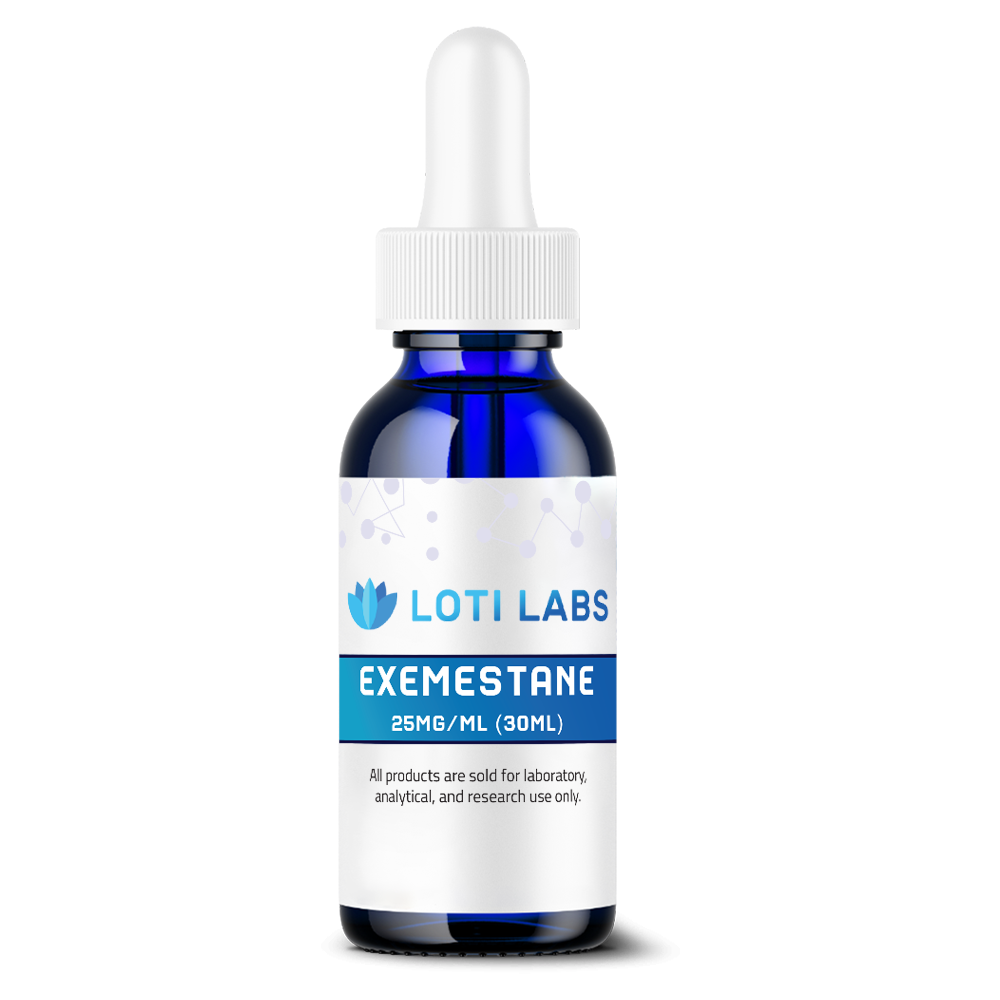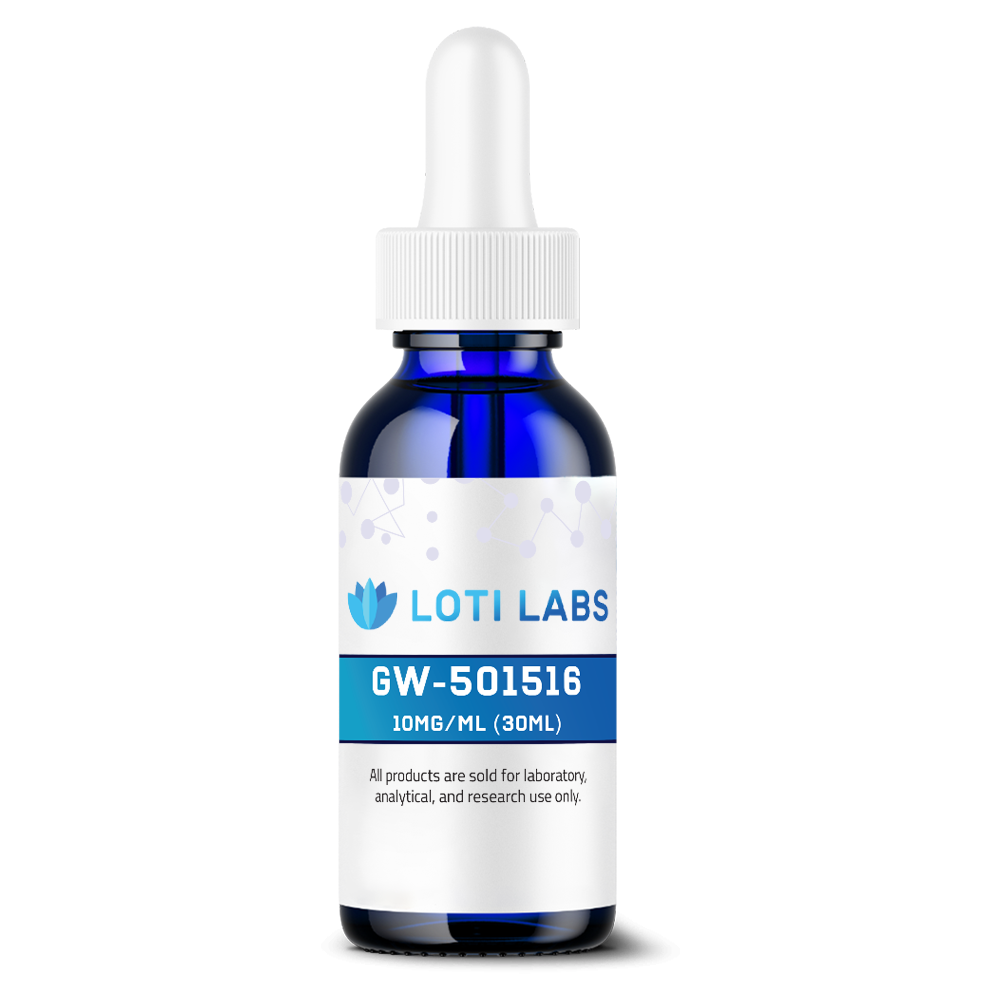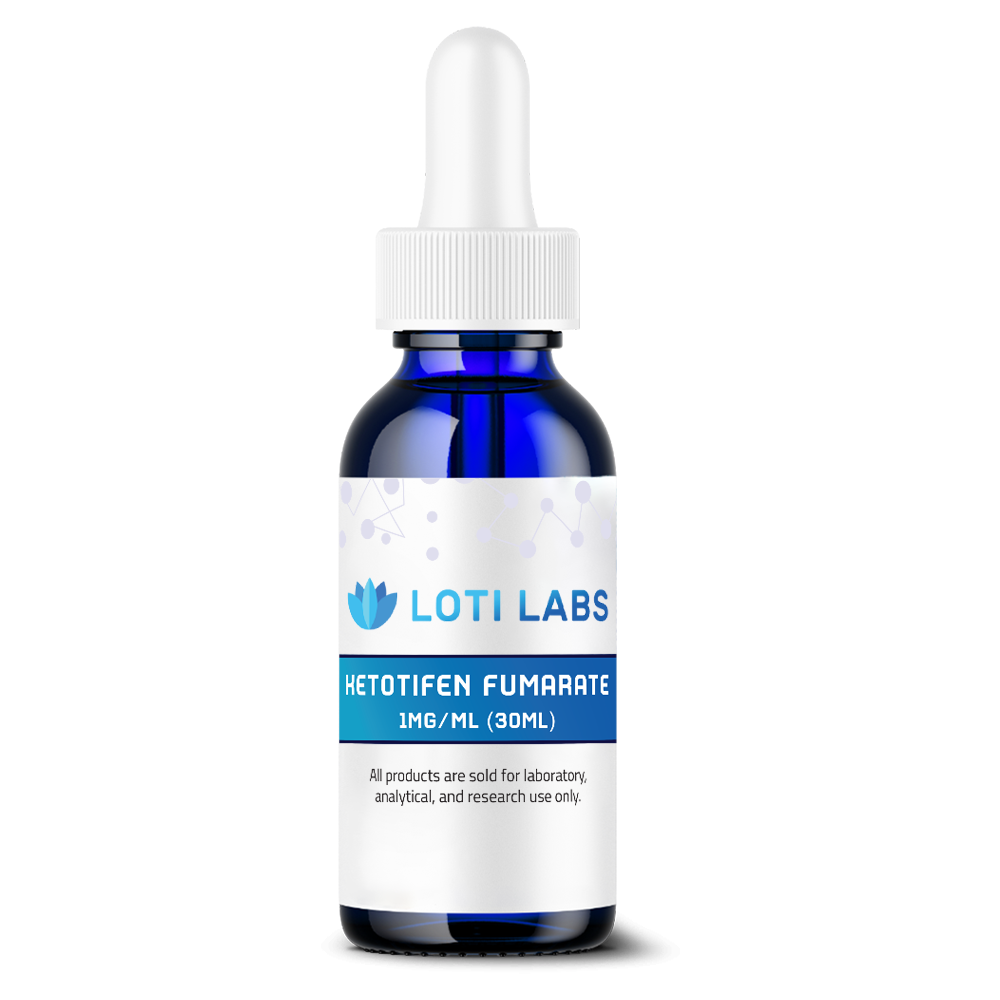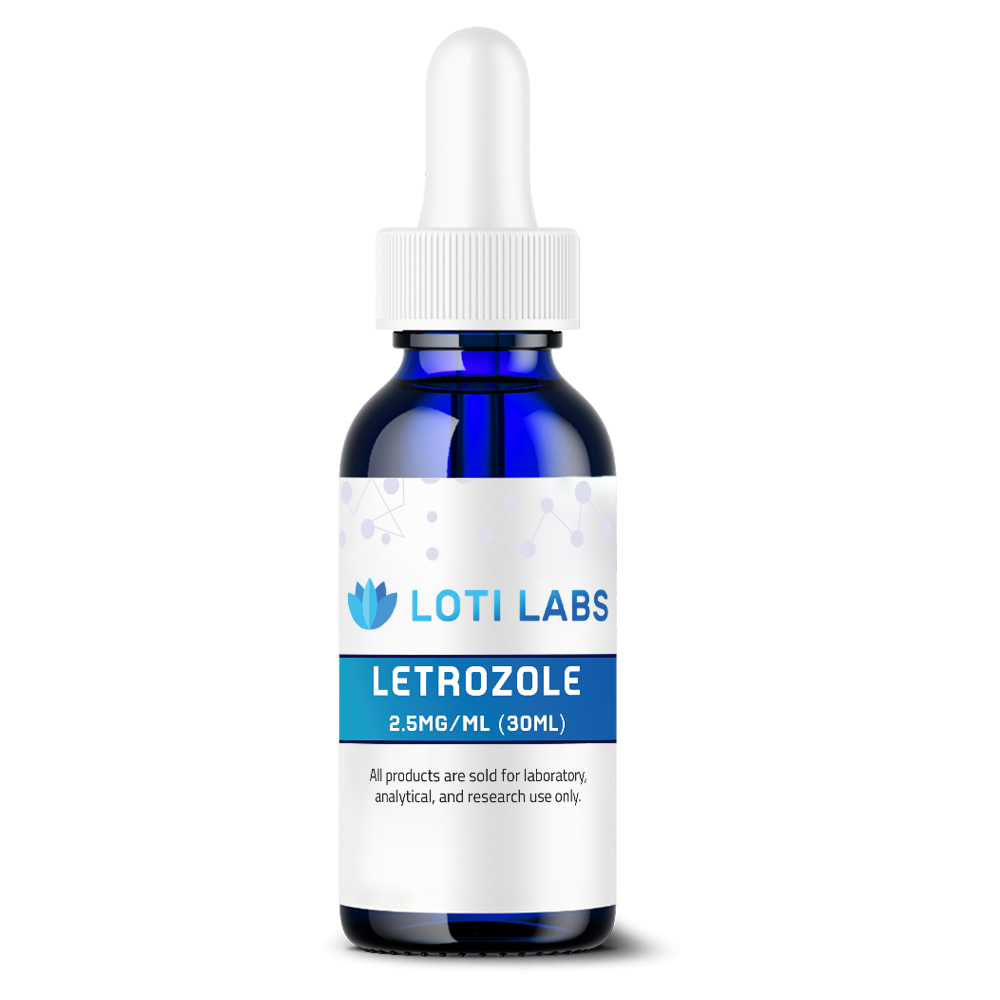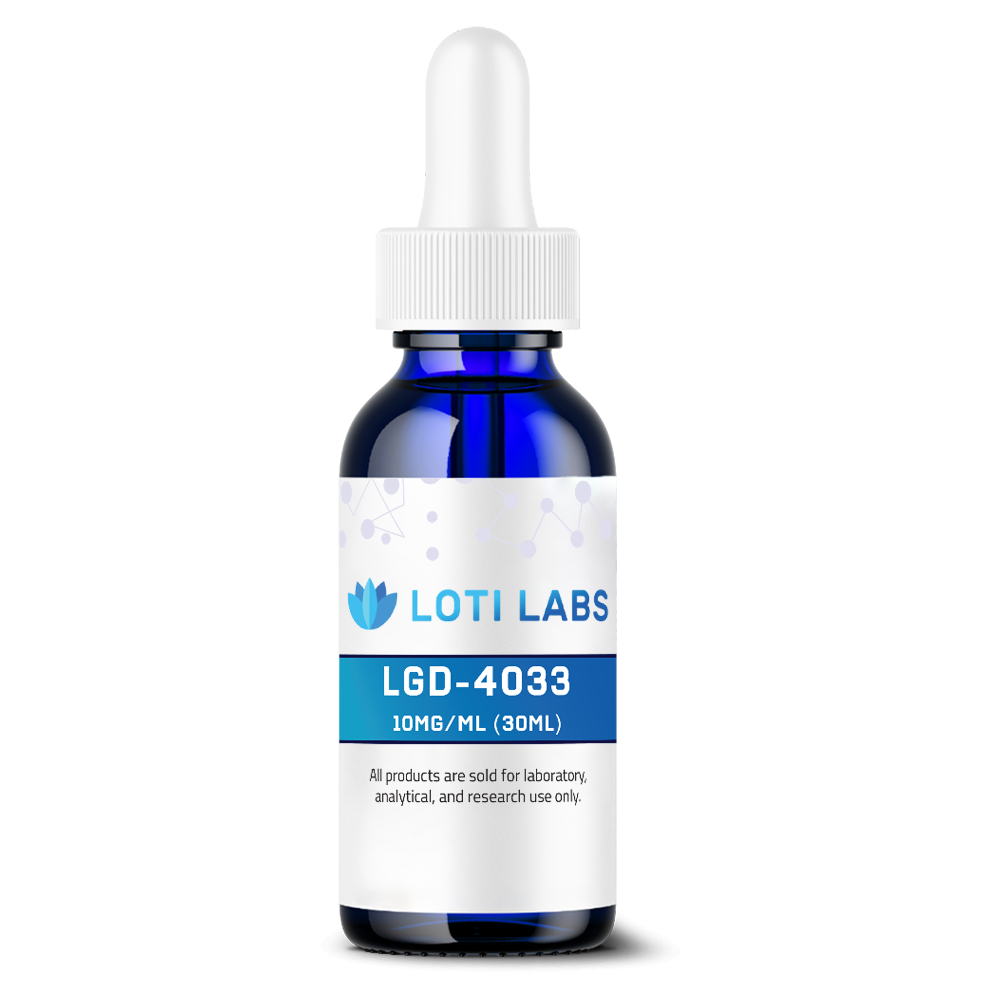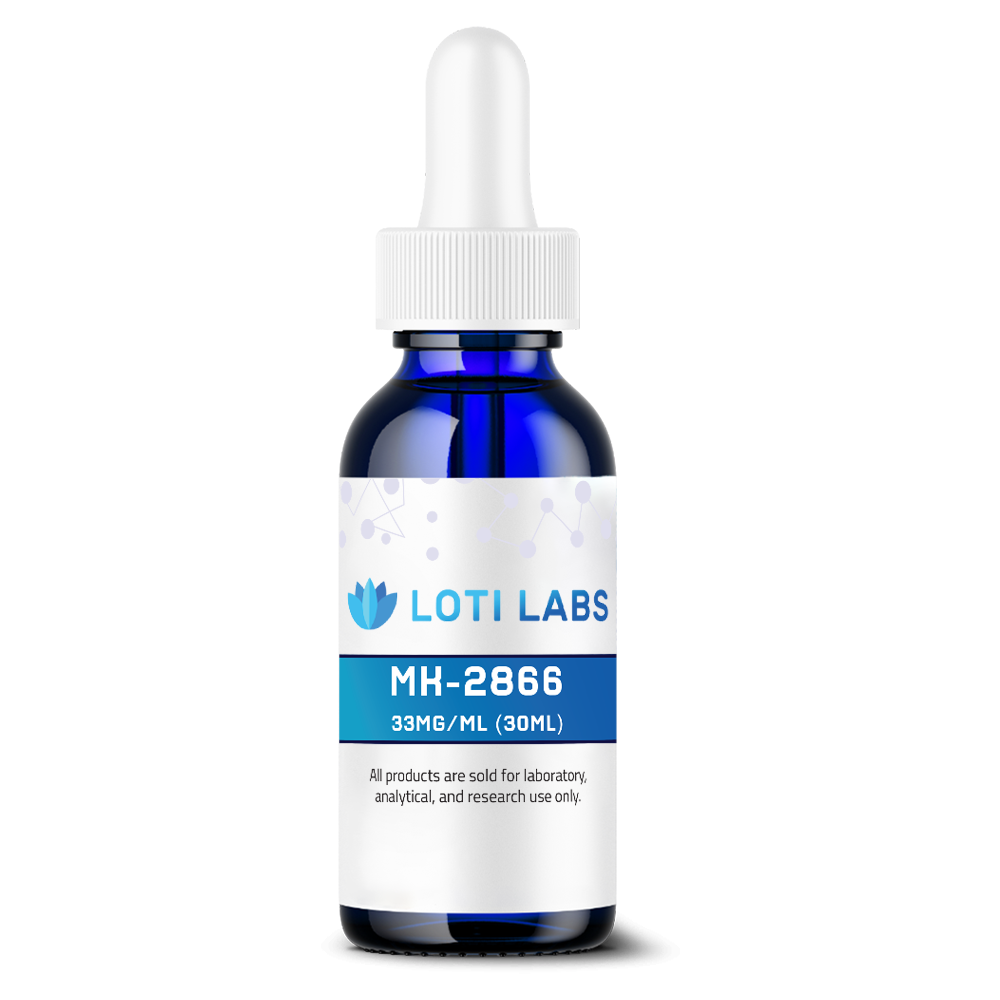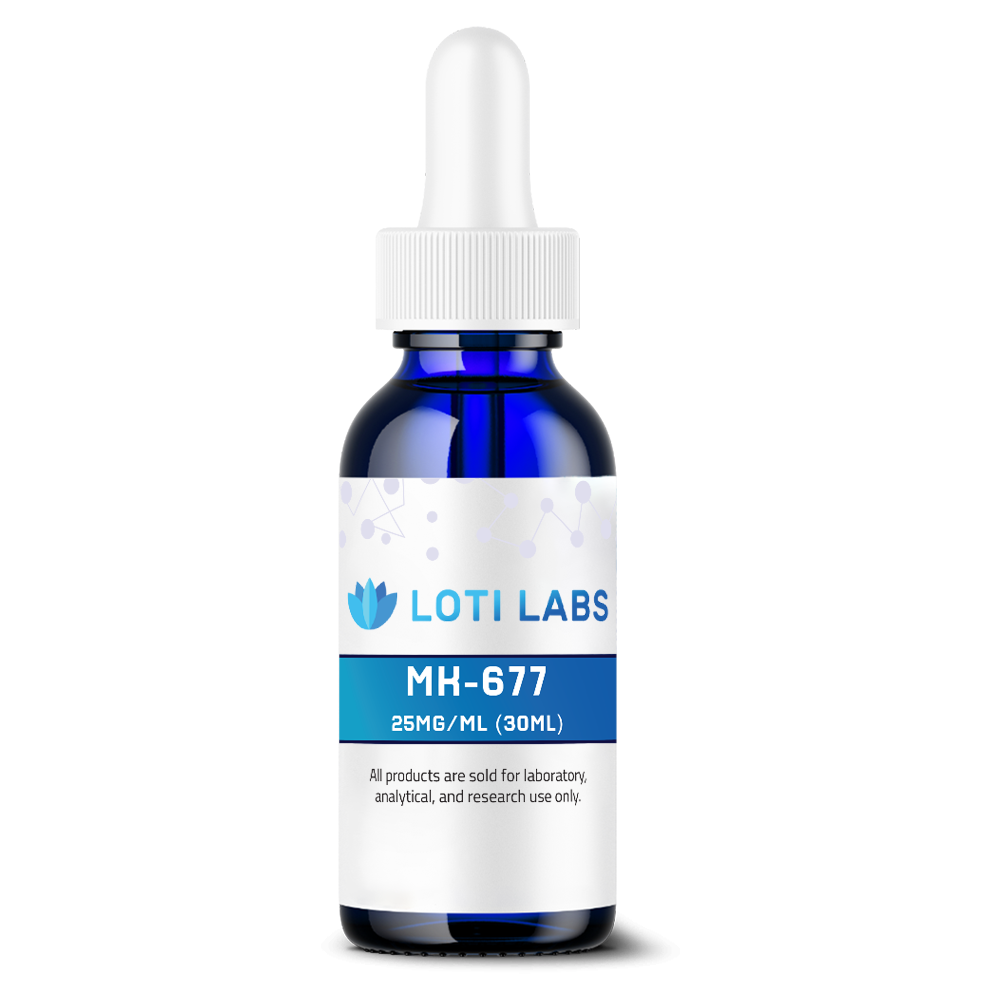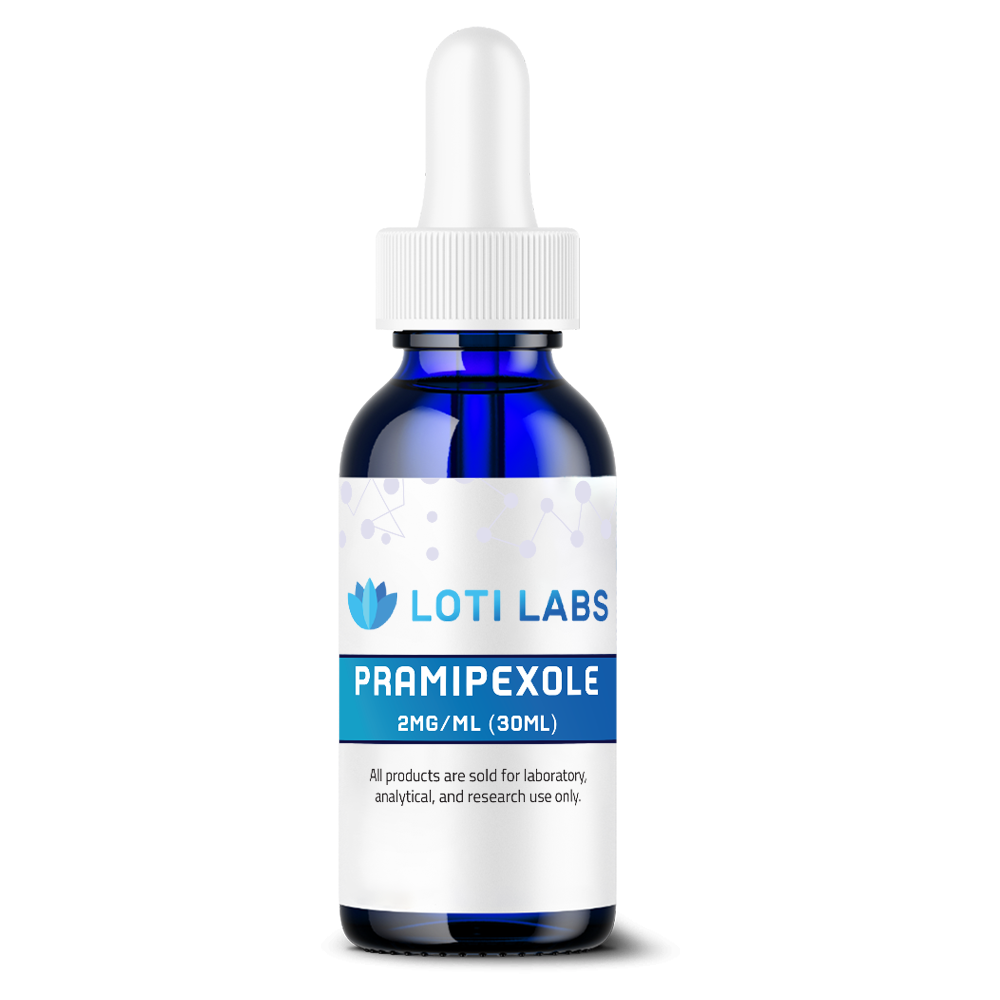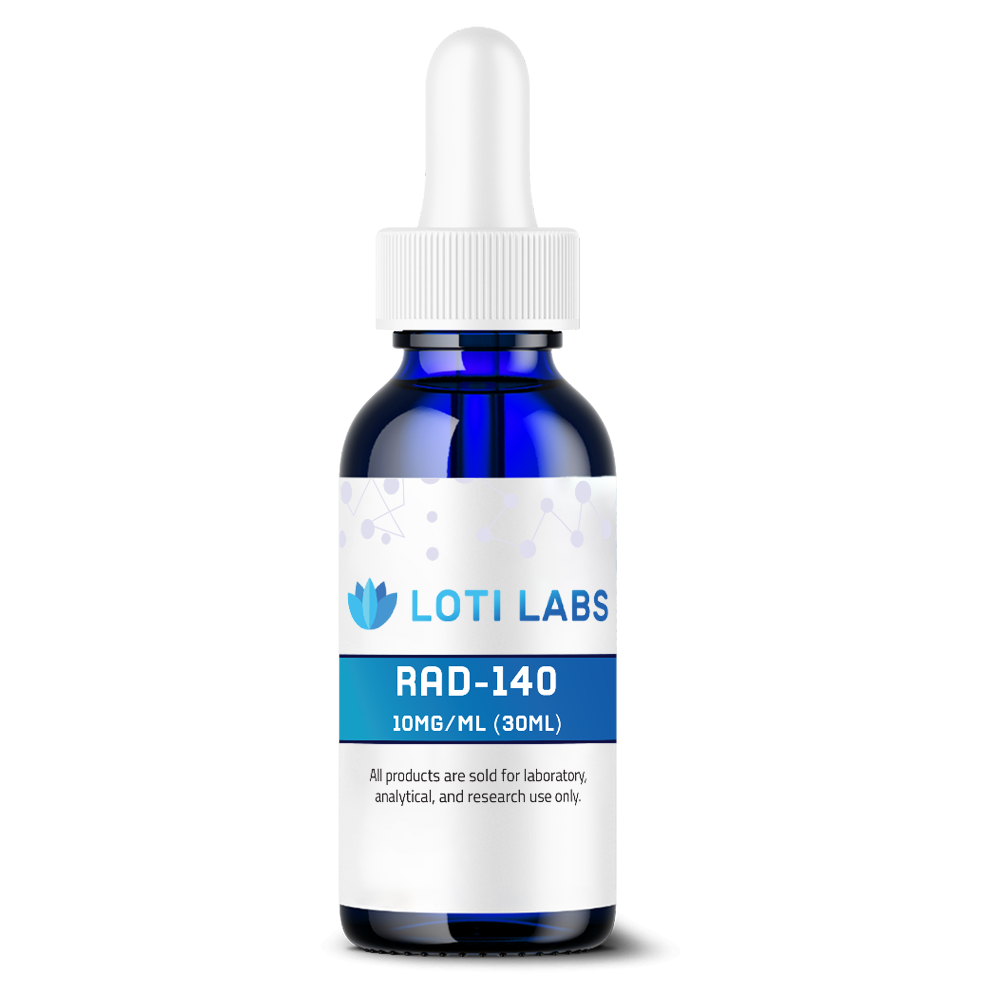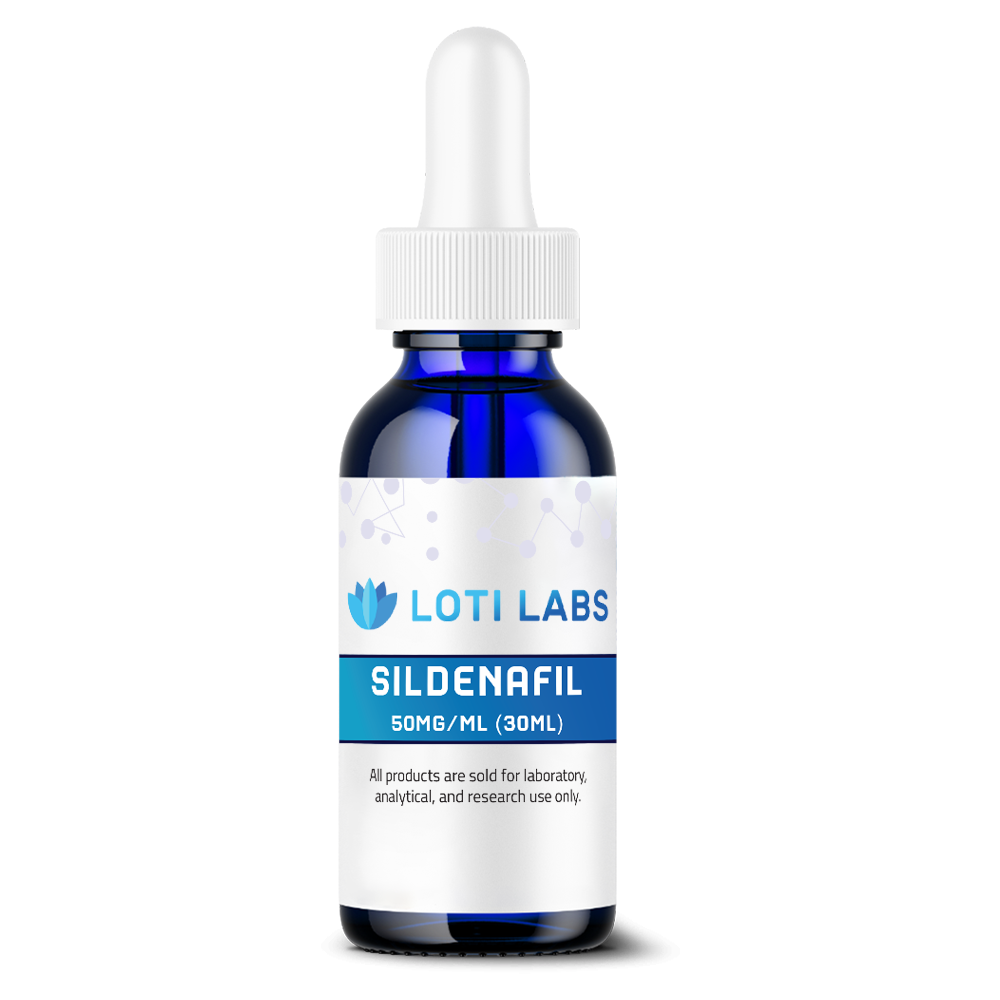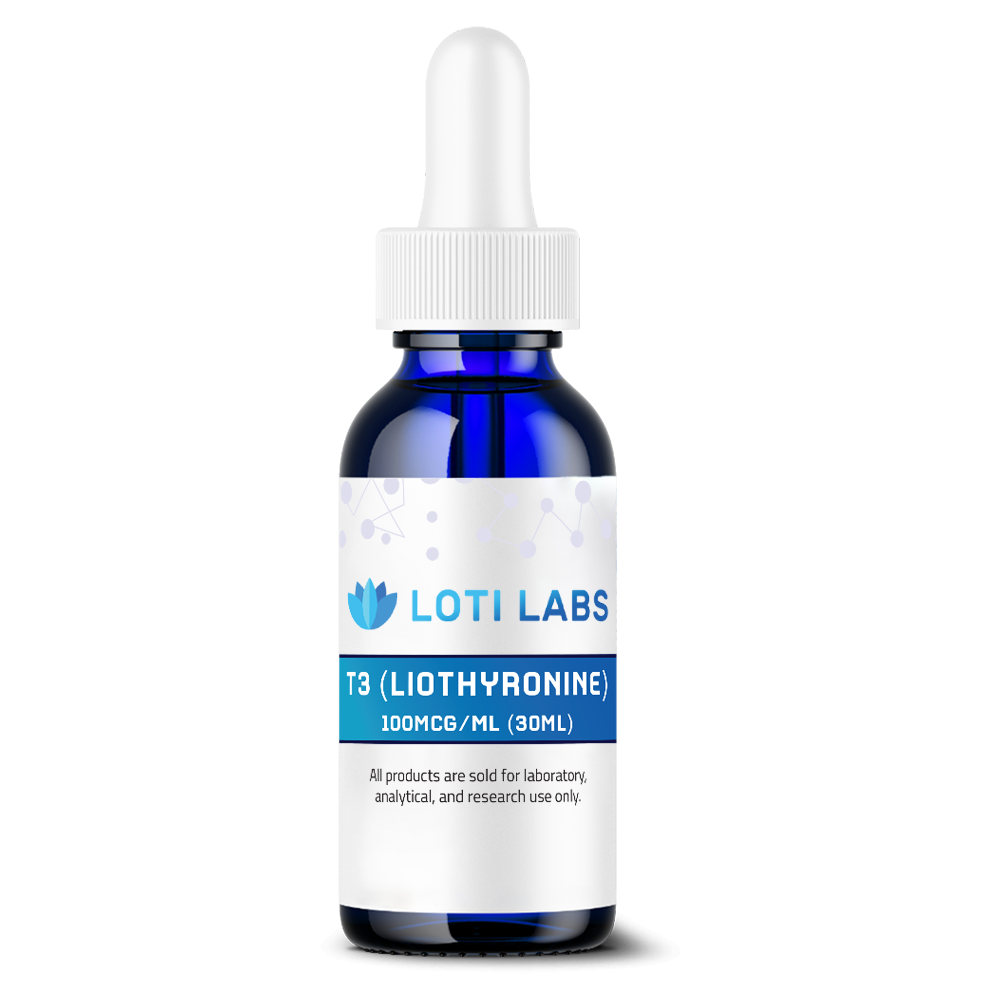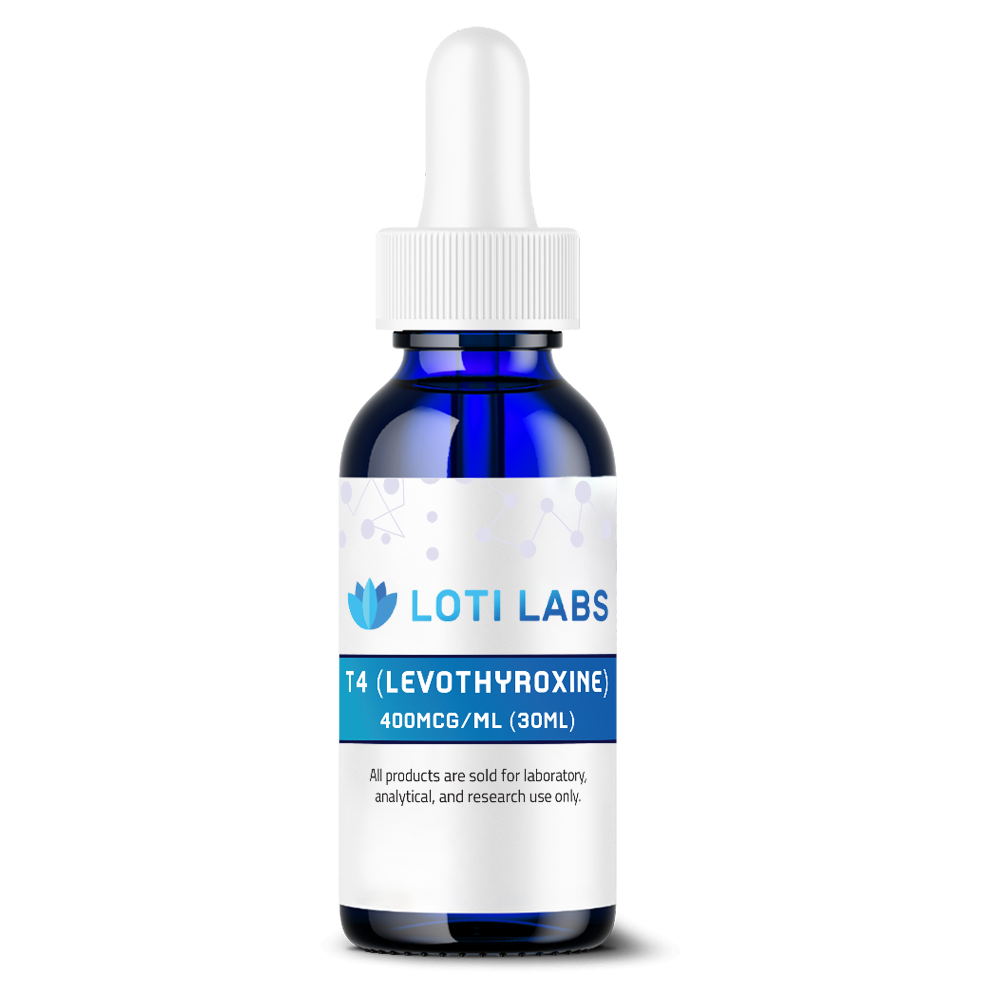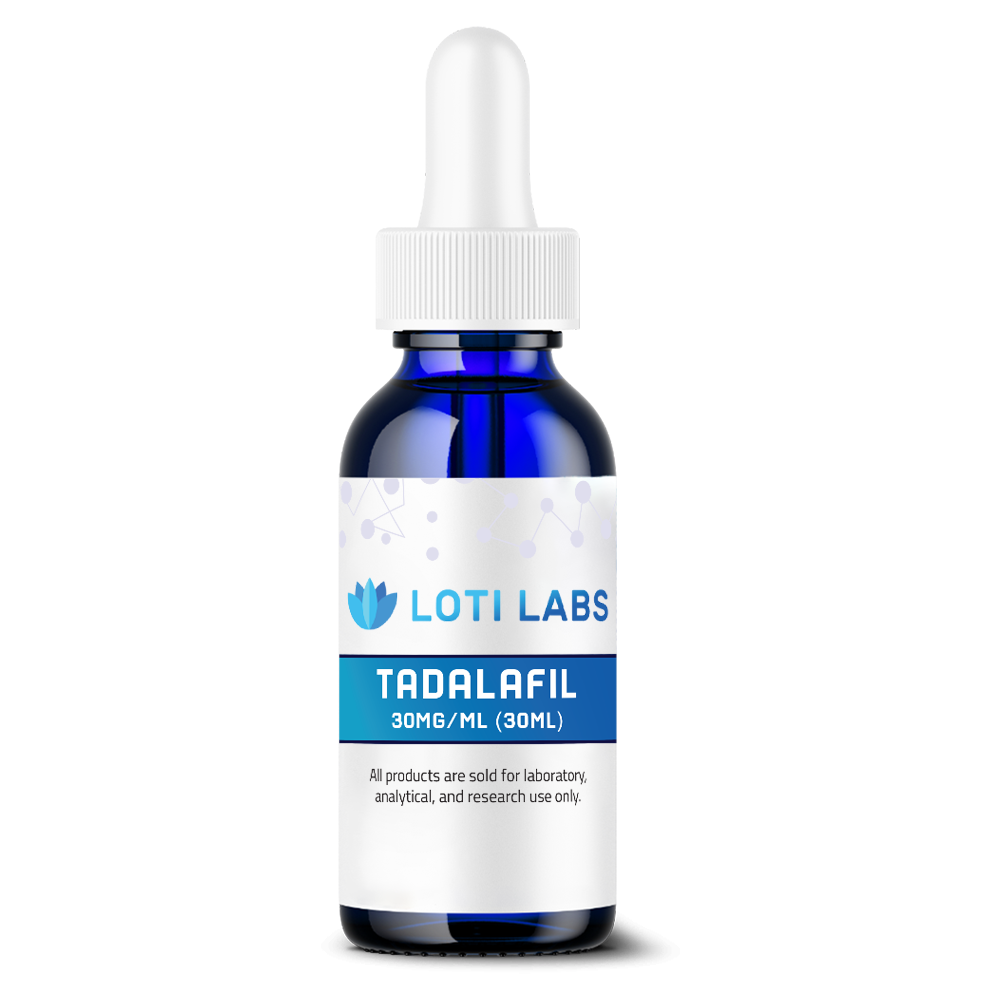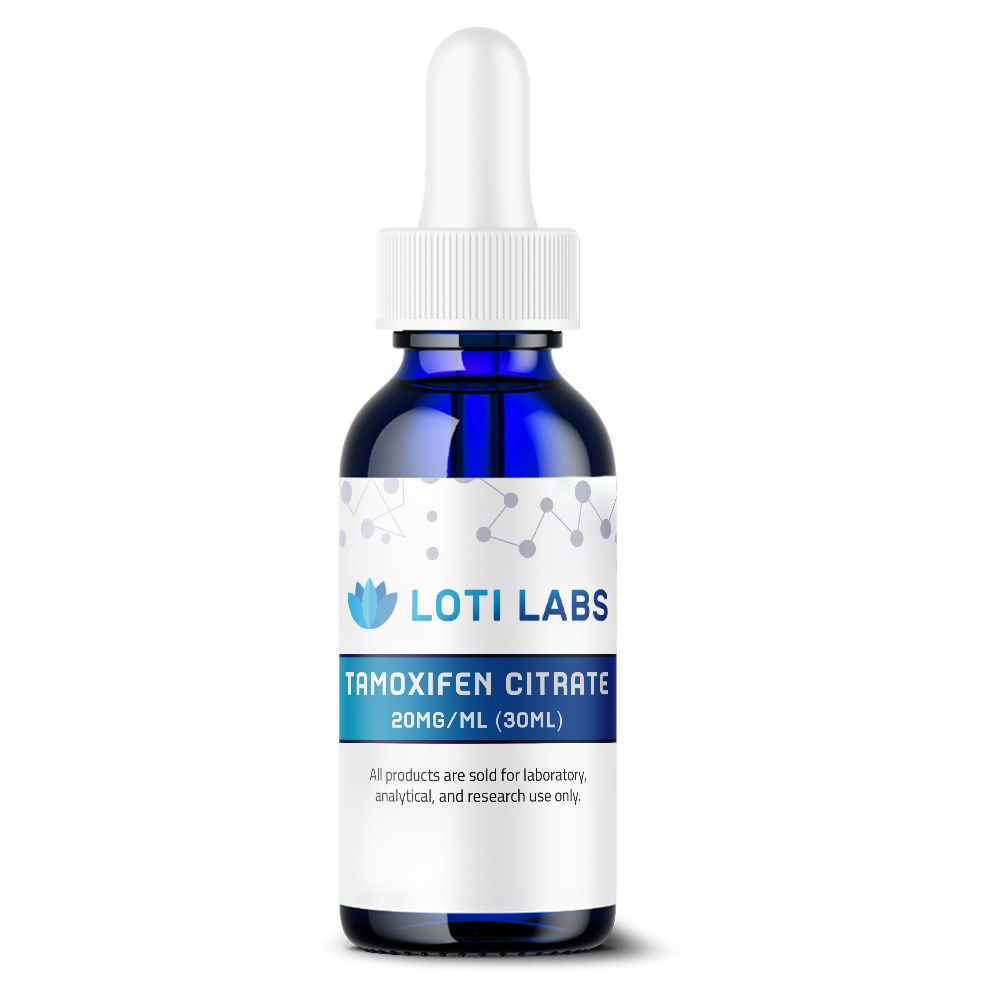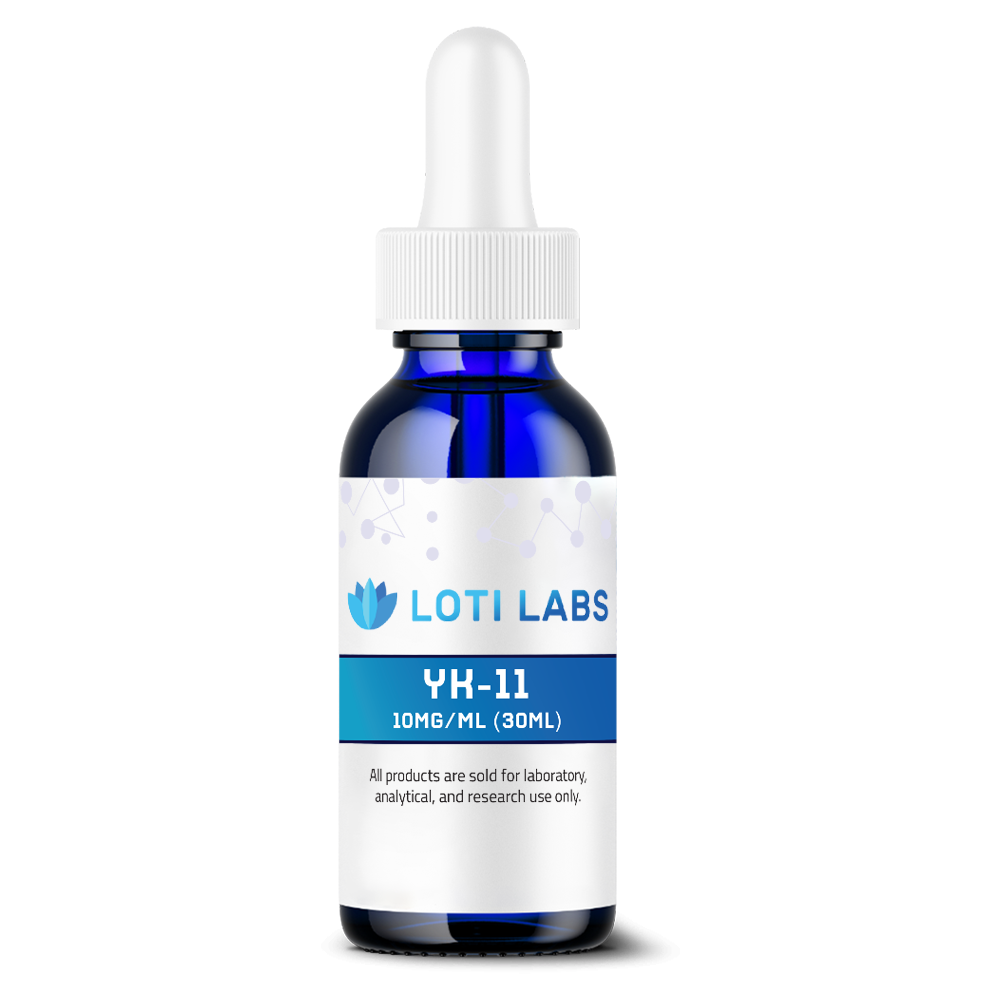-
×
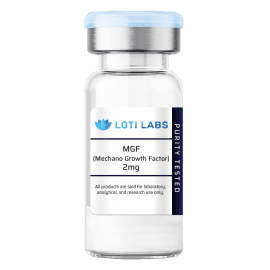 MGF (Mechano Growth Factor) 2mg
1 × $32.99
MGF (Mechano Growth Factor) 2mg
1 × $32.99
IGF-1 LR3 1mg
$79.99
You save
This product is intended as a research chemical only. This designation allows the use of this chemical strictly for in-vitro laboratory testing and experimentation. Human or veterinary use is strictly forbidden. This product is not a drug, food or cosmetic and may not be misbranded, mislabeled or misused as such.
Description


Buy IGF-1 LR3 at Loti Labs: Premium Research Peptides for Scientific Investigation
IGF-1 LR3 research has shown the incredible potential of this peptide as a tool to study cellular mechanisms and growth pathways. This synthetic analog of human IGF-1 is a game changer in peptide research, with enhanced stability and potency compared to natural compounds. For researchers looking to buy igf 1 lr3 of the highest quality, understanding the molecular characteristics and practical applications is key to successful results.
The modified IGF-1 has been studied in multiple research areas, from muscle growth to cell proliferation and protein synthesis mechanisms. Unlike the natural version, IGF-1 LR3 is resistant to degradation and maintains bioactivity for extended periods. This stability is a research goldmine for scientists studying growth factor pathways and their effects on different tissues and cells.
Molecular Structure of IGF-1 LR3
The molecular structure of IGF-1 LR3 reflects advanced bioengineering to overcome the limitations of natural IGF-1 compounds. This synthetic analog has a 13-amino acid N-terminal extension and an arginine substitution at position 3, replacing the original glutamic acid residue. These modifications change the peptide’s interaction with igf binding proteins, resulting in increased potency and longer biological activity.
| Property | Value |
|---|---|
| Amino Sequence | Long Arginine 3 modification of human IGF-1 with 13-amino acid N-terminal extension |
| Molecular Formula | C423H684N122O128S7 |
| Molecular Weight | 9117.60 g/mol |
| PubChem CID | 56841671 |
| CAS Number | 946870-92-4 |
The long arginine at the n terminus creates a peptide that has different pharmacokinetic properties compared to native IGF-1. Research has shown that this modification reduces binding to IGF-binding proteins while maintaining high affinity to IGF-1 receptors. The resulting peptide has a half life of 20-30 hours, a huge improvement over the 10 minute in vitro half life of natural IGF-1.Research has shown that the arginine substitution and extended amino acid chain work together to create a more potent and stable research compound. The molecular weight of 9117.60 g/mol reflects the added amino acids in the structure, while the complex molecular formula shows the arrangement of carbon, hydrogen, nitrogen, oxygen and sulfur atoms in this advanced peptide.
Mechanism of Action
IGF-1 LR3 binds to IGF-1 receptors with high affinity, triggering complex cellular signaling cascades that regulate cell growth, protein synthesis and fat metabolism. Upon receptor binding the compound activates multiple intracellular pathways, primarily the Ras-MAPK and PI3K/Akt/mTOR signaling networks. These pathways coordinate different cellular responses from cell proliferation to metabolic adaptations that researchers study in the lab.
The increased potency of IGF-1 LR3 comes from its reduced binding to IGF-binding proteins which normally sequester and inactivate growth factors in the body. Research shows that this low affinity for binding proteins allows more free peptide to be available for receptor activation, resulting in more pronounced and longer cellular responses compared to natural IGF-1. This is why IGF-1 LR3 is particularly useful for researchers studying growth factor signaling mechanisms and their downstream effects.
Primary Signaling Pathways:
- Ras-MAPK Pathway: Cell proliferation and differentiation responses
- PI3K/Akt/mTOR Network: Protein synthesis, cell survival and metabolic functions
- Metabolic Signaling: Glucose uptake and fatty acid oxidation in target tissues
The longer half life of IGF-1 LR3 gives researchers consistent experimental conditions for extended periods, eliminating the need for frequent compound administration that can introduce variables into the study protocol. This stability allows for more precise measurement of cellular responses and enables researchers to study both acute and chronic effects of growth factor stimulation in different experimental models.
Research has shown that IGF-1 LR3 can stimulate both hypertrophy and hyperplasia in skeletal muscle cells, making it a unique tool for researchers to study muscle repair mechanisms and growth factor efficacy. The compound can also influence nutrient partitioning and cellular metabolism making it useful for studies of metabolic disorders and aging related changes in tissue function.
Research Studies and Applications.
Research using IGF-1 LR3 is currently being conducted in multiple areas, with a focus on growth factor mechanisms in disease models and cellular aging. Research has shown that this synthetic analog provides insights into muscle integrity, metabolic function and cellular regeneration. Scientists have used IGF-1 LR3 in studies of cancer cachexia, age related muscle loss and various metabolic disorders to understand growth factor biology and potential therapeutic targets.
Research into muscle growth mechanisms has used IGF-1 LR3 to investigate how insulin like growth factors affect existing muscle fiber enlargement and the formation of new muscle cells. Research in fetal sheep models has provided data on growth factor effects during development, while in vitro studies using human and animal cell cultures have elucidated specific molecular pathways activated by IGF-1 stimulation. These studies have shown that IGF-1 LR3 consistently promotes protein synthesis and cellular proliferation across different experimental conditions.
Research Areas:
- Muscle Physiology Studies: Muscle repair and growth factor responses
- Metabolic Research: Glucose metabolism and fat utilization
- Aging Research: Cellular responses to growth factor stimulation in aging models
- Disease Models: Mechanisms in muscle wasting conditions
Recent studies have looked at the role of IGF-1 LR3 in wound healing acceleration and bone density improvement, with researchers measuring cellular responses in controlled lab environments. Data from these studies show that the compound affects multiple cellular processes simultaneously making it a valuable tool to understand complex biological interactions. The consistent potency and long duration of action allows researchers to study both immediate cellular responses and longer term adaptations to growth factor stimulation.
Scientists studying growth hormone deficiency models have used IGF-1 LR3 to investigate downstream effects of growth factor signaling disruption. These studies have provided important data on the relationship between insulin like growth factors and overall growth regulation, particularly how synthetic analogs differ from endogenous compounds in their cellular effects and tissue distribution patterns.
Research on the efficacy of different peptides in promoting cellular survival under stress conditions has shown that IGF-1 LR3 has potent protective effects, more research is needed to fully understand the mechanisms involved. The ability to measure consistent responses across multiple experimental paradigms has made this compound very useful for comparative studies and dose response experiments.
Storage and Safety Protocols
IGF-1 LR3 must be handled and stored according to established protocols to maintain peptide integrity and ensure consistent research results. The compound is usually supplied as a lyophilized white powder that is stable at -20°C before reconstitution. Research labs should maintain these storage conditions consistently as temperature fluctuations can compromise peptide structure and reduce experimental efficacy.
Storage Requirements:
| Storage Phase | Temperature | Duration | Conditions |
|---|---|---|---|
| Lyophilized | -20°C | Long-term | Sealed, dry environment |
| Reconstituted | 2-8°C | 7 days max | Sterile conditions |
| Working Solutions | 4°C | Use within 24 hours | Light protection |
Once reconstituted with bacteriostatic water, IGF-1 LR3 solutions should be stored under refrigeration and used within 7 days to preserve bioactivity. Researchers should avoid freeze-thaw cycles as these temperature transitions can denature the protein structure and impact experimental outcomes. Lab protocols should emphasize sterile handling techniques throughout all phases of peptide preparation and use.
The white color of properly stored IGF-1 LR3 is a visual indicator of compound integrity, any discoloration or precipitation means degradation. Safety protocols require that all handling is done in a laboratory environment with proper ventilation and safety equipment. Researchers should keep records of storage conditions and preparation procedures to ensure experimental reproducibility and data integrity.
Minimize contact with oxygen during storage and handling as oxidation can affect peptide stability and potency. Lab personnel should use personal protective equipment and follow institutional guidelines for handling research peptides. The stability of IGF-1 LR3 under proper storage conditions allows researchers to plan long term experiments with confidence in compound efficacy throughout the study period.
Why Choose Loti Labs
Researchers looking to buy igf 1 lr3 will find that Loti Labs offers high quality standards and rigorous testing protocols to ensure reliable experimental results. Our IGF-1 LR3 products show more than 98% purity as verified by SDS-PAGE, with quality control tests to ensure no contaminating proteins or carrier substances that can affect research outcomes. This level of purity is crucial for scientists conducting cell and molecular level research.The manufacturing process uses USA-made peptides from American labs, ensuring quality standards and regulatory compliance. Each batch undergoes extensive molecular weight confirmation through advanced analytical techniques, including HPLC and luciferase reporter assays. These testing protocols verify structure and bioactivity so researchers can trust their experimental materials.
Quality Assurance Features:
- Purity Verification: >98% purity confirmed by SDS-PAGE
- Bioactivity Testing: Luciferase reporter assays confirm functional activity
- Carrier-Free Formulation: No contaminating proteins or carrier substances
- Molecular Weight Confirmation: HPLC verification of structure
- Batch-to-Batch Consistency: Rigorous testing for reproducible results
Our commitment to research excellence goes beyond product quality to include customer support and shipping protocols. Orders placed before 1 PM EST on business days ship same day, weekend orders ship the following business day. This fast fulfillment ensures researchers don’t get held up by supply chain issues.
The satisfaction guarantee from Loti Labs gives research institutions and individual scientists extra peace of mind. Unopened products can be returned within 30 days for a full refund, we’re confident in our products and customer satisfaction. This policy allows researchers to try our peptides with minimal risk while building a reliable supply chain for ongoing research.
Third-party testing of every batch ensures researchers get peptides that meet industry standards. These independent analyses verify purity, potency and structure, so researchers can reproduce and rely on their results. The transparent approach to quality documentation allows researchers to keep records for publication and regulatory compliance.
Research Use Only
All IGF-1 LR3 products from Loti Labs are for research use only and laboratory experimentation. This designation allows use of these compounds for in vitro testing and controlled scientific studies only. It prohibits human or veterinary use and these peptides are not intended for therapeutic, cosmetic or nutritional use.
Researchers buying IGF-1 LR3 must comply with institutional review board protocols and applicable regulations for peptide research. The research use only designation means all experimental work must be done in a laboratory under proper supervision and safety protocols. Researchers should keep records of experimental procedures and follow all guidelines for peptide handling and disposal.
Important Compliance Requirements:
- Laboratory use only under controlled conditions
- No human or animal therapeutic applications* Institutional research protocols
- Experimental procedure documentation
- Safety and disposal guidelines
The regulatory framework for research peptides requires clear labeling and proper handling to prevent misuse or misunderstanding of intended use. Loti Labs ensures all products are labeled for research use only and have documentation to support compliant laboratory practices. Researchers should review all applicable regulations and institutional policies before starting experimental protocols with IGF-1 LR3.
Understanding the legal and regulatory landscape of peptide research helps researchers stay within the boundaries while maximizing research outcomes. The research use only designation protects both researchers and institutions while enabling important research into growth factor biology and cellular mechanisms.
Shipping and Customer Support
Loti Labs has efficient shipping protocols to support research timelines and peptide integrity during transport. Orders placed before 1 PM EST Monday through Friday ship same day, orders placed after 1 PM EST or on weekends ship the next business day. This consistent schedule allows researchers to plan their protocols with confidence.
Shipping Schedule:
| Order Time | Ship Day |
|---|---|
| Before 1 PM EST (Mon-Fri) | Same day |
| After 1 PM EST (Mon-Fri) | Next business day |
| Weekends | Following Monday |
Tracking is provided for all shipments so researchers can track delivery and plan their lab schedule. Loti Labs has become a trusted supplier for research institutions that need consistent peptide availability.
Customer support includes technical support for storage and handling questions as well as product selection for specific research applications. The technical support team understands peptide research and can provide recommendations based on experimental goals and lab capabilities. This expertise helps researchers optimize their protocols and get reliable results.
For researchers who need to establish long-term supply, Loti Labs offers flexible ordering options and can accommodate bulk orders for extended research programs. The customer service team works with research institutions to set up accounts and streamline ordering, reducing administrative burden and ensuring peptide availability for long-term studies.
Third-Party Testing and Quality Verification
Every batch of IGF-1 LR3 from Loti Labs undergoes third-party testing using state-of-the-art methods to ensure product quality and consistency. HPLC analysis verifies molecular structure and purity, SDS-PAGE electrophoresis confirms protein molecular weight and absence of degradation products. These independent testing protocols provide objective verification of product specifications and reproducibility.The testing includes functional bioactivity assays using luciferase reporter systems to confirm IGF-1 LR3 has biological activity after synthesis and purification. These assays measure the compound’s ability to activate cellular signaling pathways so researchers get peptides that produce expected experimental results. The combination of structural and functional testing provides full quality verification.
Testing Protocol:
- HPLC Analysis: Molecular structure and purity verification
- SDS-PAGE Electrophoresis: Molecular weight confirmation
- Bioactivity Assays: Functional activity testing using reporter systems
- Contamination Screening: Detection of impurities or degradation products
- Stability Testing: Verification of storage stability and shelf life
A certificate of analysis is provided with each product batch, detailing the testing results and specifications. The certificate includes purity percentage, molecular weight confirmation and bioactivity data so researchers can keep records for experimental documentation and publication requirements. The transparent reporting supports scientific rigor and regulatory compliance.
Third-party testing eliminates any conflict of interest and provides objective product evaluation. Testing labs use standardized methods and equipment calibrated to industry standards to ensure accurate and reliable results. This demonstrates our commitment to scientific integrity and supports the research community’s need for reliable research materials.
Regular auditing of testing protocols and facilities ensures continued compliance to quality standards and industry best practices. The testing program is reviewed and updated periodically to incorporate new analytical methods and industry standards. This ensures long-term reliability and customer confidence.
Conclusion
IGF-1 LR3 is a game-changer in peptide research tools, offering scientists more stability, potency and experimental flexibility than natural insulin like growth factor compounds. The synthetic analog’s unique molecular modifications (long arginine substitution and extended amino acid sequence) gives researchers a powerful tool to investigate cellular mechanisms, growth factor signaling and metabolic processes across various experimental paradigms.
For scientists looking to buy igf 1 lr3 of high quality, Loti Labs offers full solutions combining quality control, shipping and customer support. Our commitment to third-party testing, batch-to-batch consistency and research use only compliance ensures researchers get peptides that meet the highest standards for research. The combination of molecular precision and practicality makes our IGF-1 LR3 products perfect for both routine lab work and cutting-edge research applications.As more research is conducted with IGF-1 LR3, new insights are emerging into growth factor biology, cellular aging and tissue regeneration mechanisms. As we learn more about these complex biological processes, high quality research peptides become more important for scientific progress. The increased stability and longer half life of IGF-1 LR3 makes it particularly useful for long term studies and complex experimental protocols that require consistent compound activity.
Whether you’re investigating muscle growth mechanisms, cellular survival pathways or metabolic adaptations, Loti Labs has IGF-1 LR3 peptides that meet strict quality standards and produce reliable results. Our commitment to scientific excellence and customer satisfaction ensures you have the tools you need for meaningful scientific discovery and advancement in growth factor research.
Contact our technical support team for more information about IGF-1 LR3 specifications, experimental applications or product selection for your research needs.
References
- Hill, R. A., Hunter, R. A., Lindsay, D. B., & Owens, P. C. (1999). Action of long(R3)-insulin-like growth factor-1 on protein metabolism in beef heifers. Domestic Animal Endocrinology, 16(4), 219–229. https://doi.org/10.1016/s0739-7240(99)00015-6
- Conlon, M. A., & Kita, K. (2001). Porcine growth hormone and LongR(3)IGF-I can improve recovery from surgery-induced weight loss in guinea pigs. General and Comparative Endocrinology, 123(3), 332–336. https://doi.org/10.1006/gcen.2001.7674
- Stremming, J., Heard, S., White, A., Chang, E. I., Shaw, S. C., Wesolowski, S. R., Jonker, S. S., Rozance, P. J., & Brown, L. D. (2021). IGF-1 infusion to fetal sheep increases organ growth but not by stimulating nutrient transfer to the fetus. American Journal of Physiology-Endocrinology and Metabolism, 320(3), E527–E538. https://doi.org/10.1152/ajpendo.00453.2020. Jonker, S. S., Giraud, G. D., Chang, E. I., Elman, M. R., & Louey, S. (2020). Coronary vascular growth matches IGF-1-stimulated cardiac growth in fetal sheep. FASEB Journal, 34(8), 10041–10055. https://doi.org/10.1096/fj.202000215R
- Bailes, J., & Soloviev, M. (2021). Insulin-like growth factor-1 (IGF-1) and its monitoring in medical diagnostic and in sports. Biomolecules, 11(2), 217. https://doi.org/10.3390/biom11020217
- Ketha, H., & Singh, R. J. (2015). Clinical assays for quantitation of insulin-like-growth-factor-1 (IGF1). Methods, 81, 93-98. https://doi.org/10.1016/j.ymeth.2015.03.004
- Yakar, S., Werner, H., & Rosen, C. J. (2018). 40 YEARS OF IGF1: Insulin-like growth factors: actions on the skeleton. Journal of Molecular Endocrinology, 61(1), T115–T137. https://doi.org/10.1530/JME-17-0231
- Thornton, K. J., Kamanga-Sollo, E., White, M. E., & Dayton, W. R. (2016). Active G protein–coupled receptors (GPCR), matrix metalloproteinases 2/9 (MMP2/9), heparin-binding epidermal growth factor (HB-EGF), epidermal growth factor receptor (EGFR), ERBB2, and insulin-like growth factor 1 receptor (IGF-1R) are necessary for trenbolone acetate–induced alterations in protein turnover rate of fused bovine satellite cell cultures. Journal of Animal Science, 94(6), 2332–2343. https://doi.org/10.2527/jas.2015-0039
- Dyer, A. H., Vahdatpour, C., Sanfeliu, A., & Tropea, D. (2016). The role of Insulin-Like Growth Factor 1 (IGF-1) in brain development, maturation and neuroplasticity. Neuroscience, 325, 89-99. https://doi.org/10.1016/j.neuroscience.2016.03.017
- Miescher, I., Rieber, J., Calcagni, M., & Buschmann, J. (2023). IGF-1 delivery in vitro and in vivo: A review. [Link to be added when available]
For more information on IGF-1 LR3 please visit Wikipedia.
| Weight | 0.0099 lbs |
| Appearance | Fine White Lyophilized Powder |
| Sequence | MFPAMPLSSL FVNGPRTLCG AELVDALQFV CGDRGFYFNK PTGYGSSSRR APQTGIVDEC CFRSCDLRRL EMYCAPLKPA KSA |
| Solubility | 100 µg/mL sterile diluent (distilled de-ionized water) |
| Source | E-coli Expression |
| Stability | Lyophilized protein is to be stored at -20°C. It is recommended to divide the remaining reconstituted peptide into multiple vials so as to avoid a cycle of freezing and thawing. Reconstituted protein can be stored at 4°C. |
| Molar Mass | 9111.0 g/mol |
| CAS Number | 946870-92-4 |
| Molecular Formula | C990H1528N282O300S7 |
| MG | 1mg |
| Terms | This product is sold for research/laboratory usage only. No other uses are permited. |
Additional information
| Weight | 0.03125 lbs |
|---|

